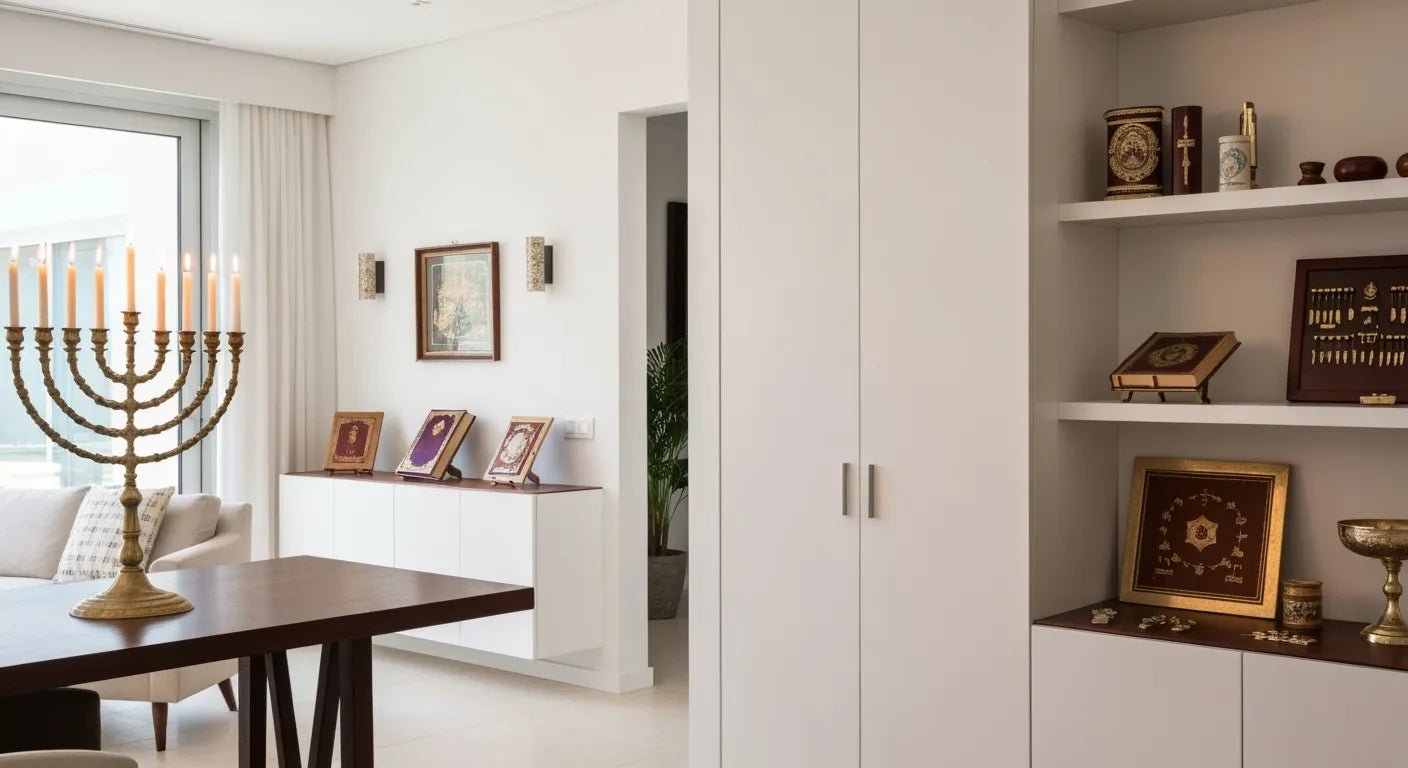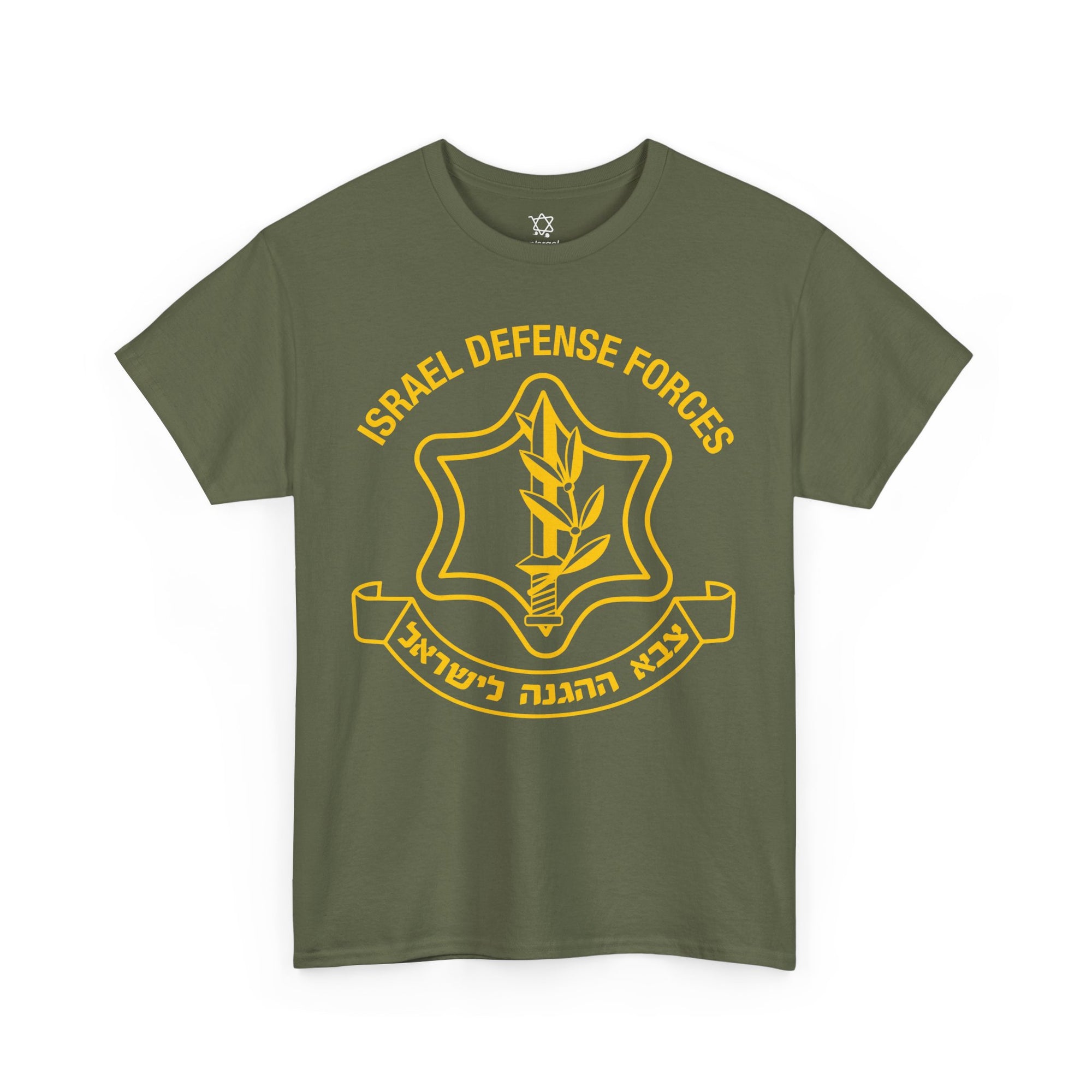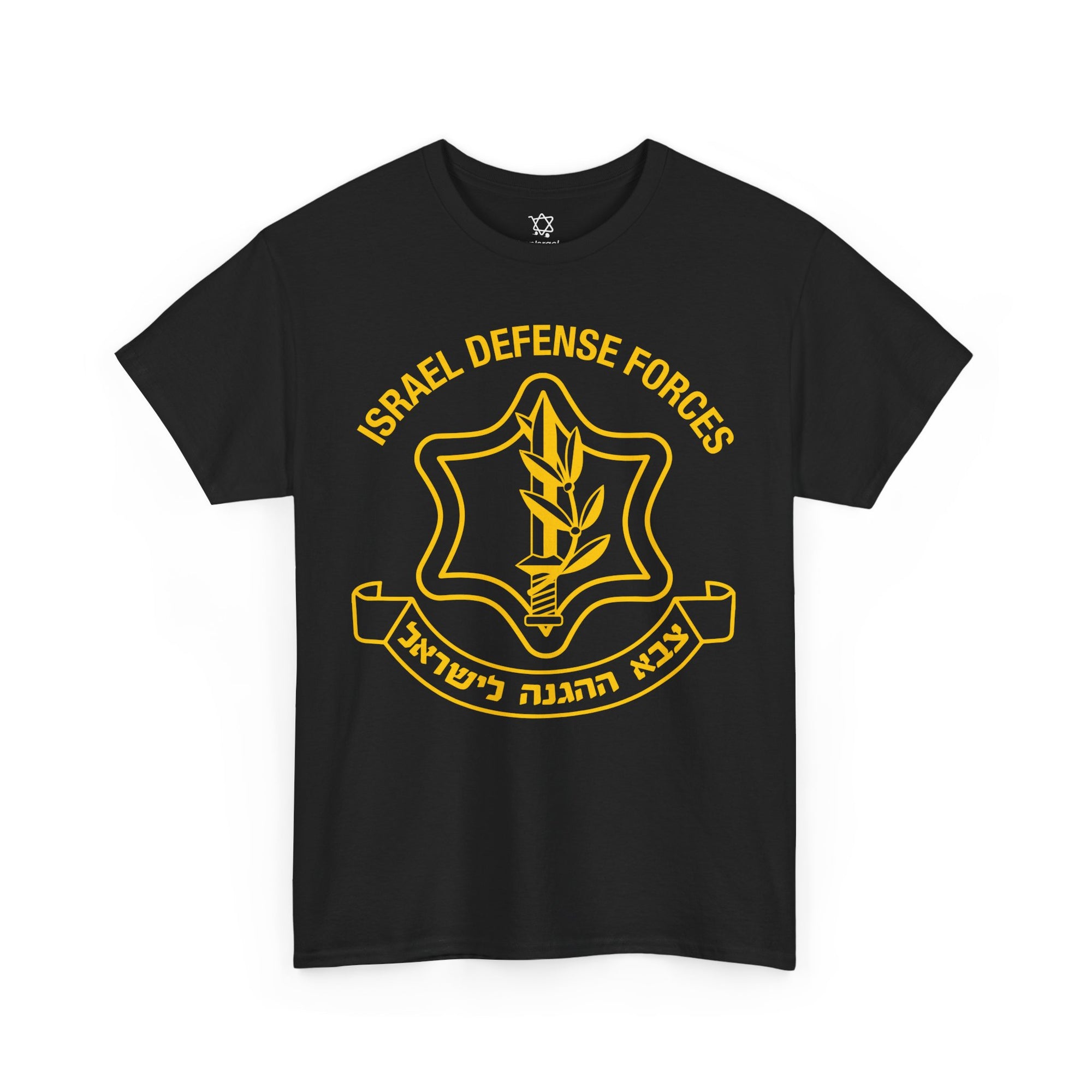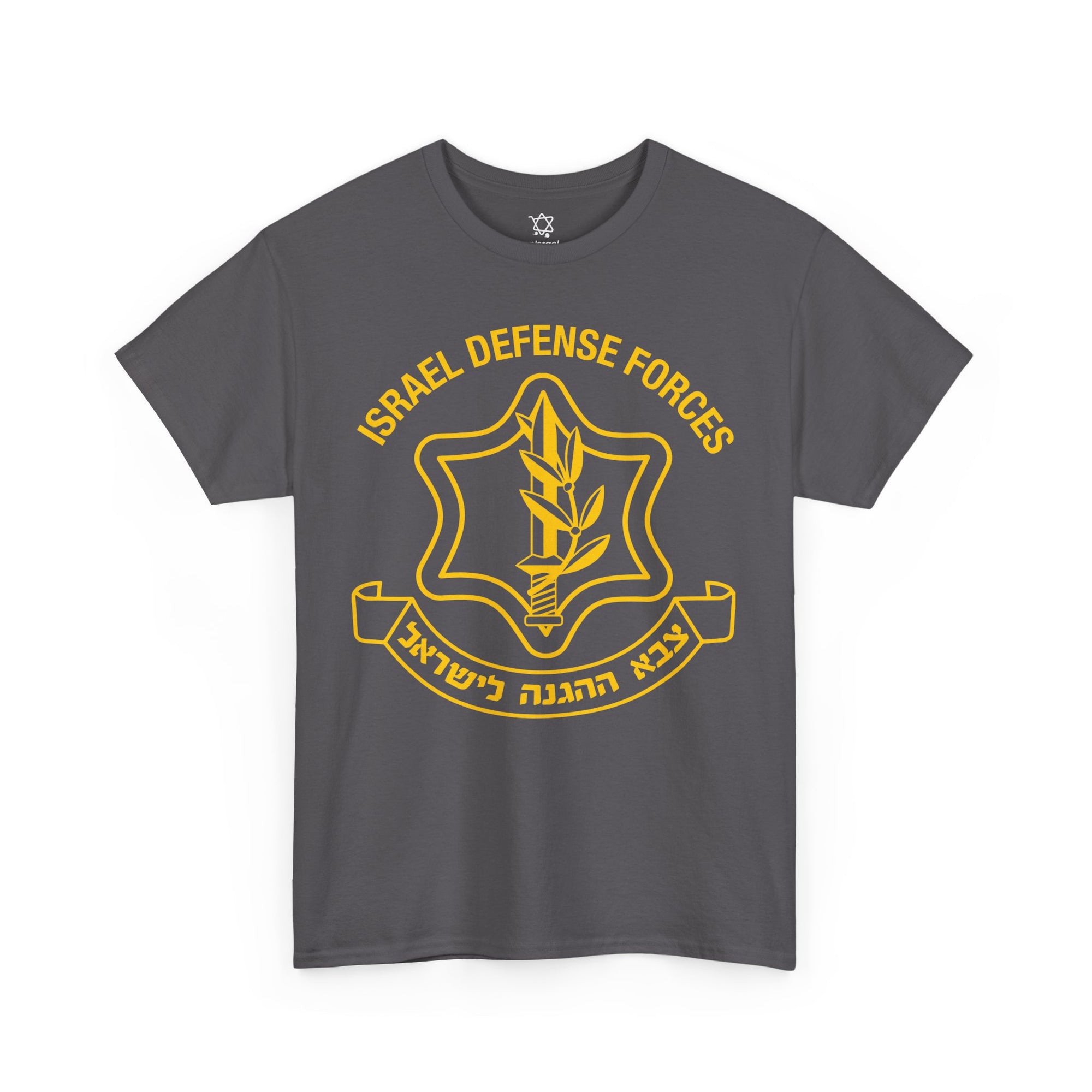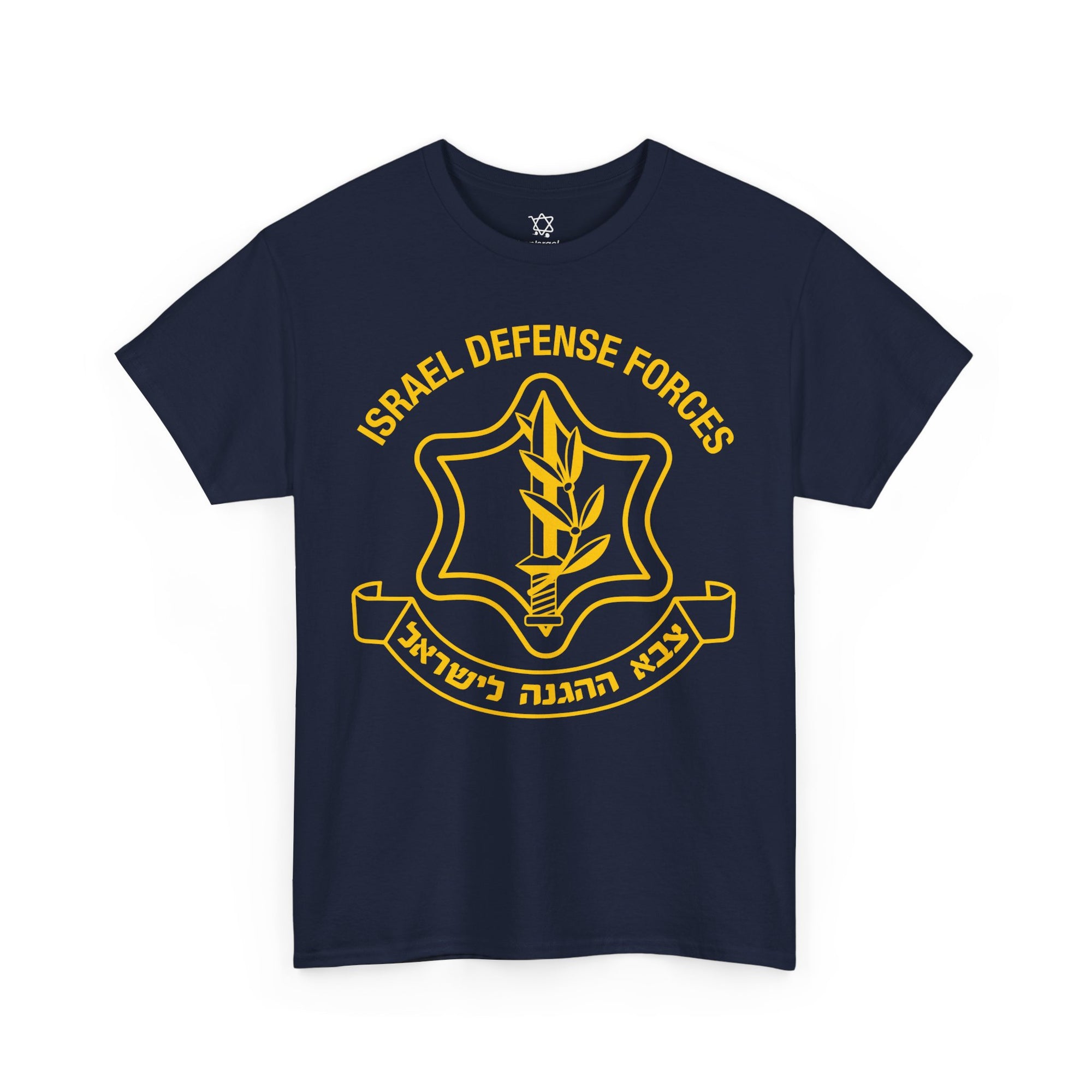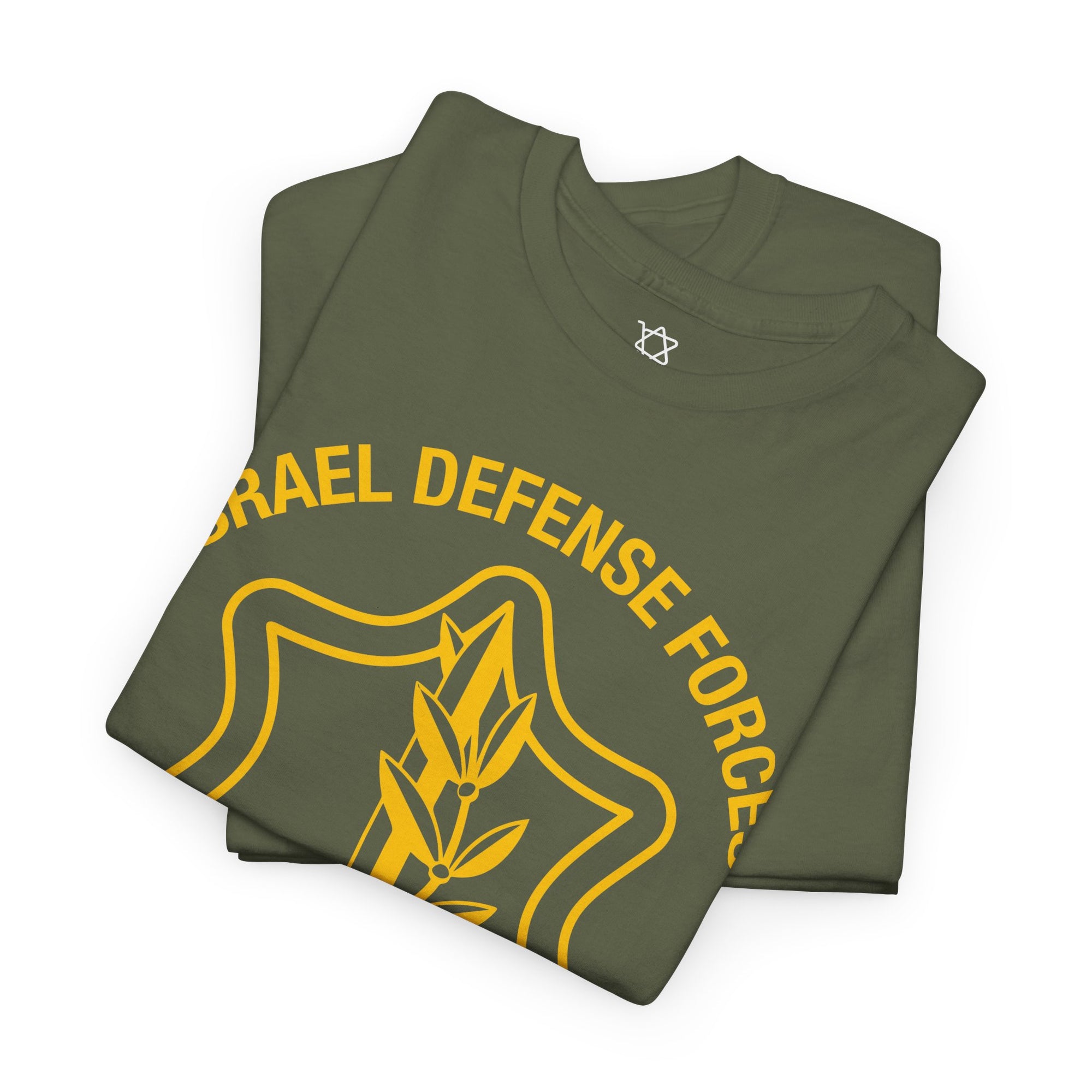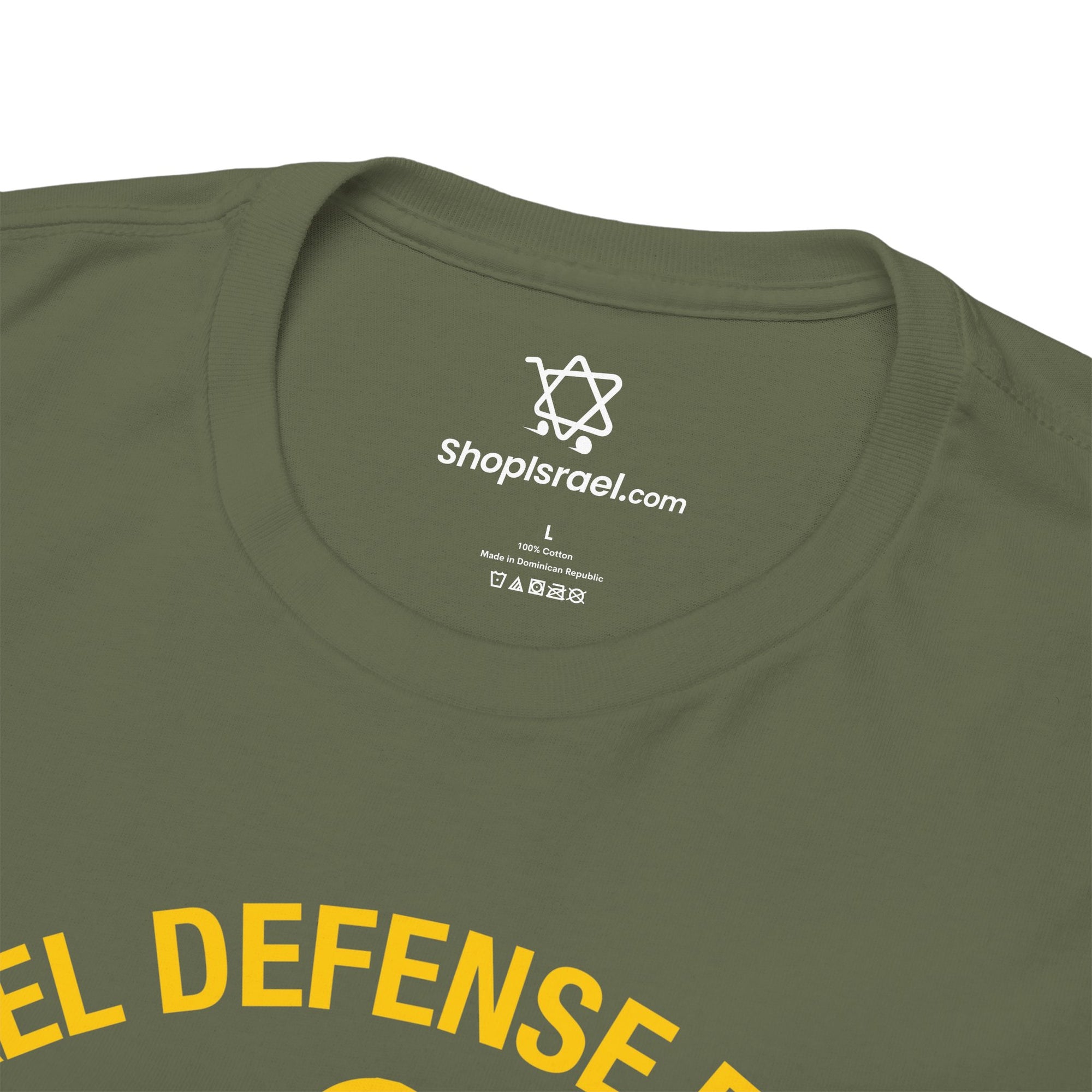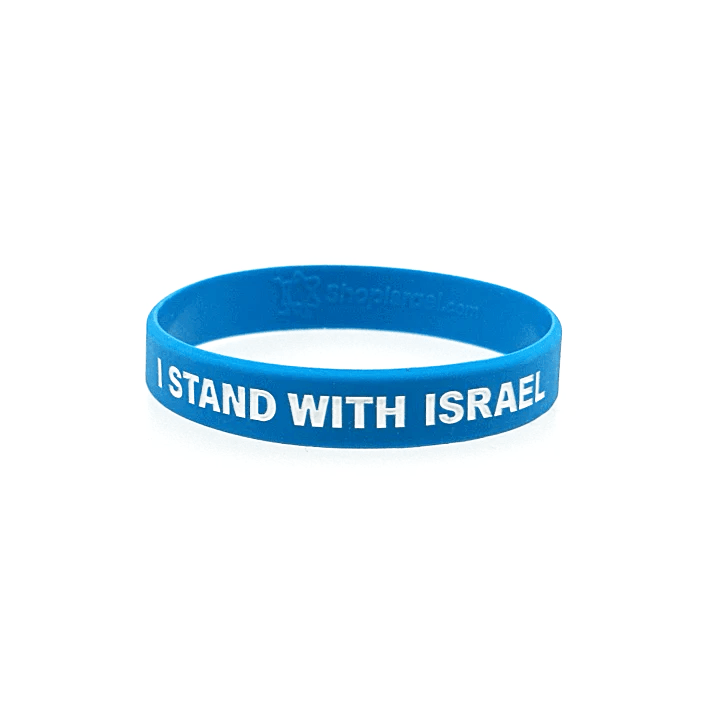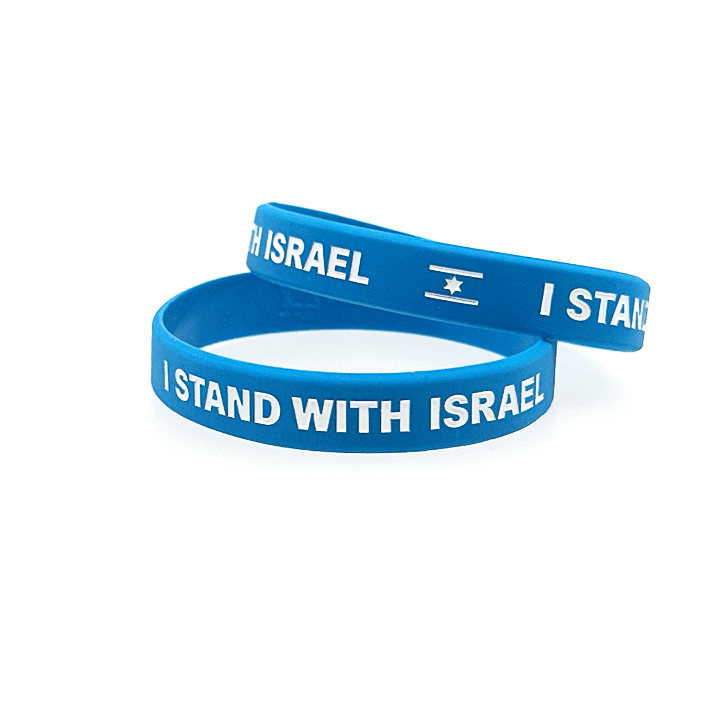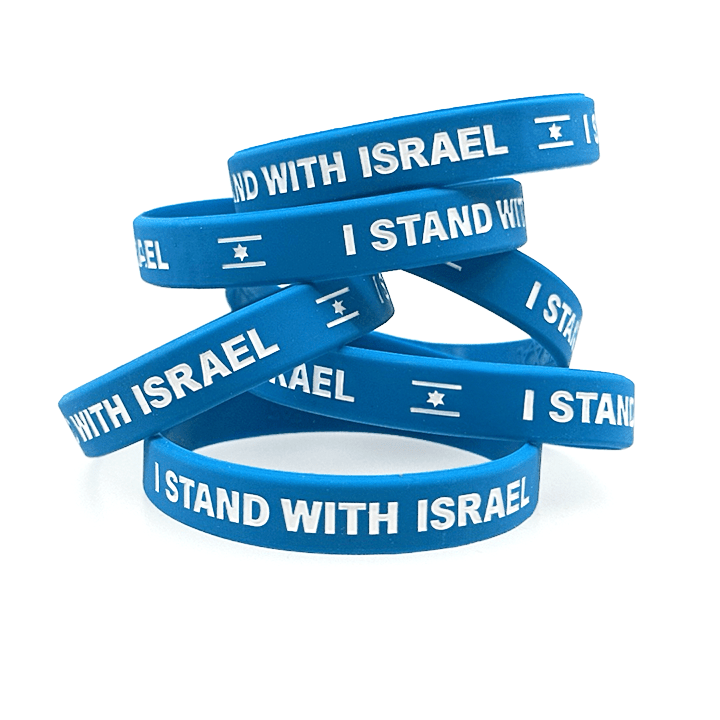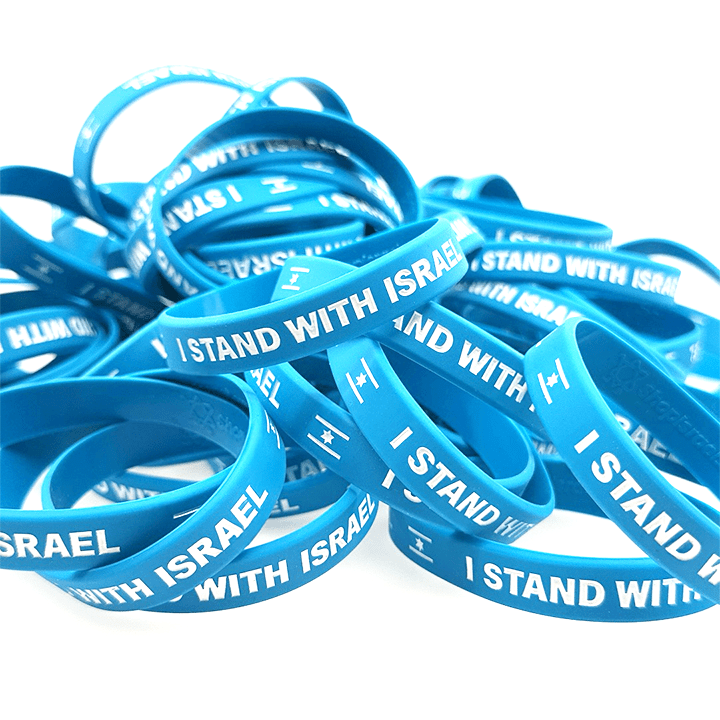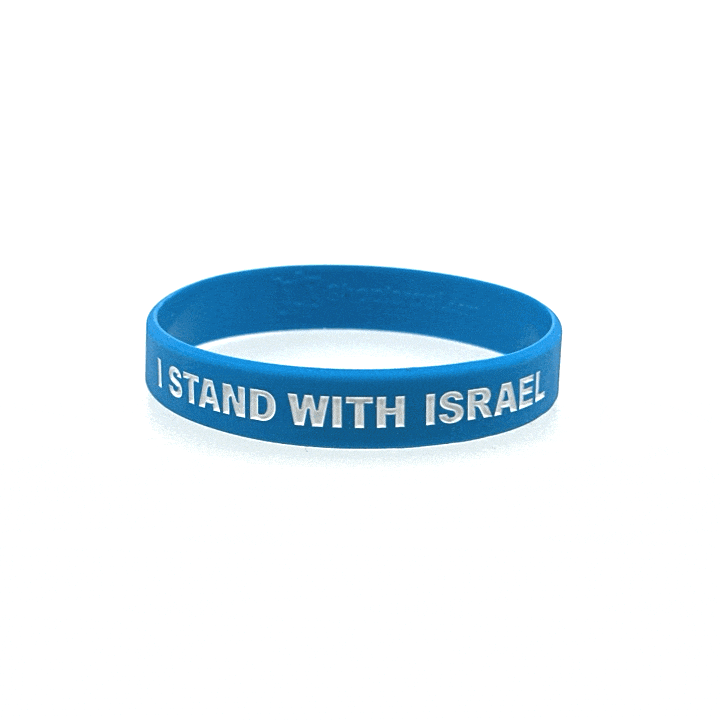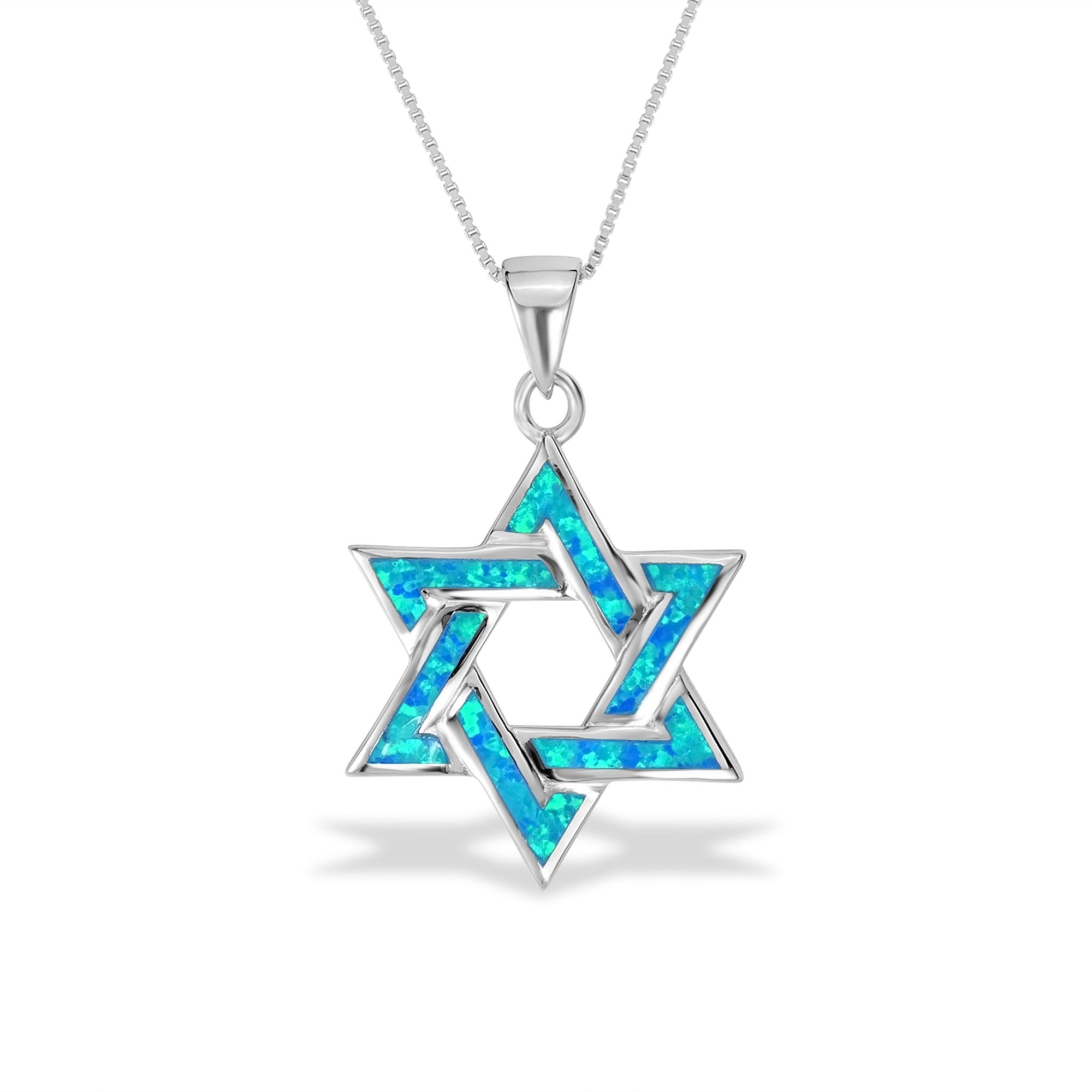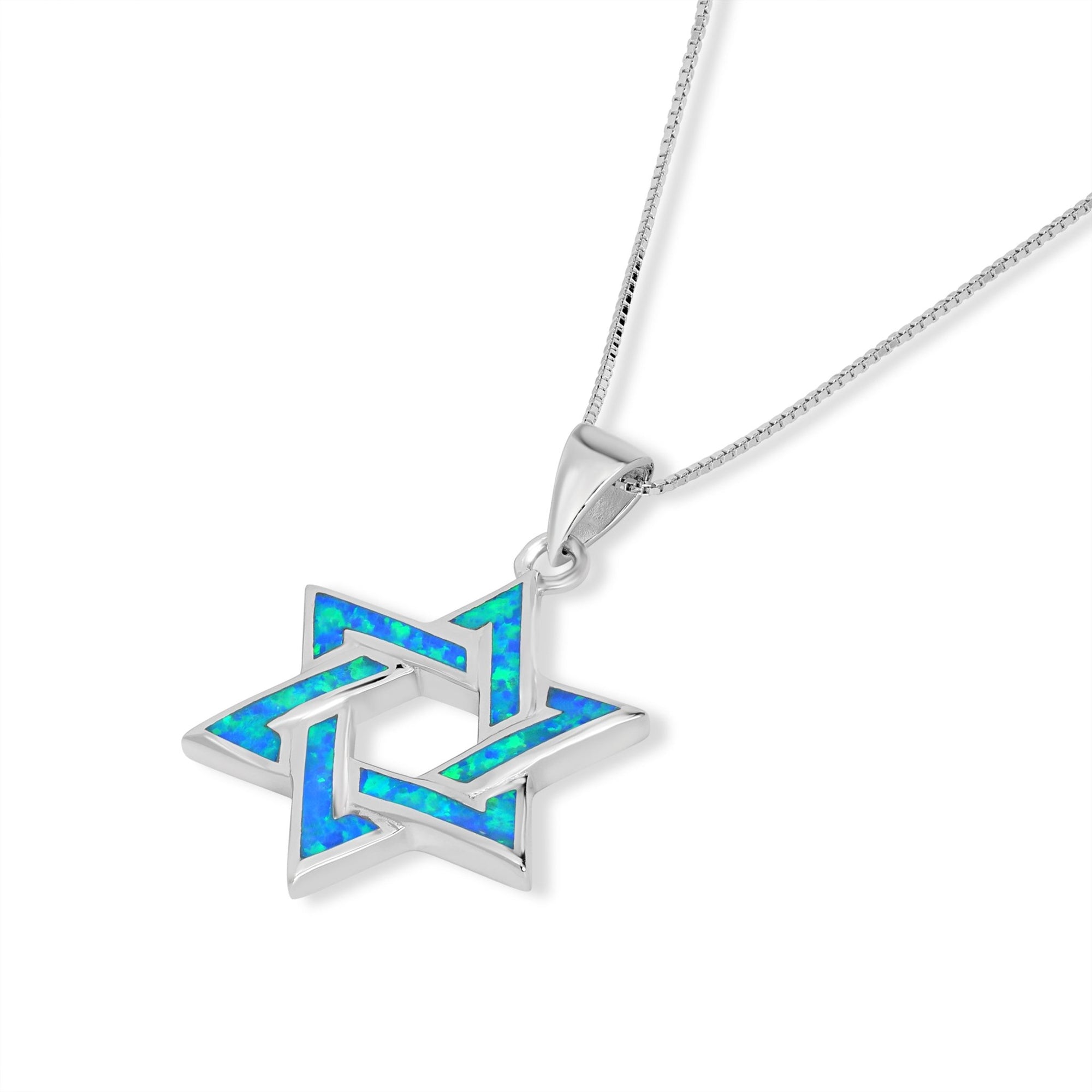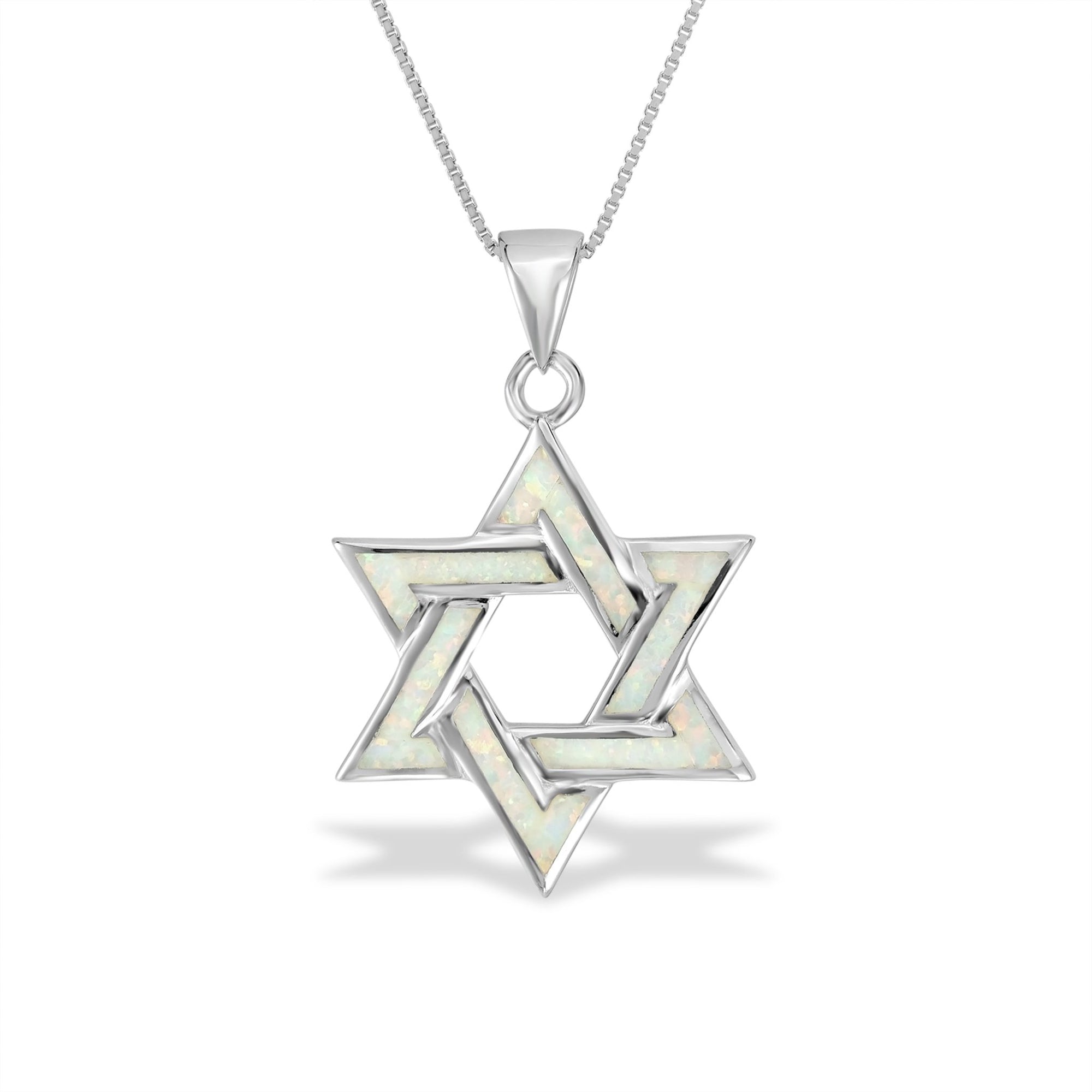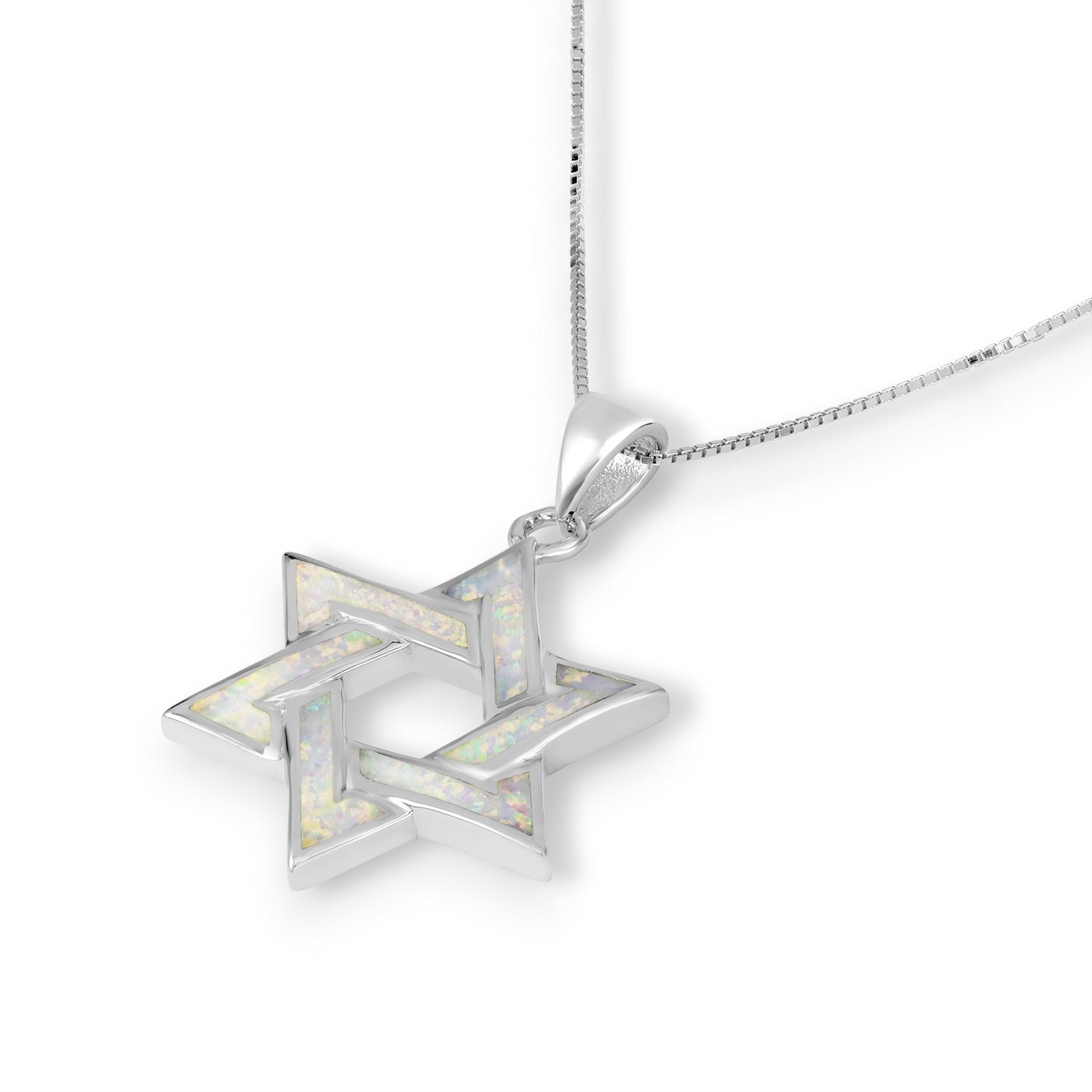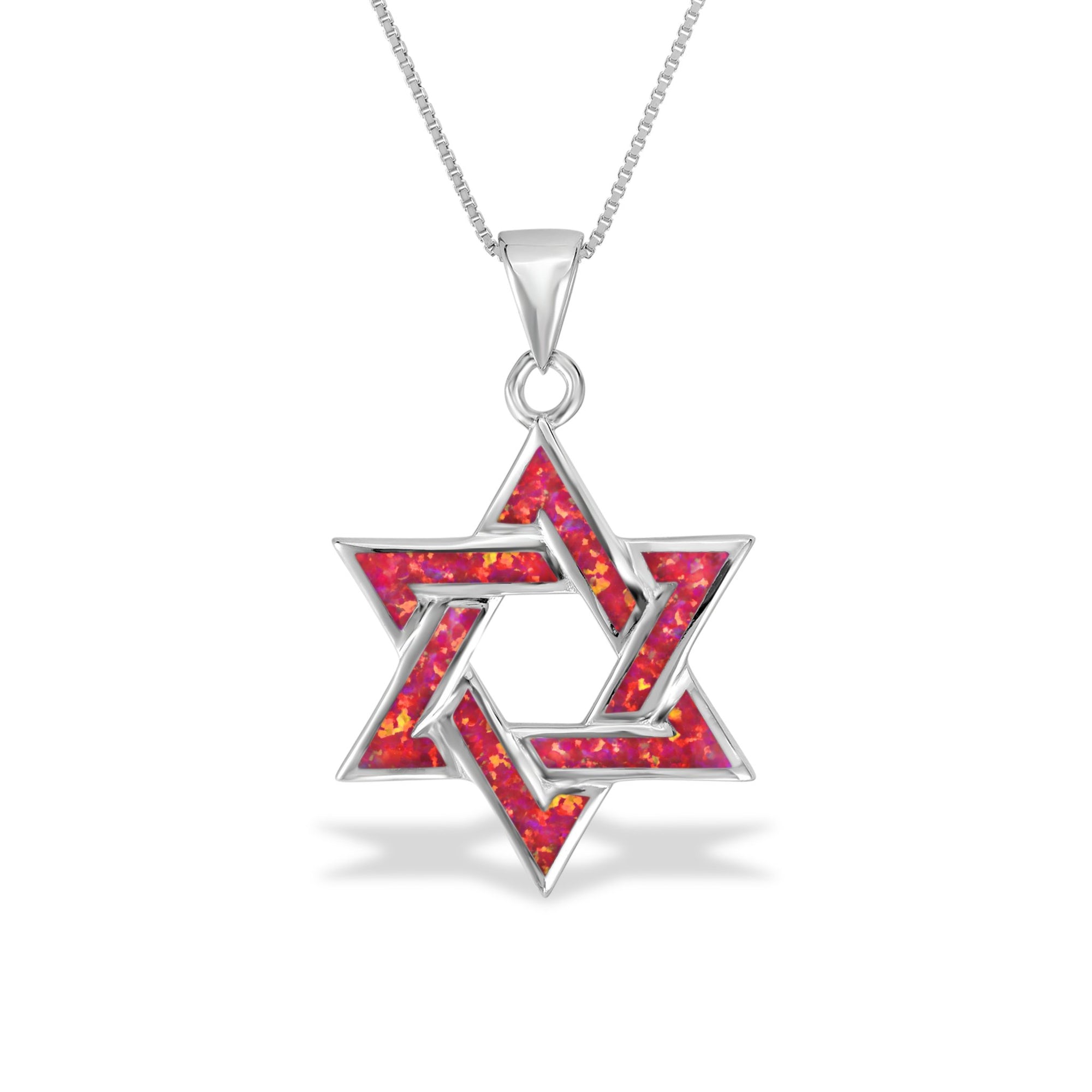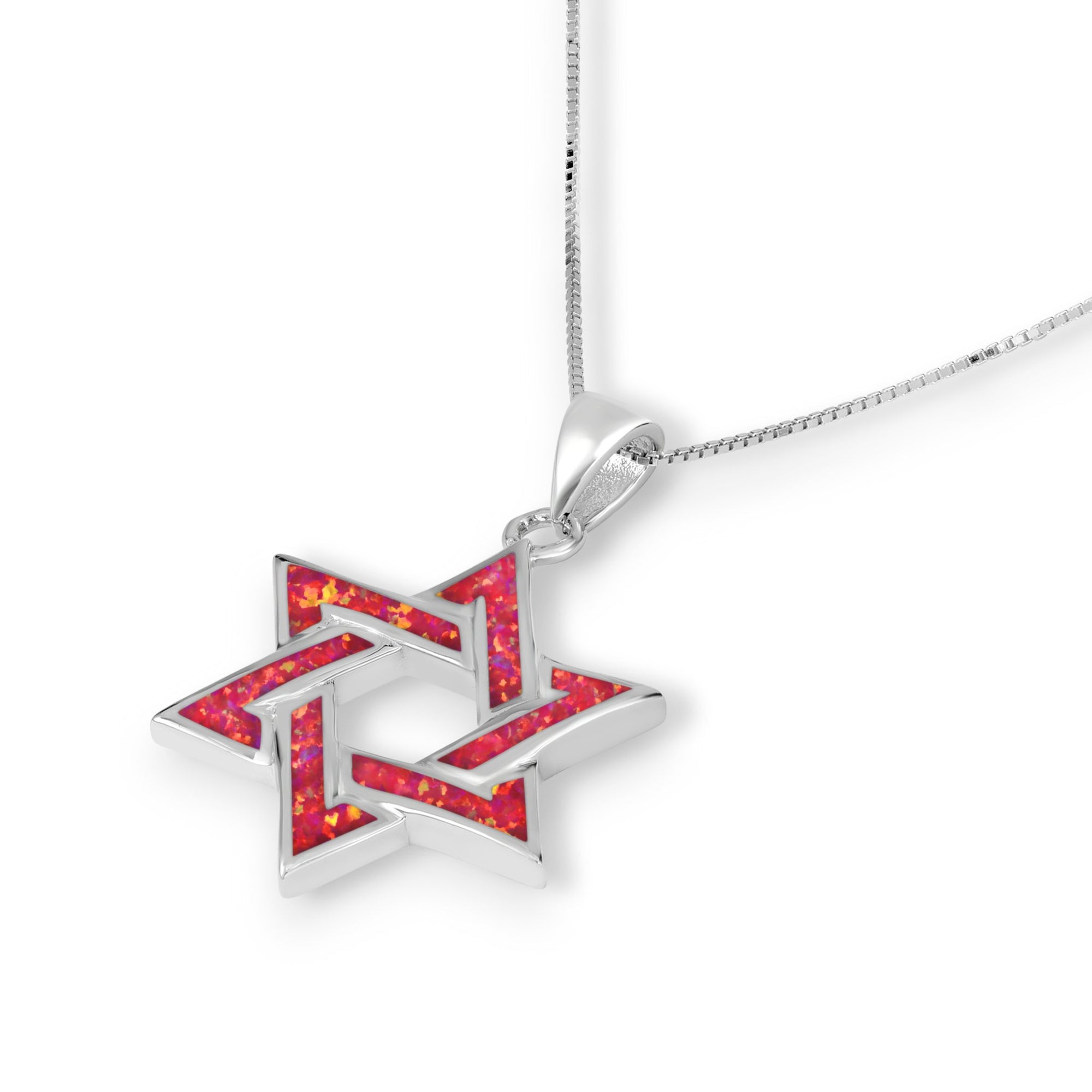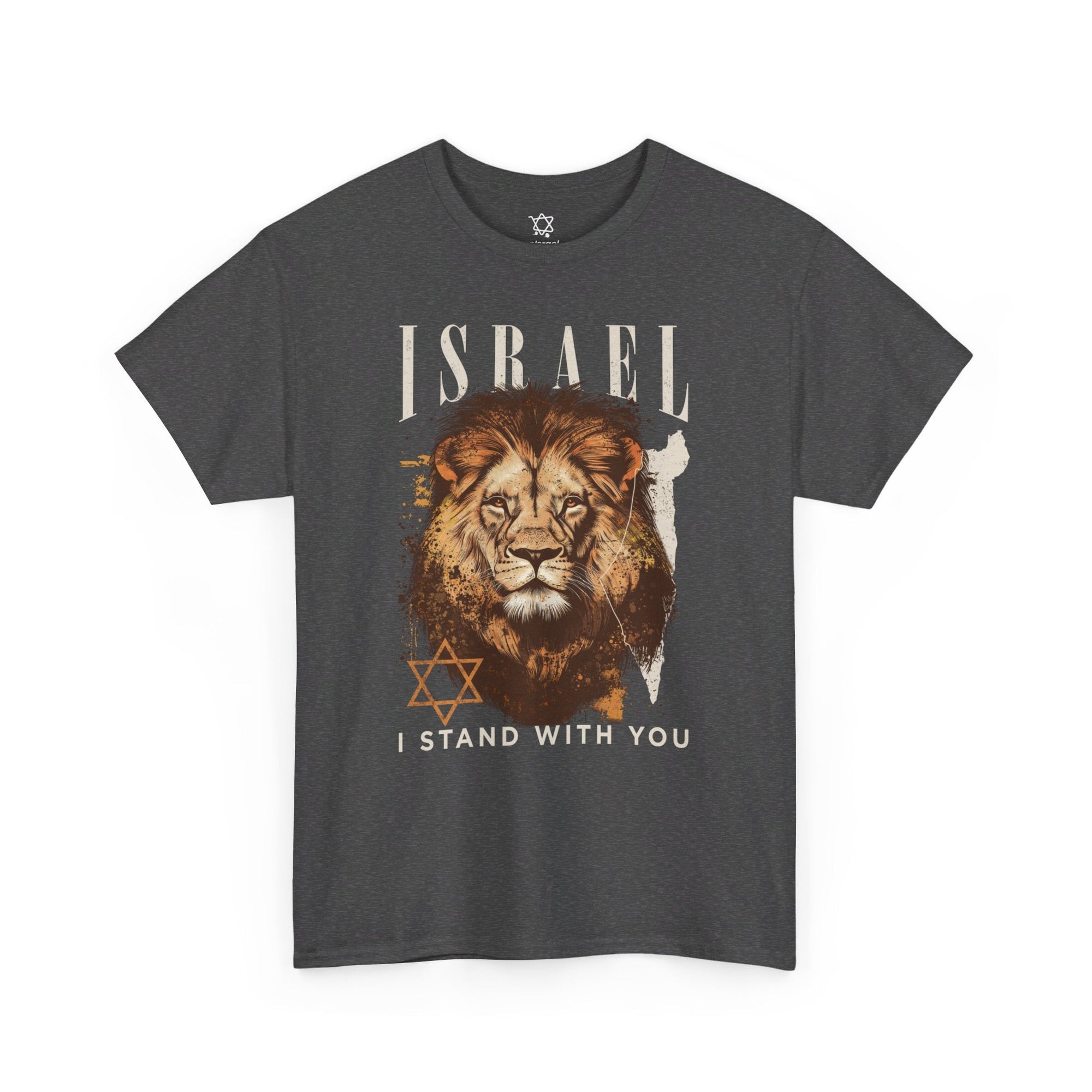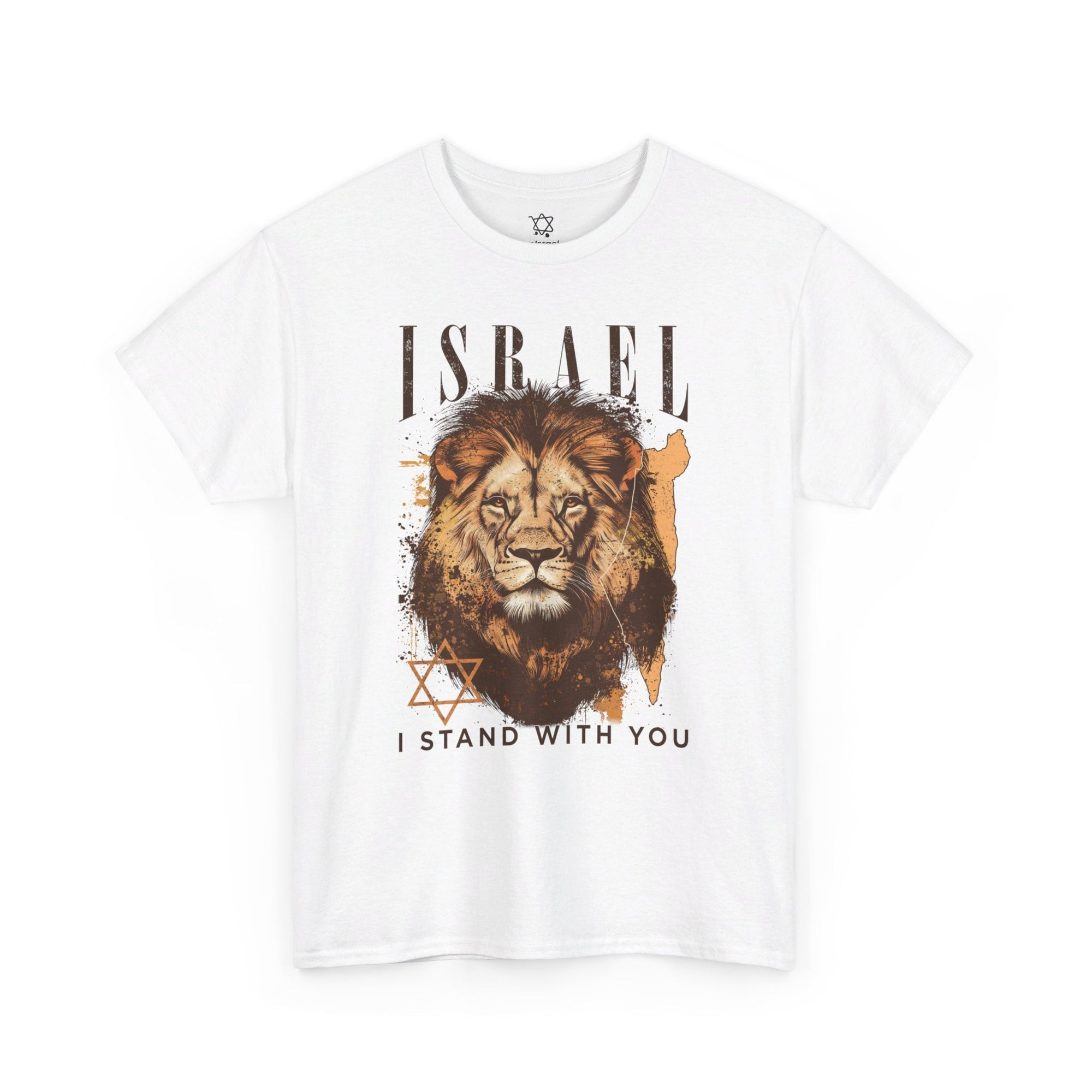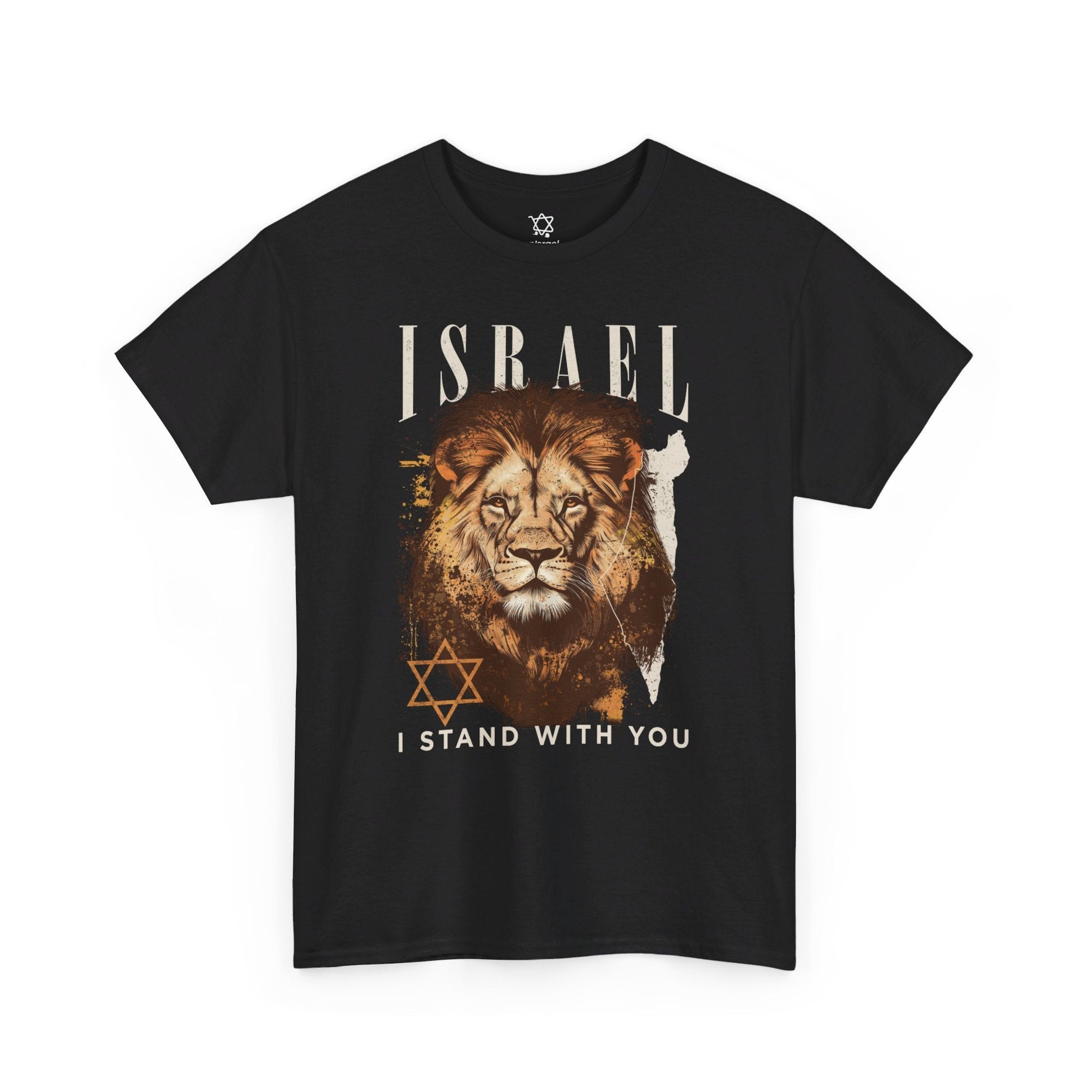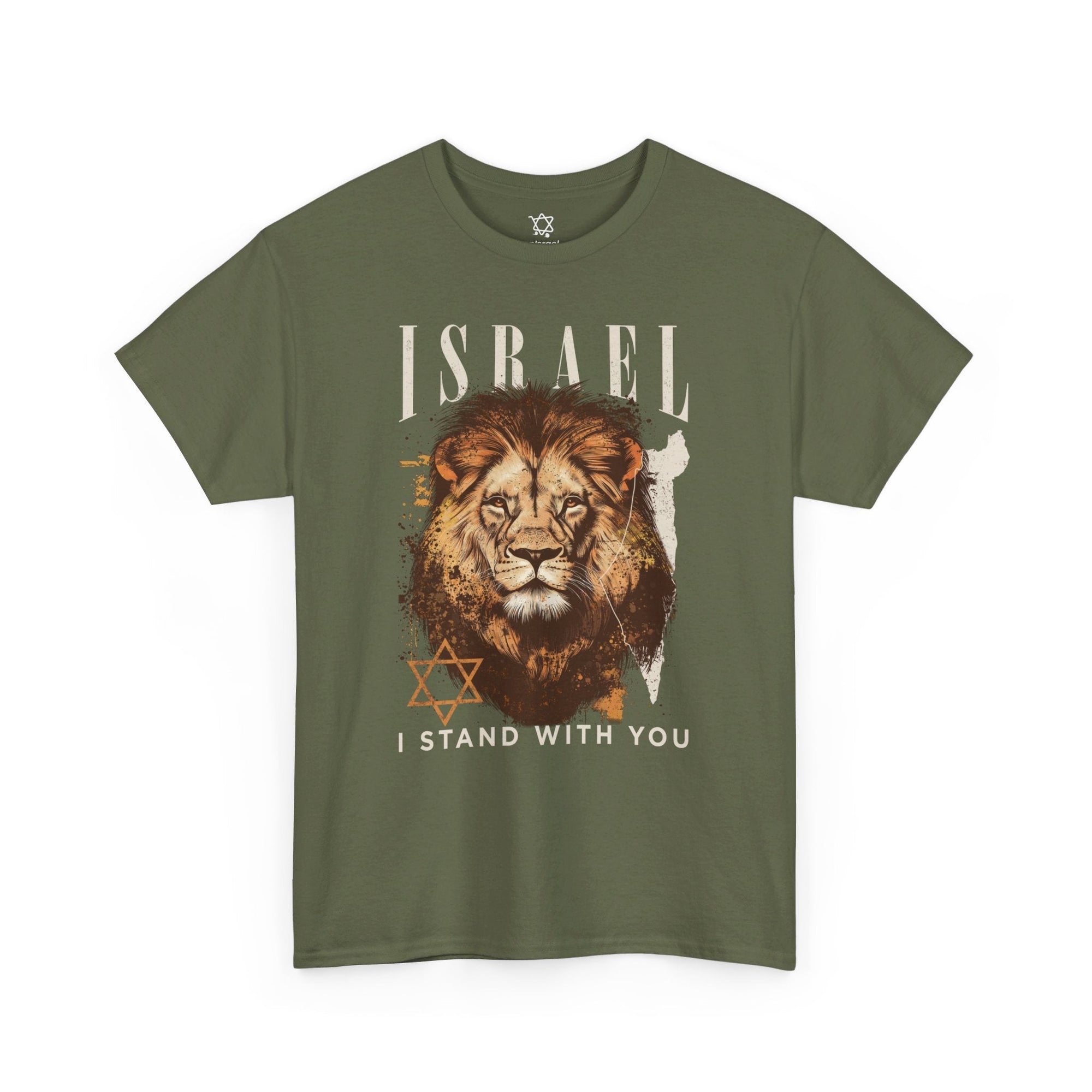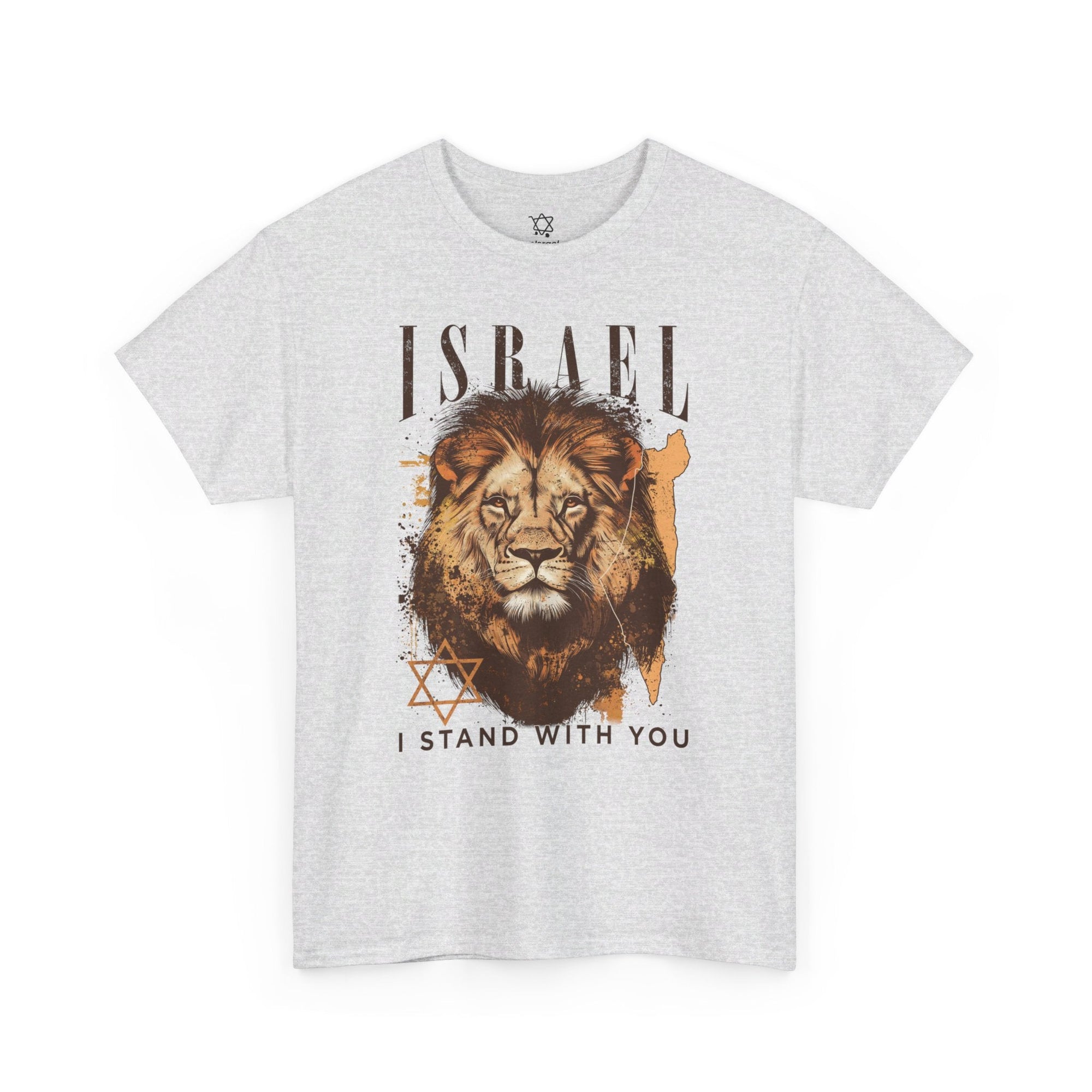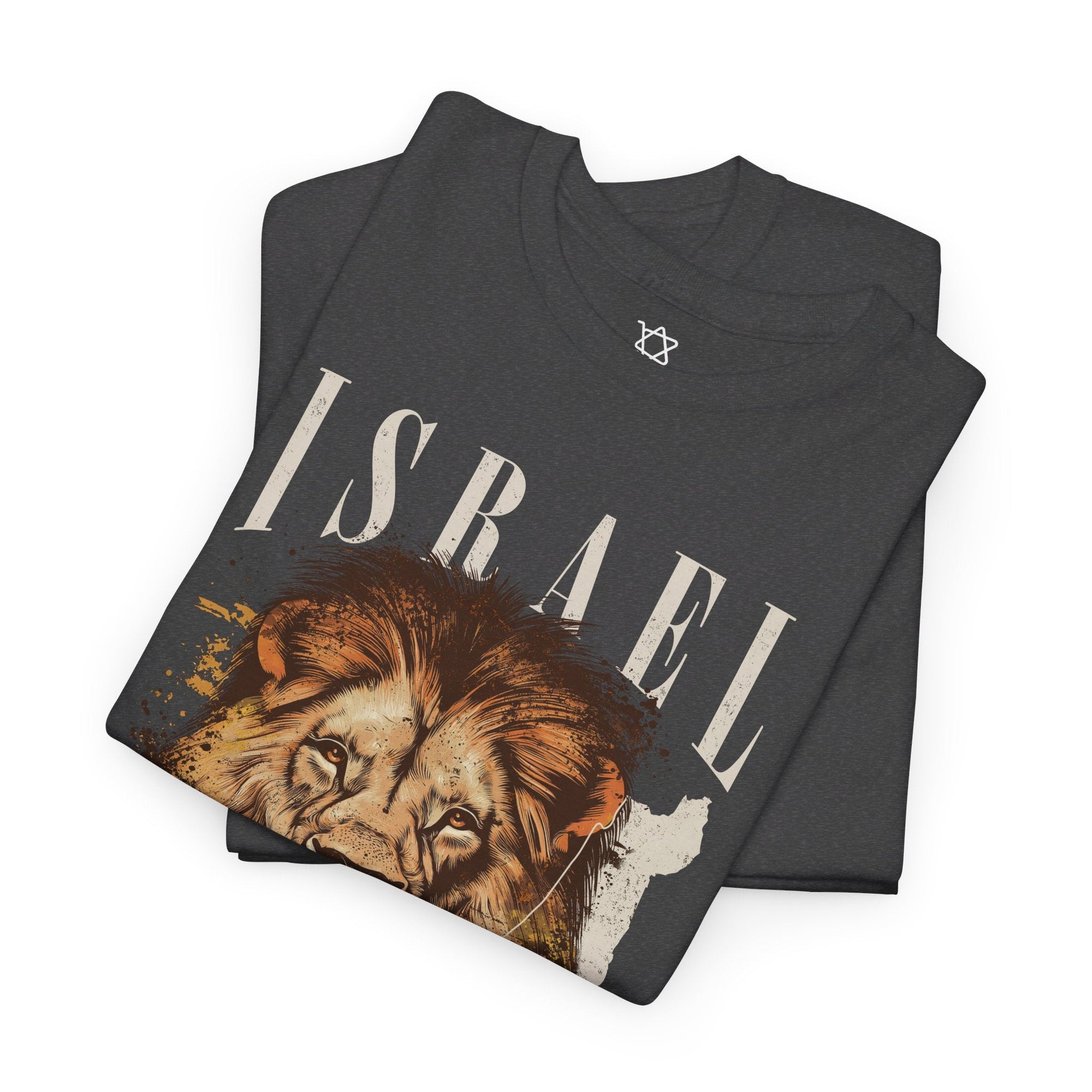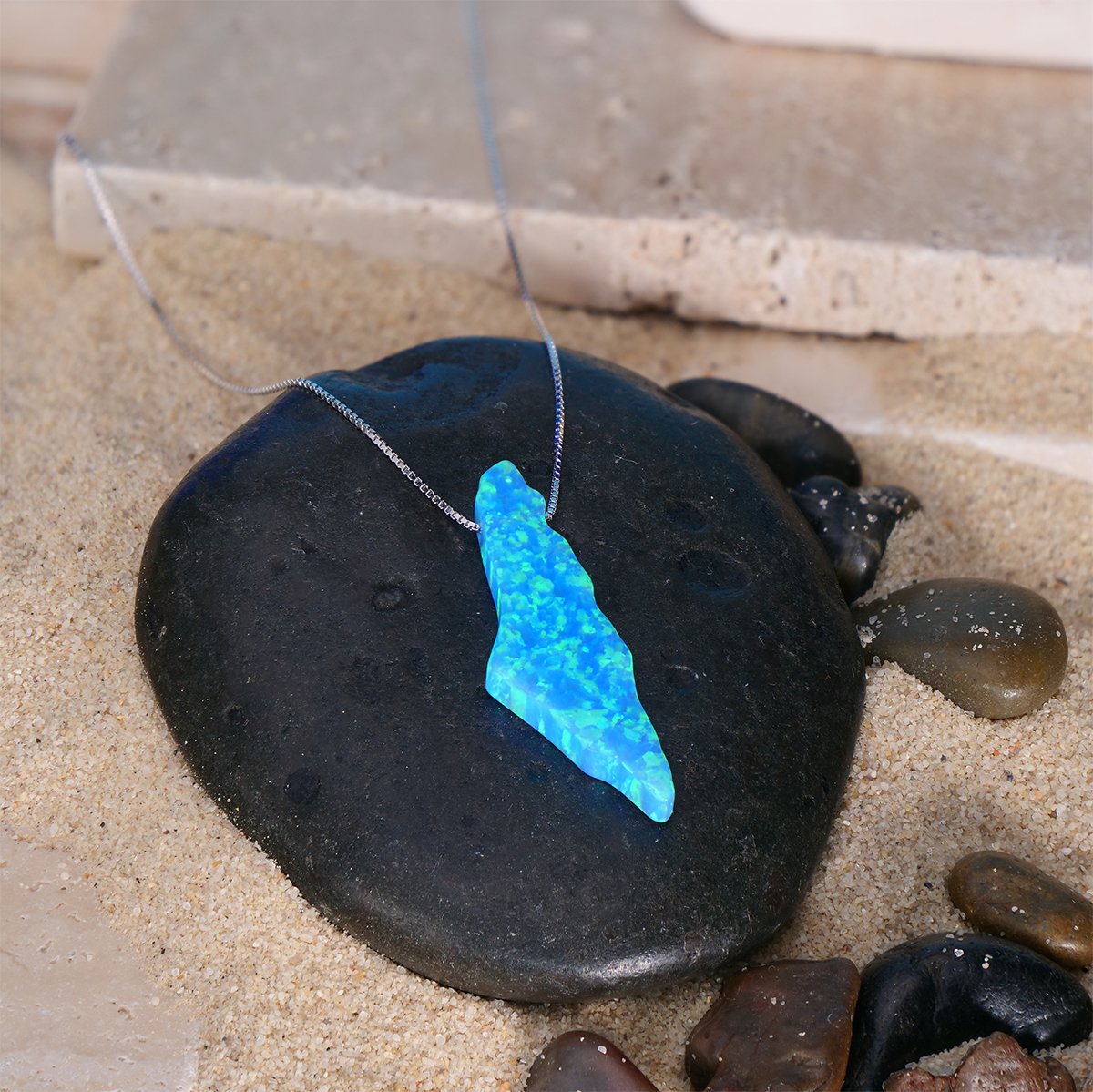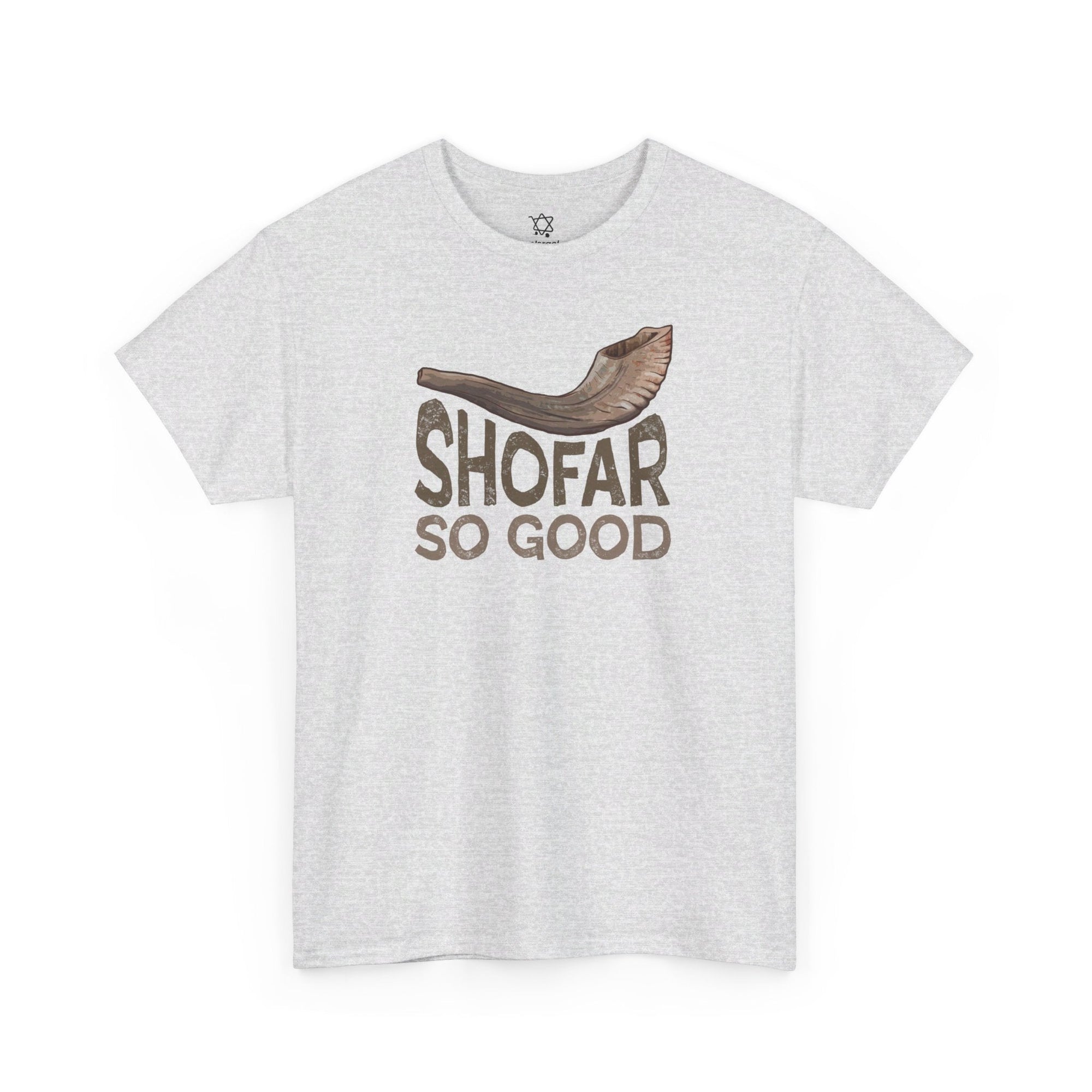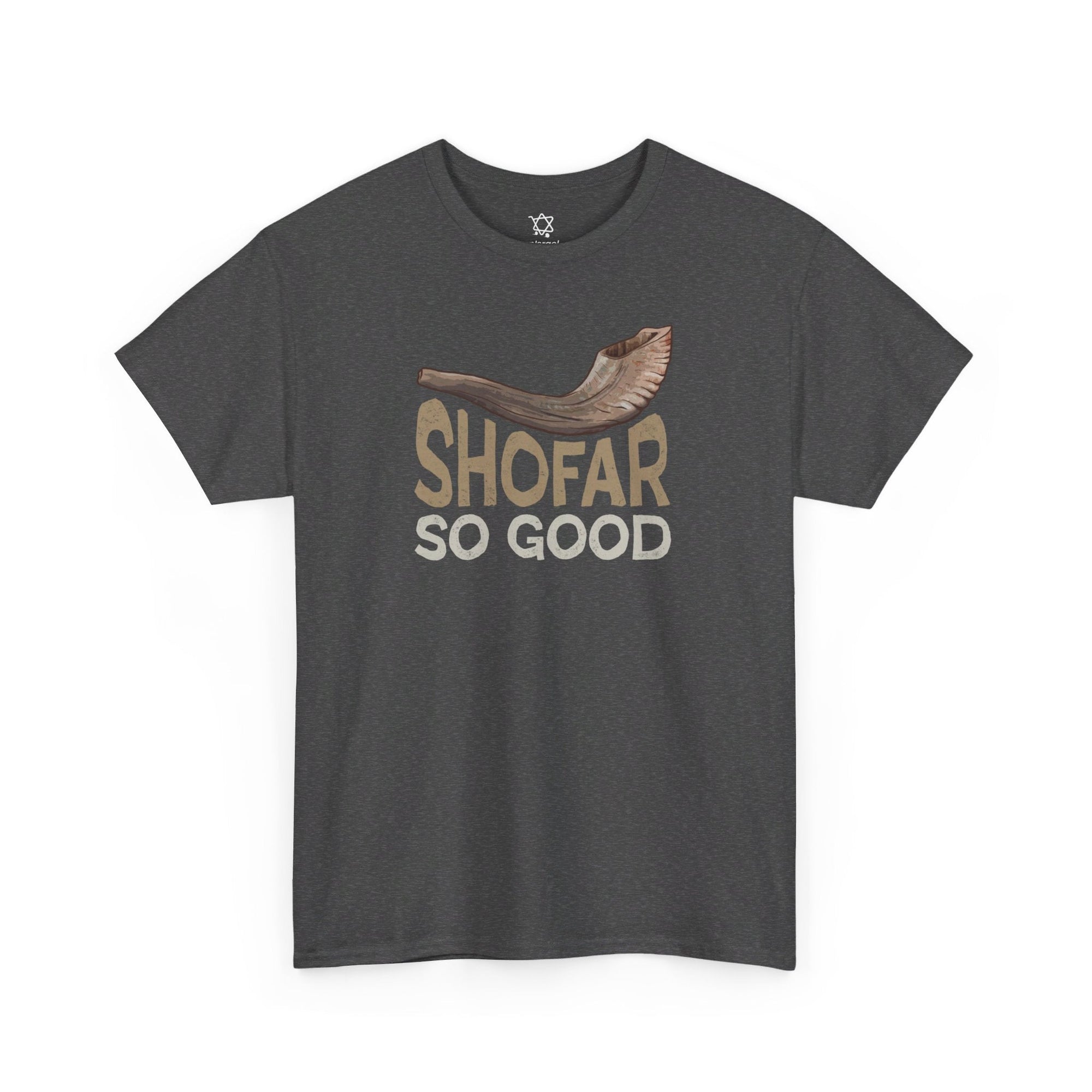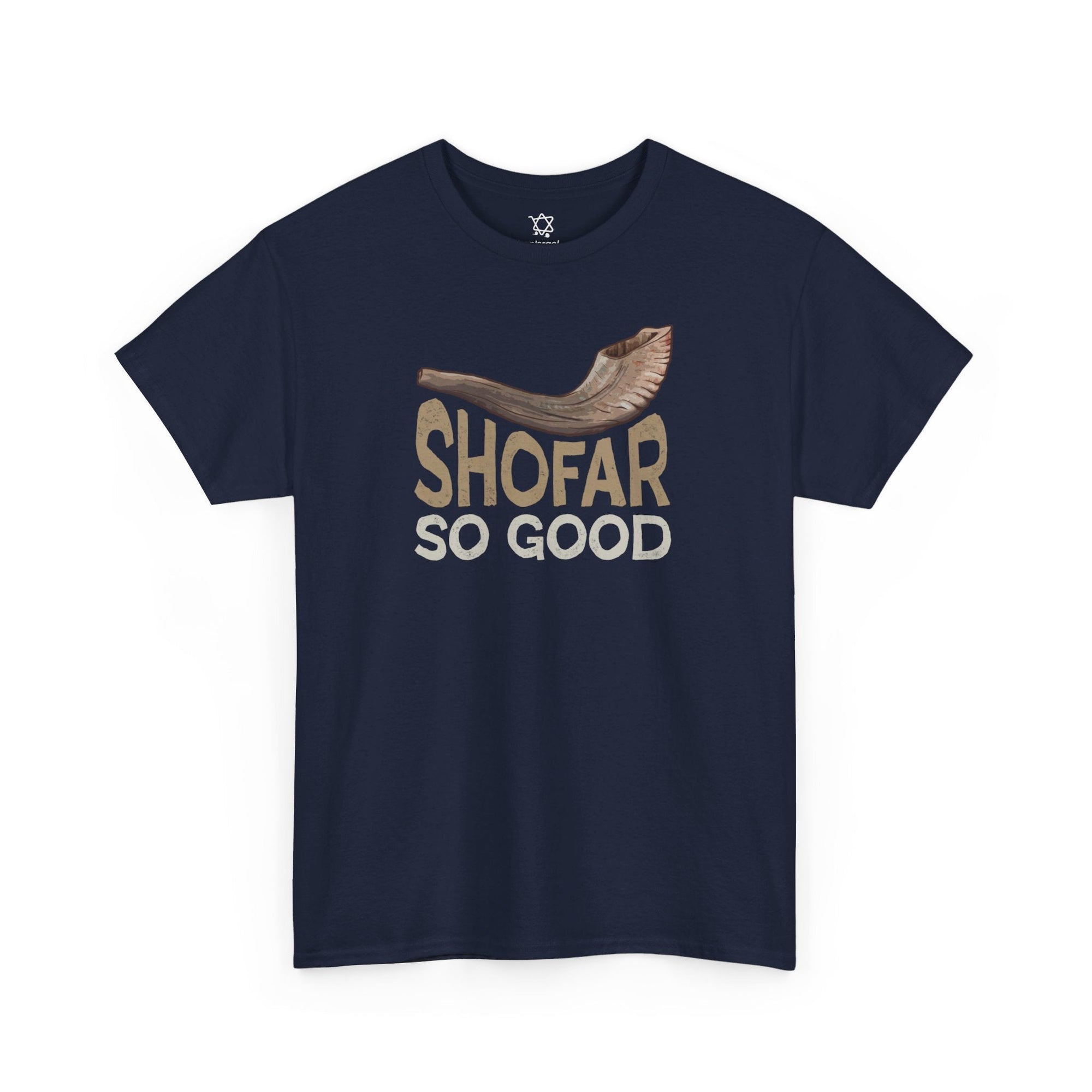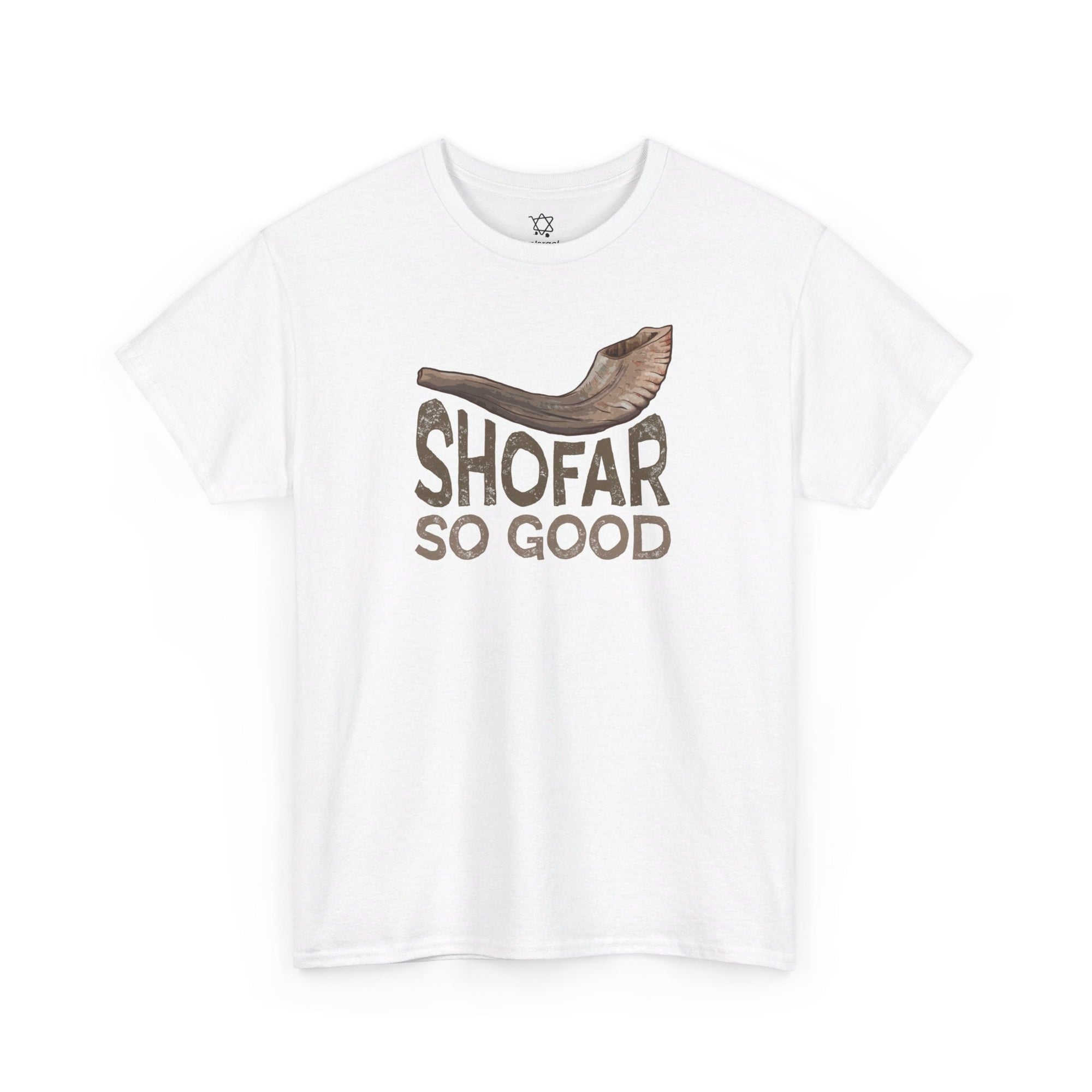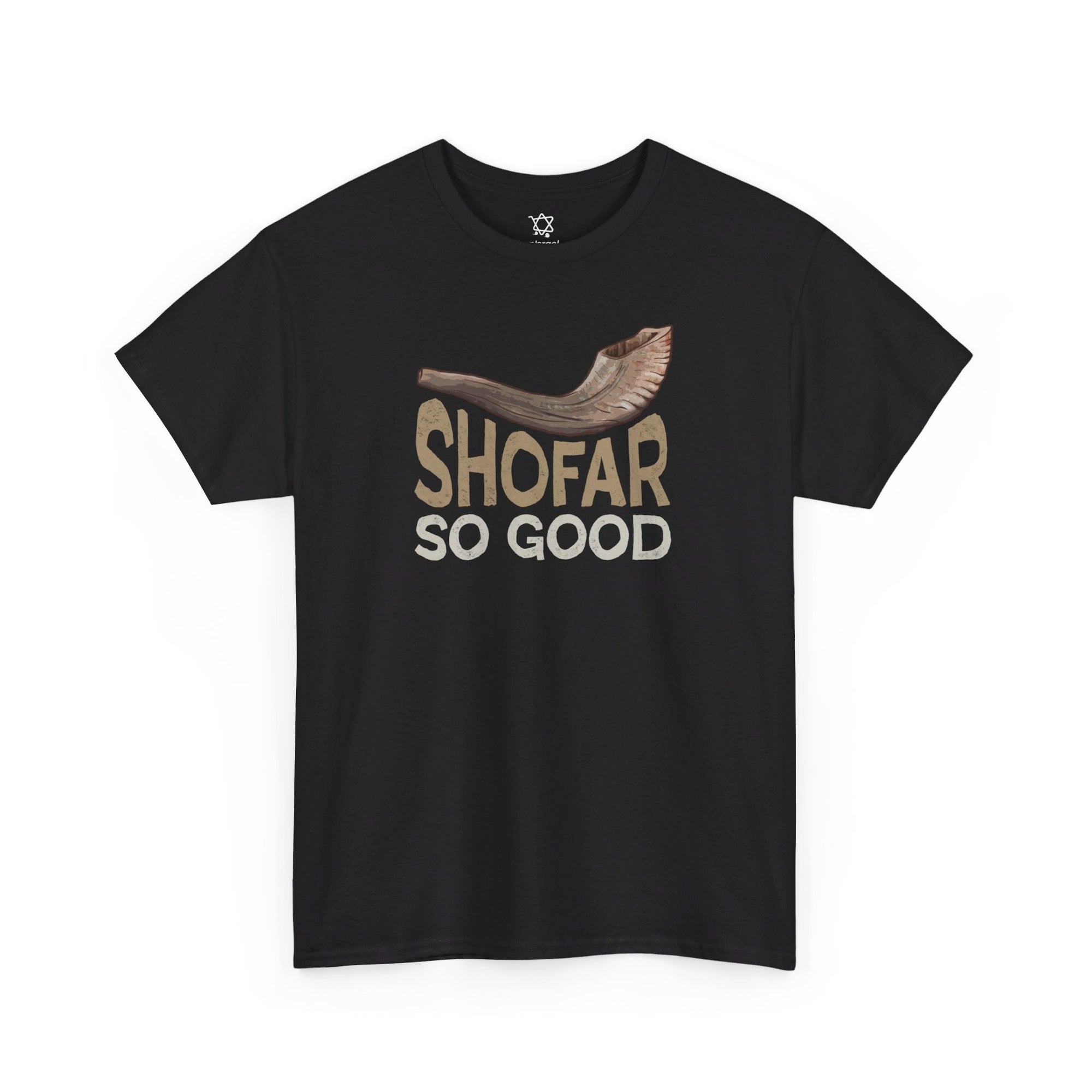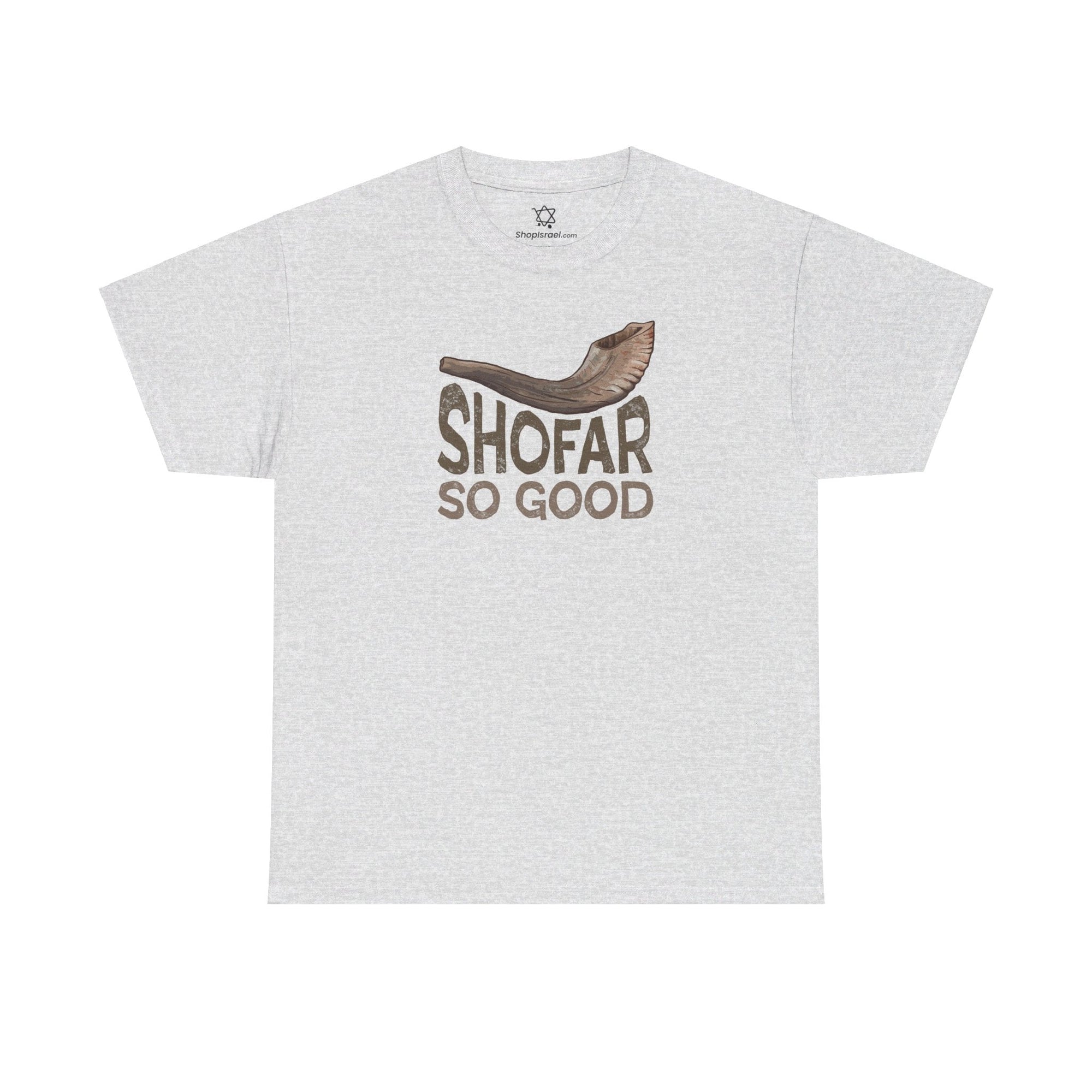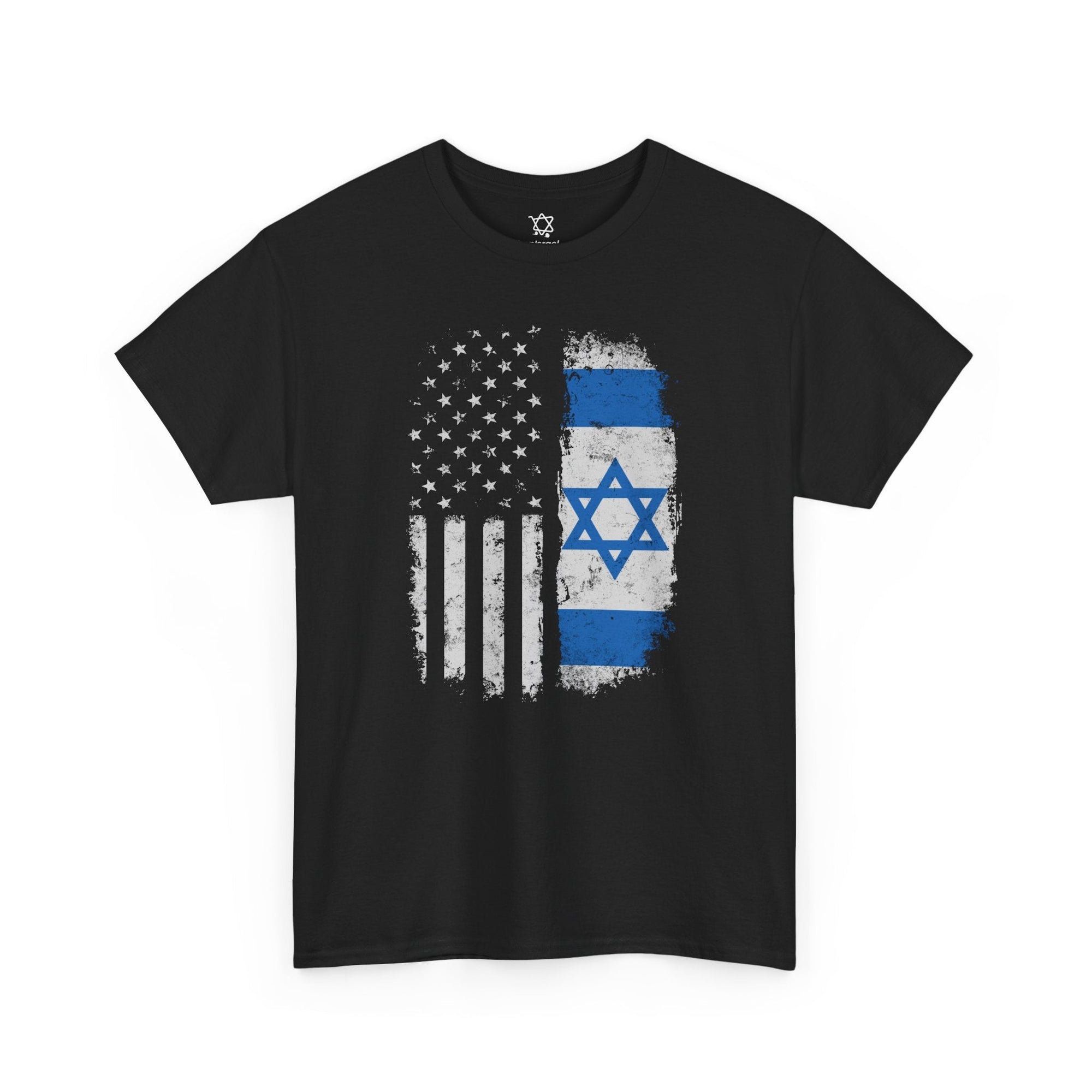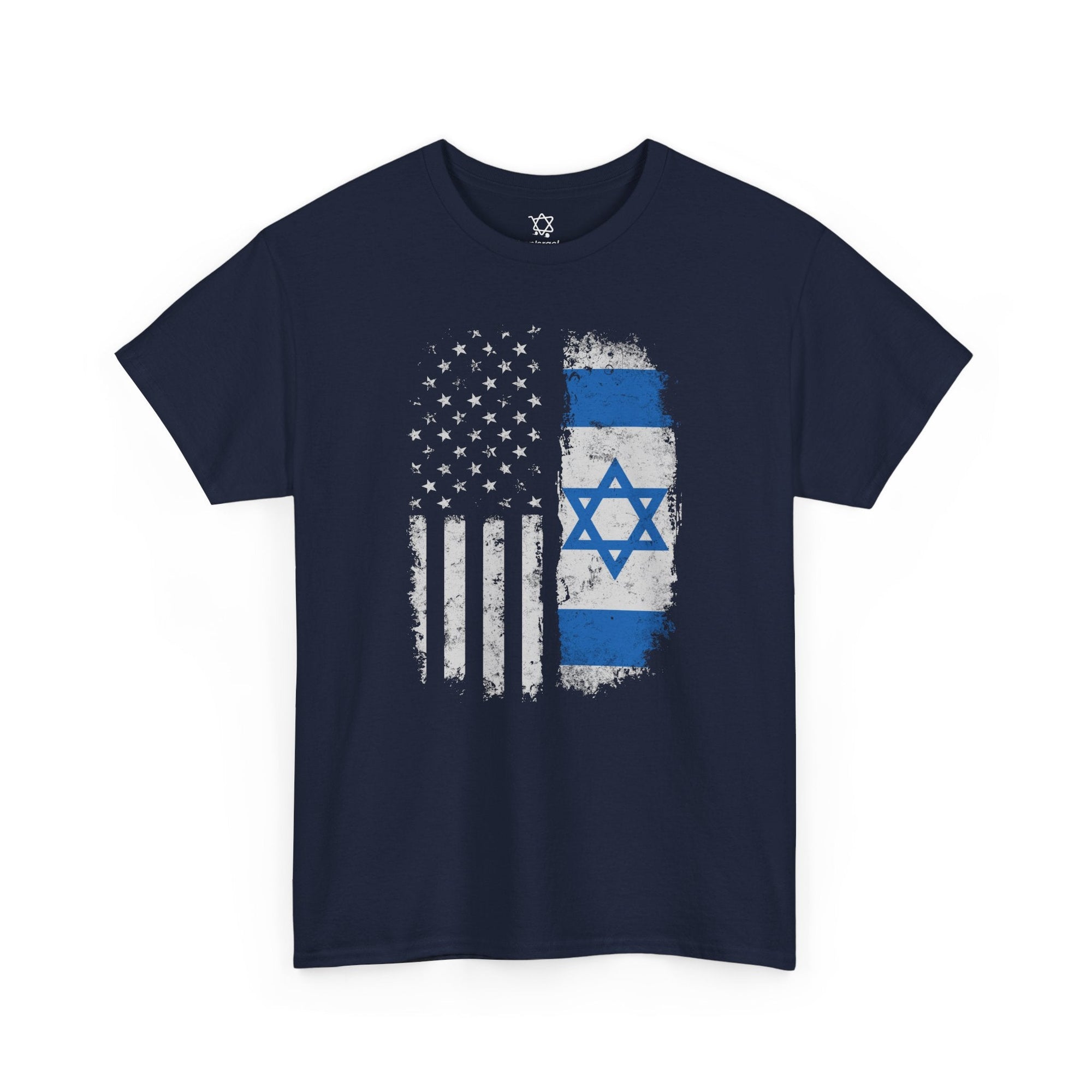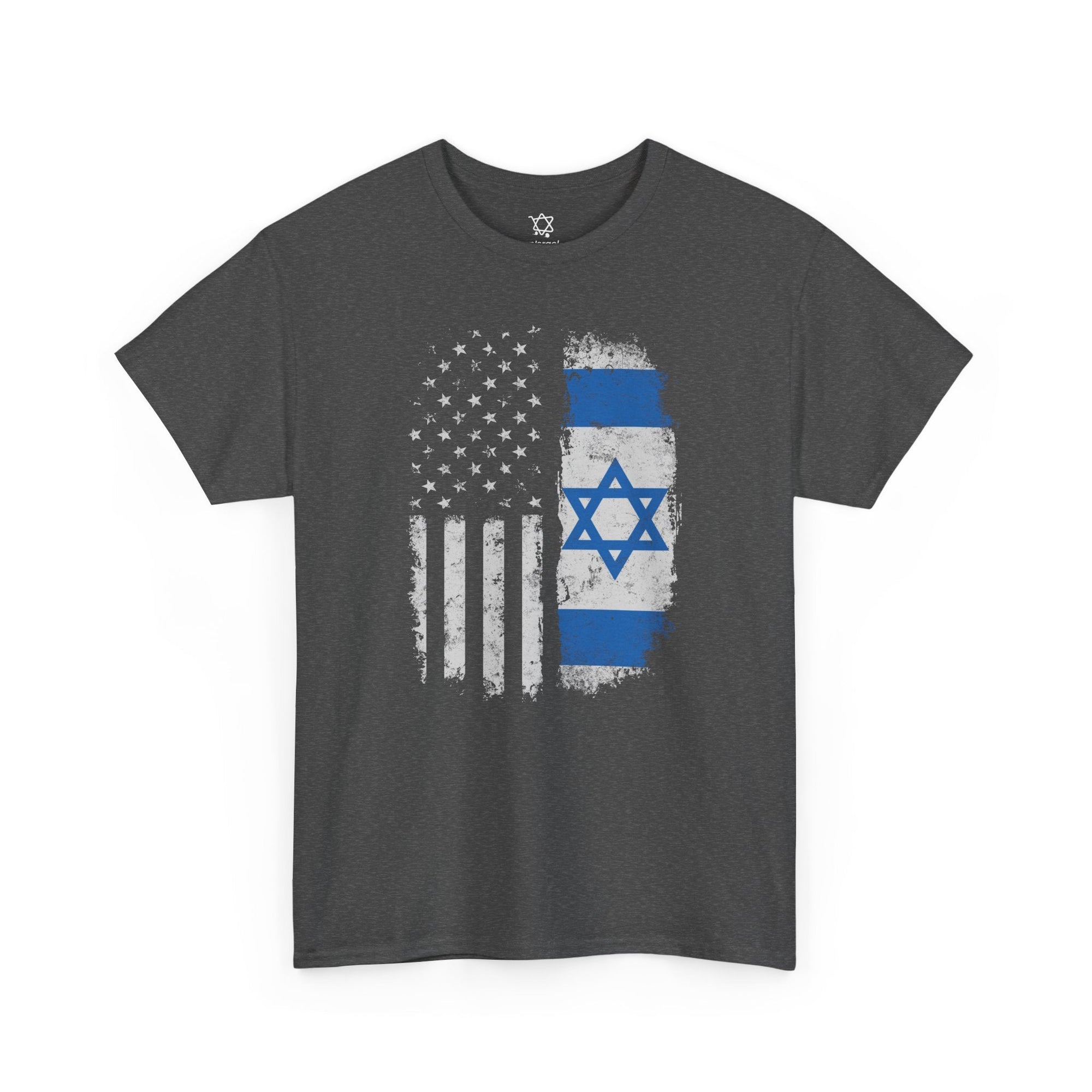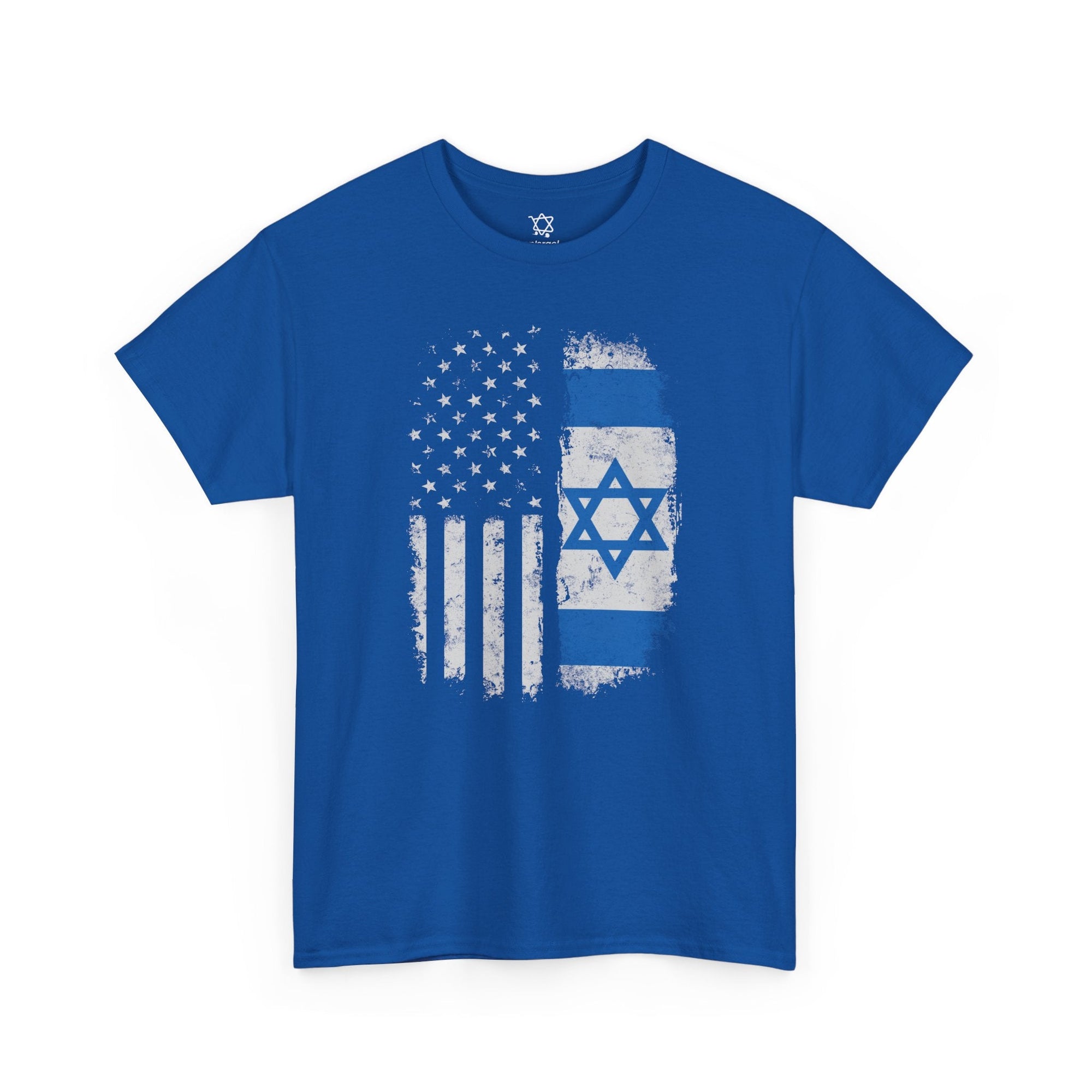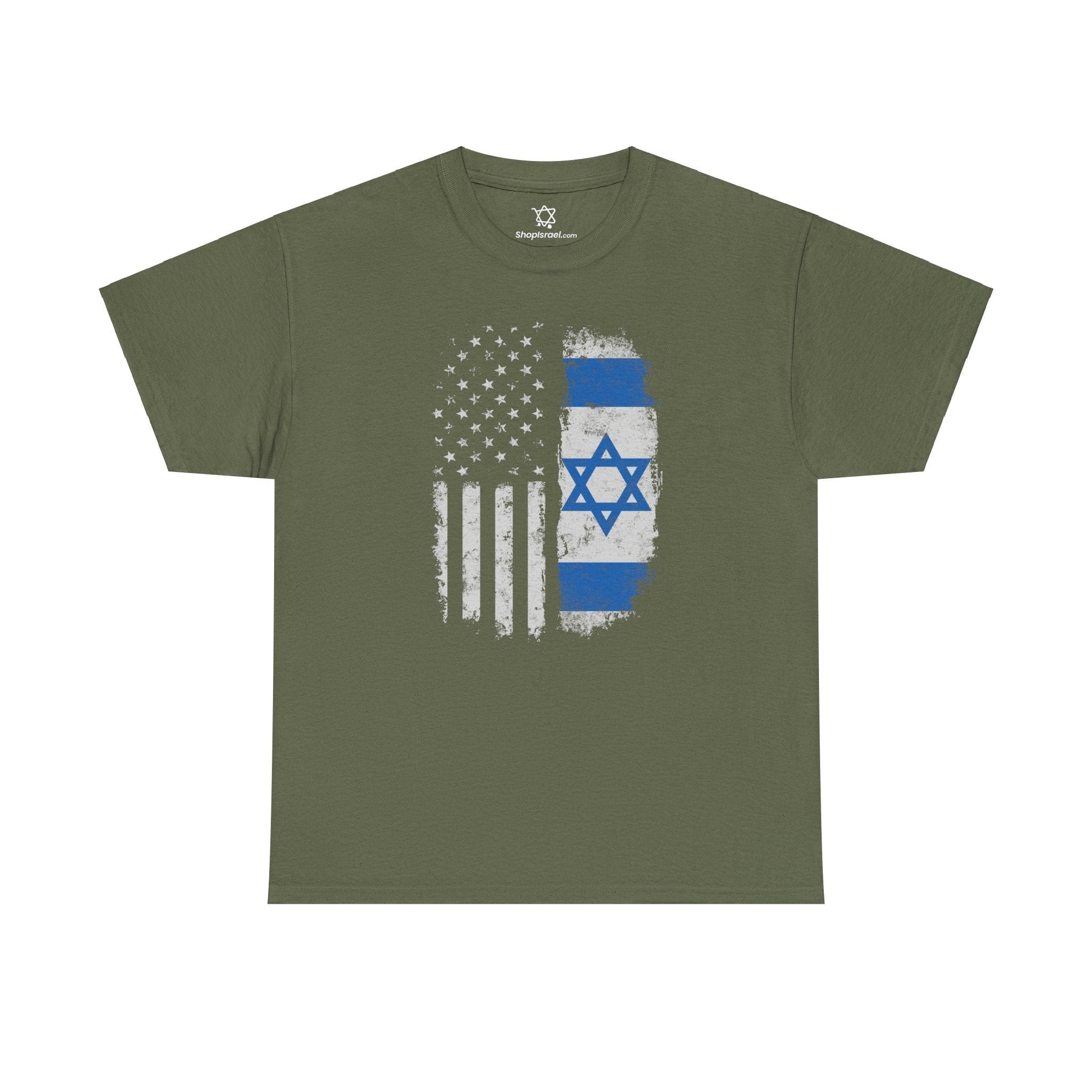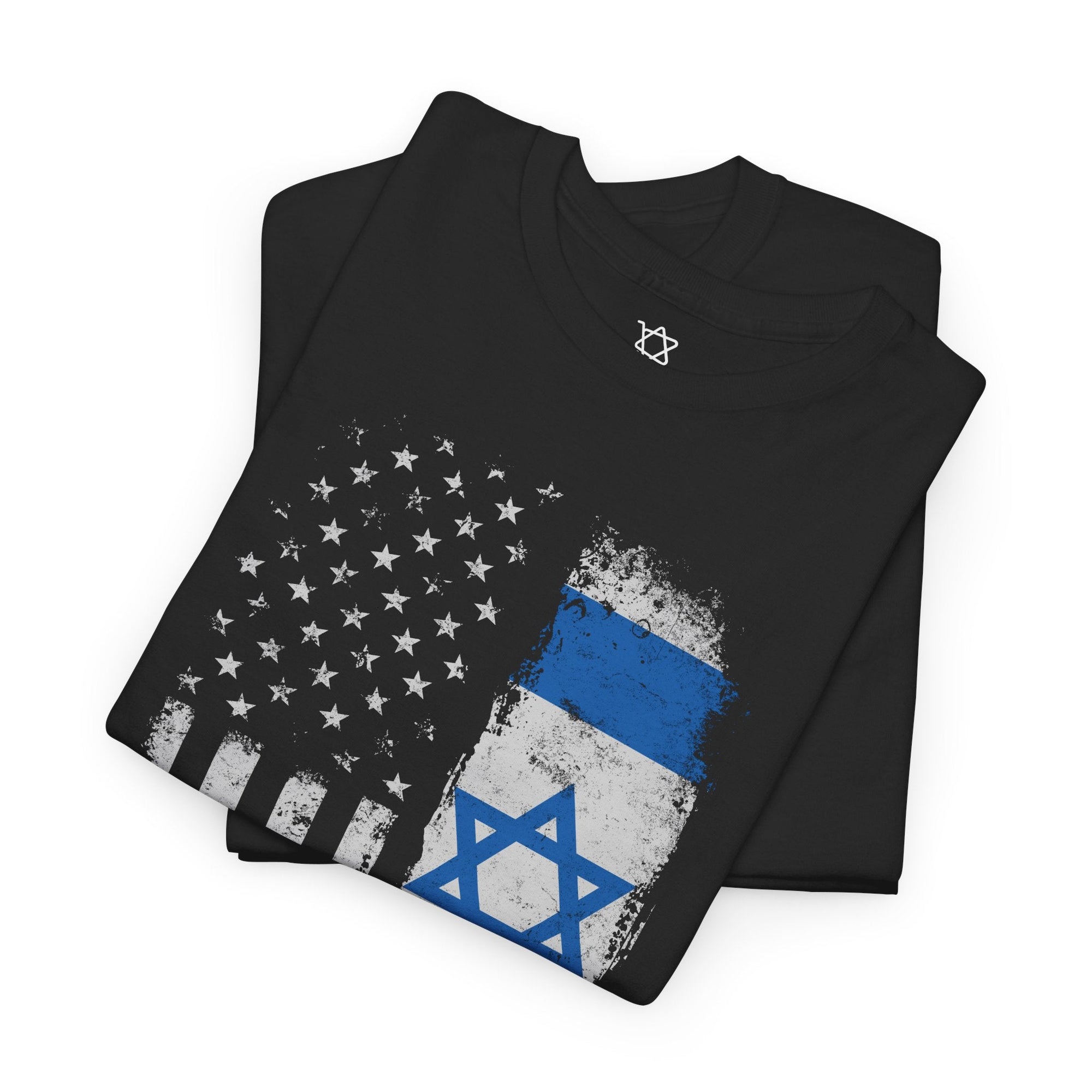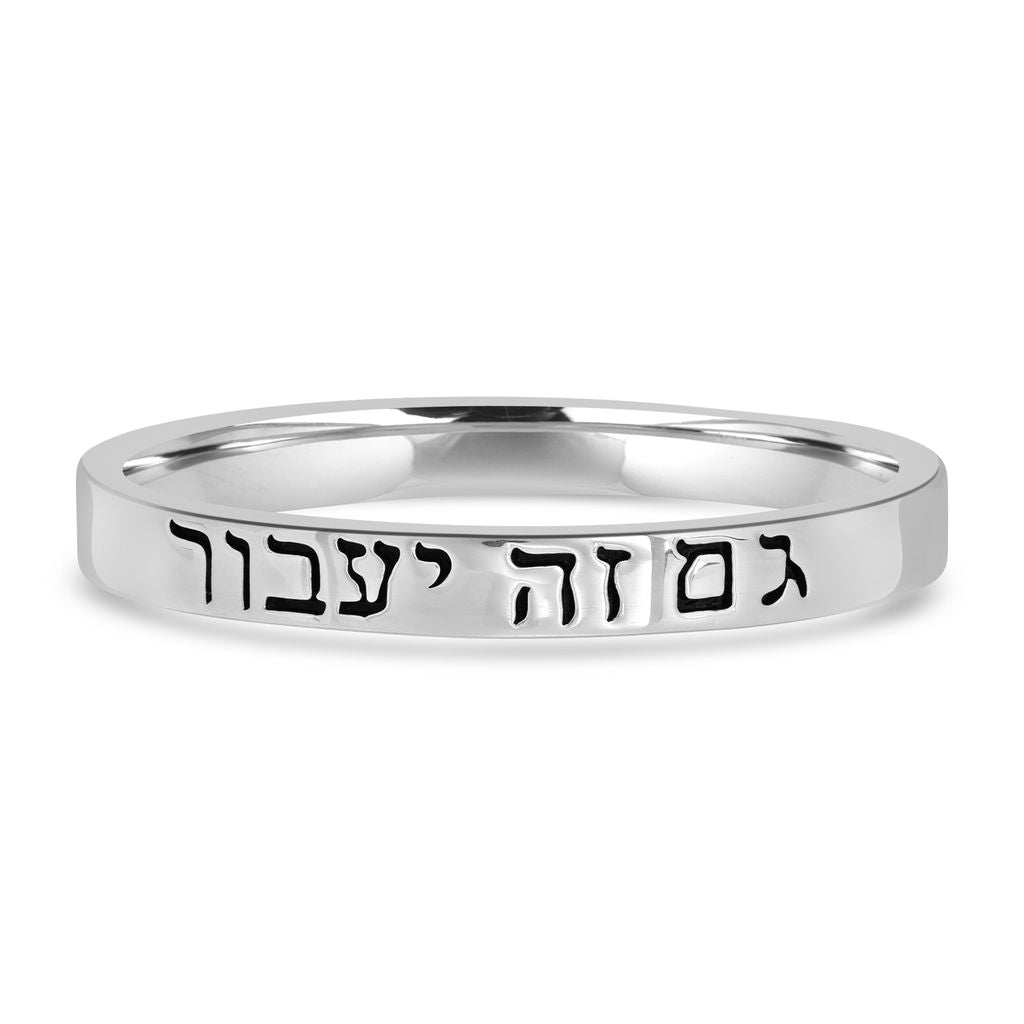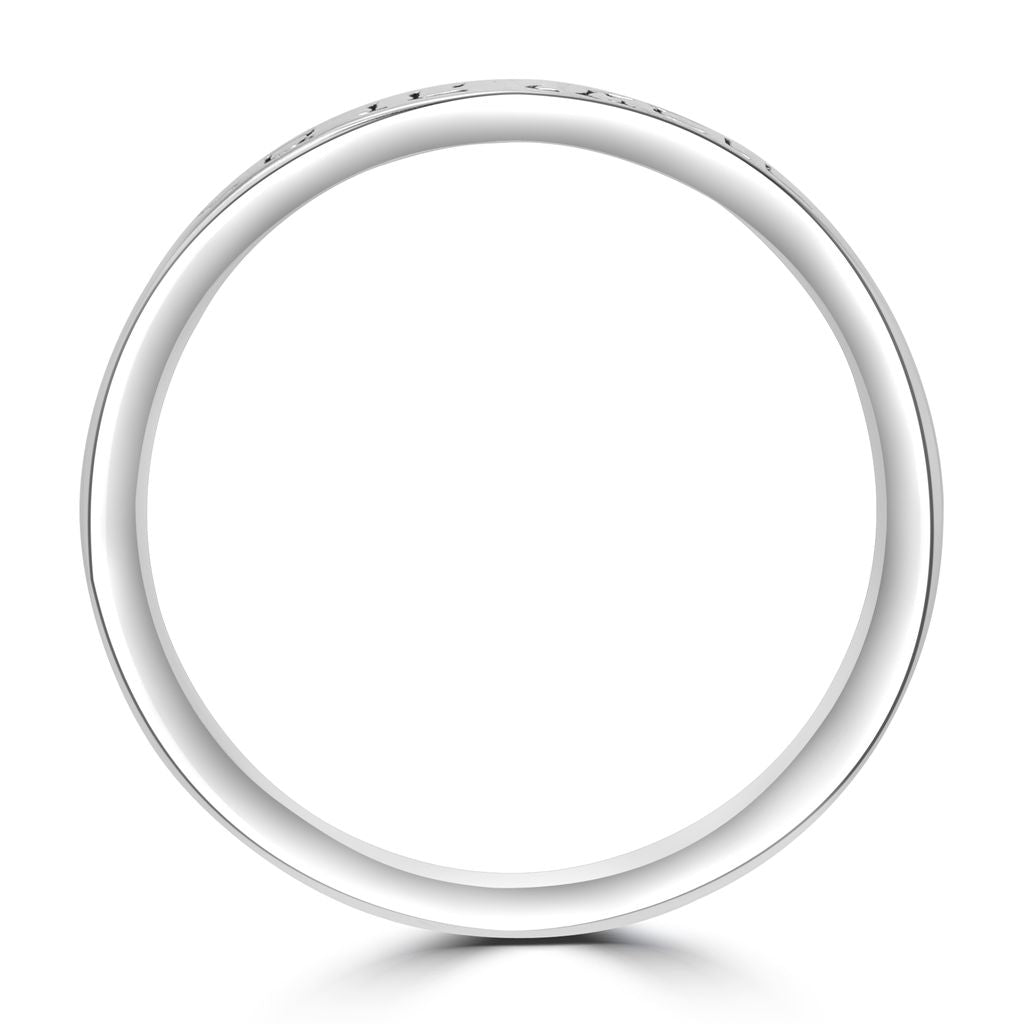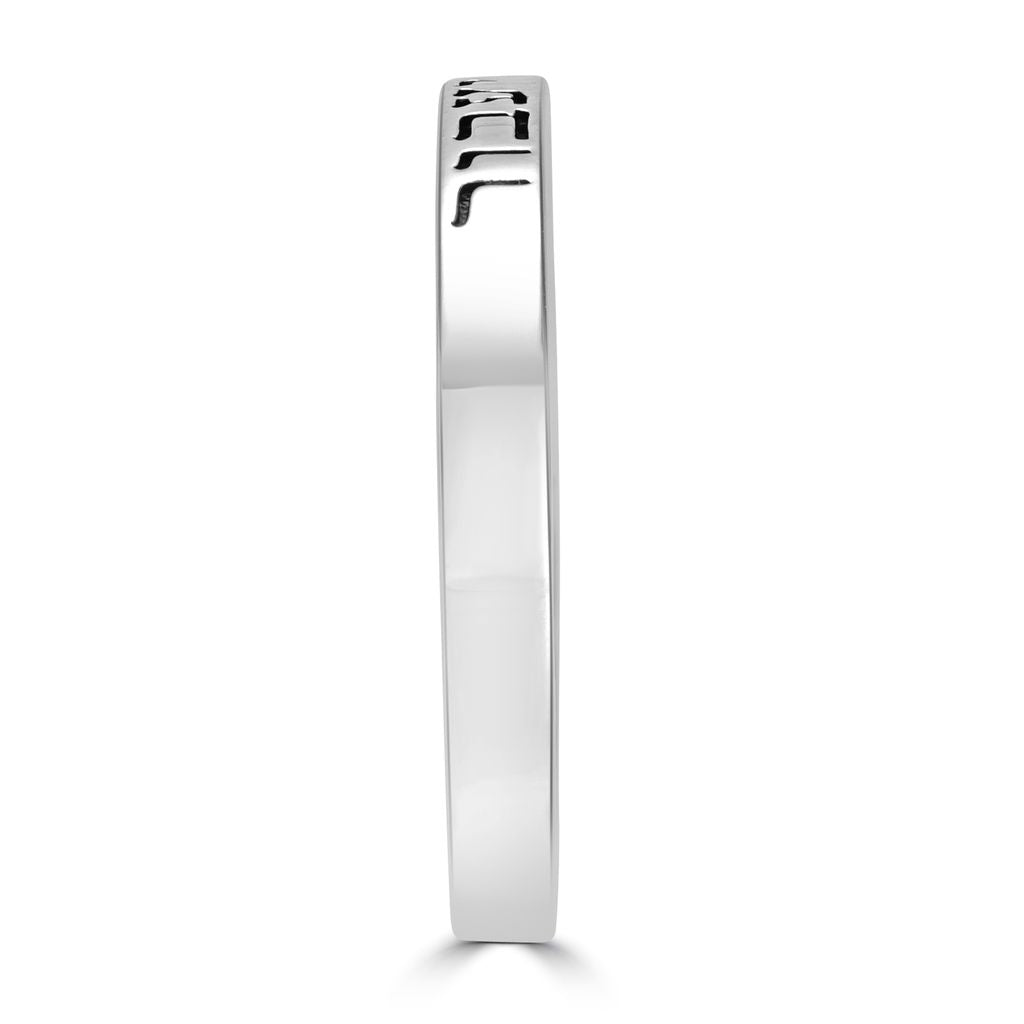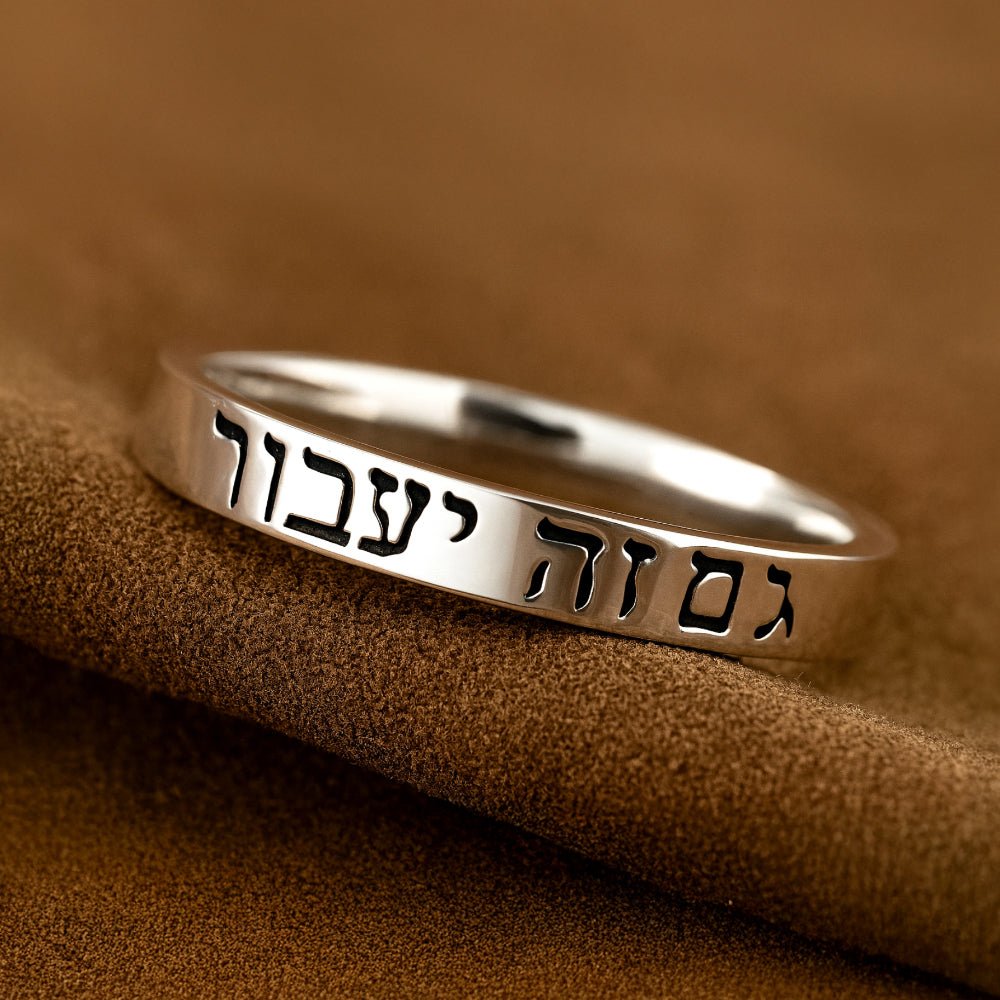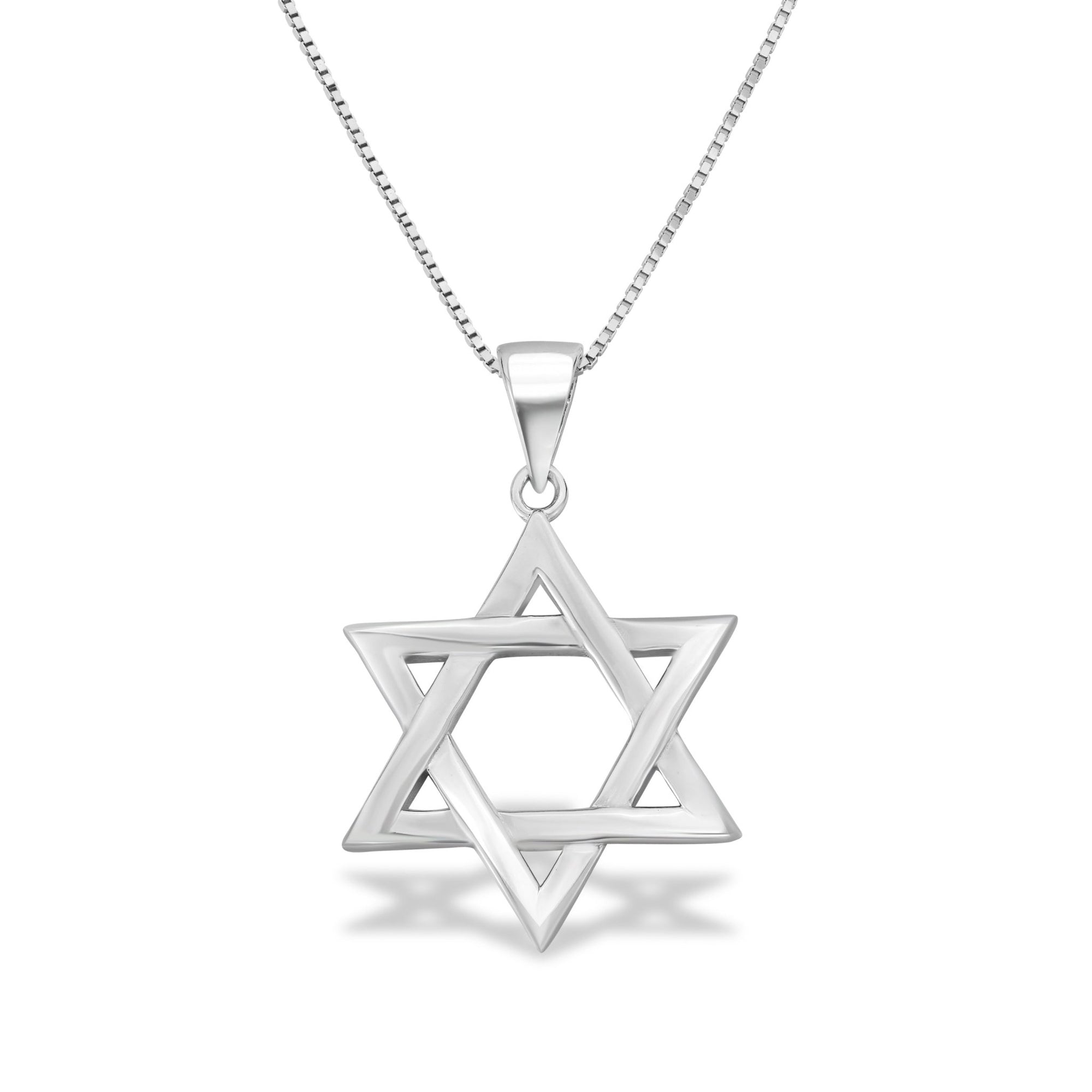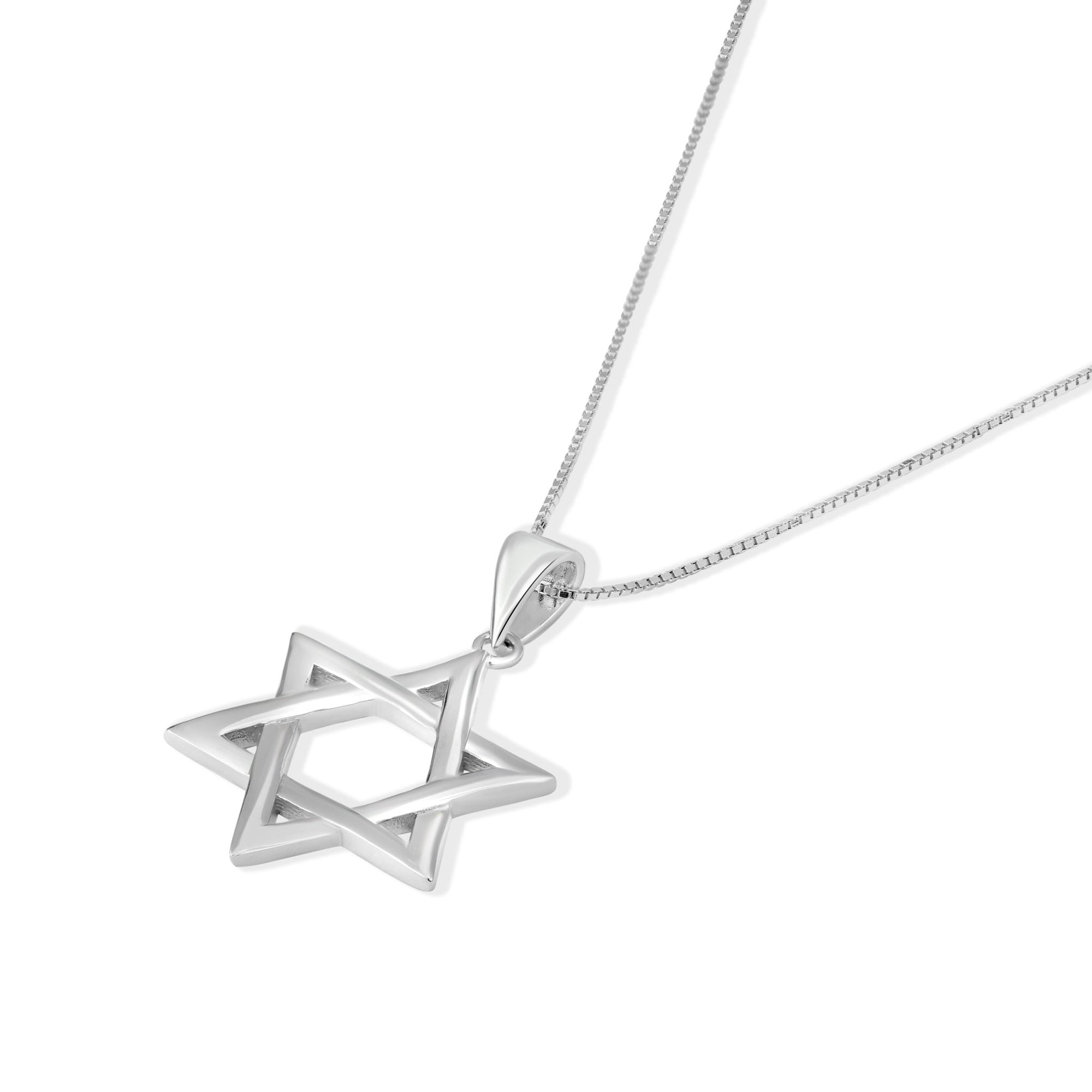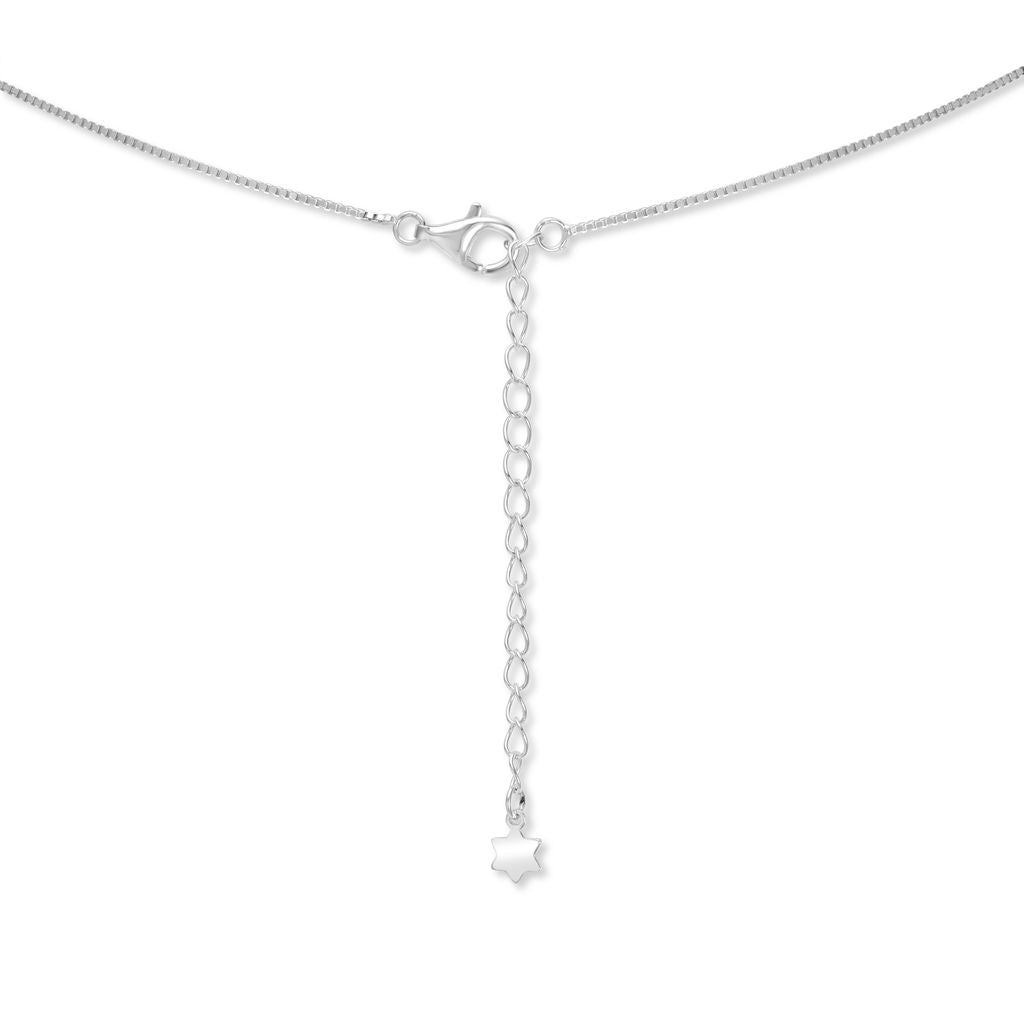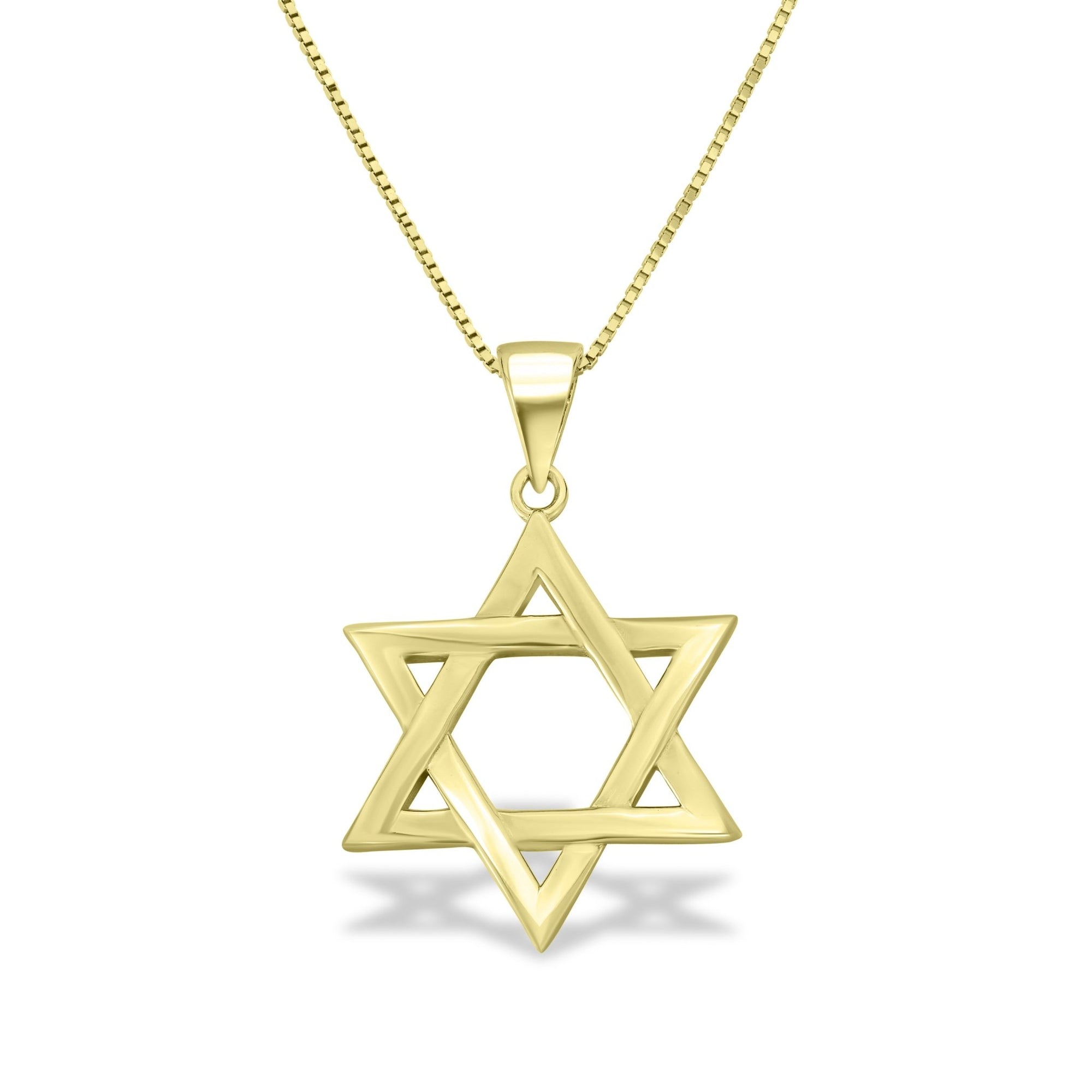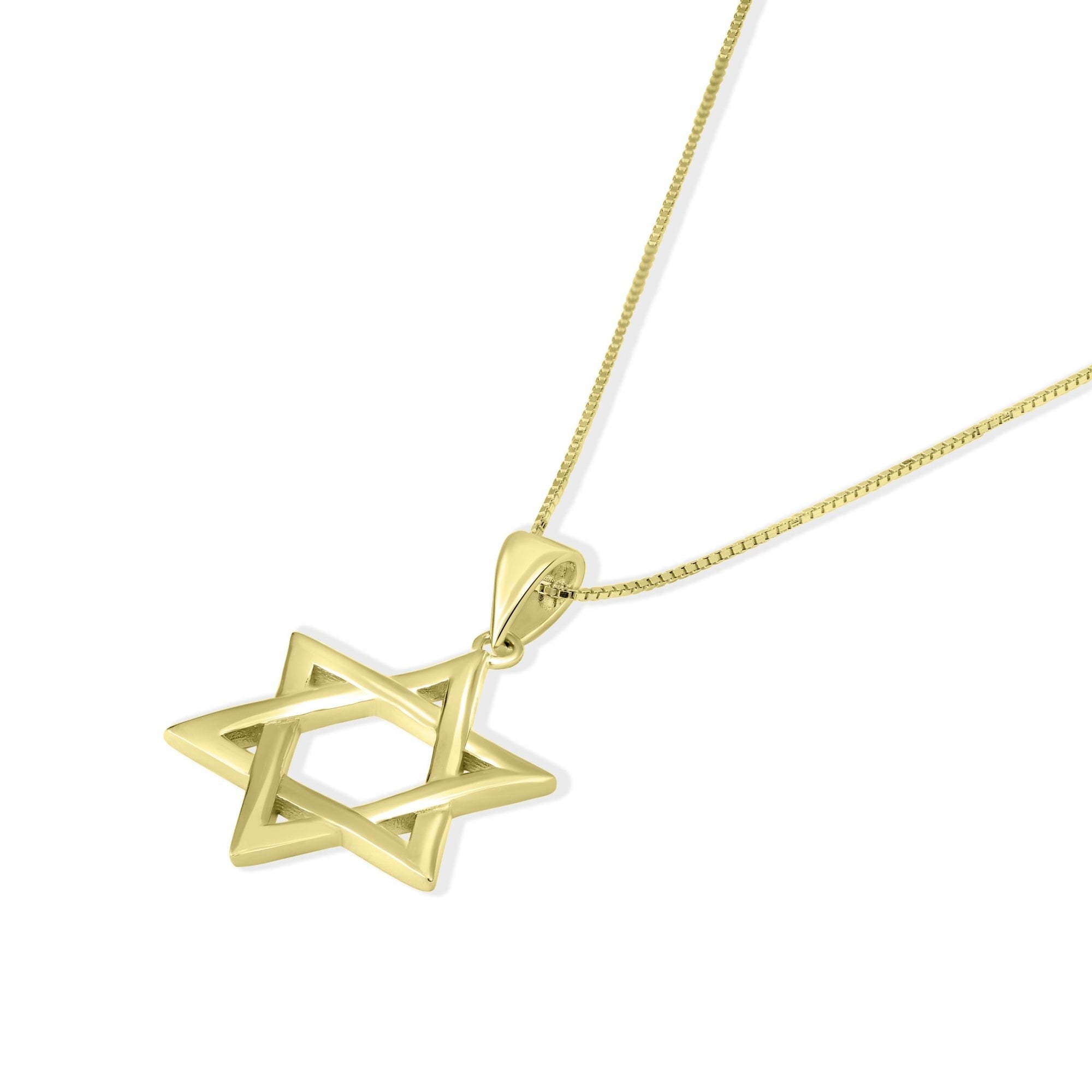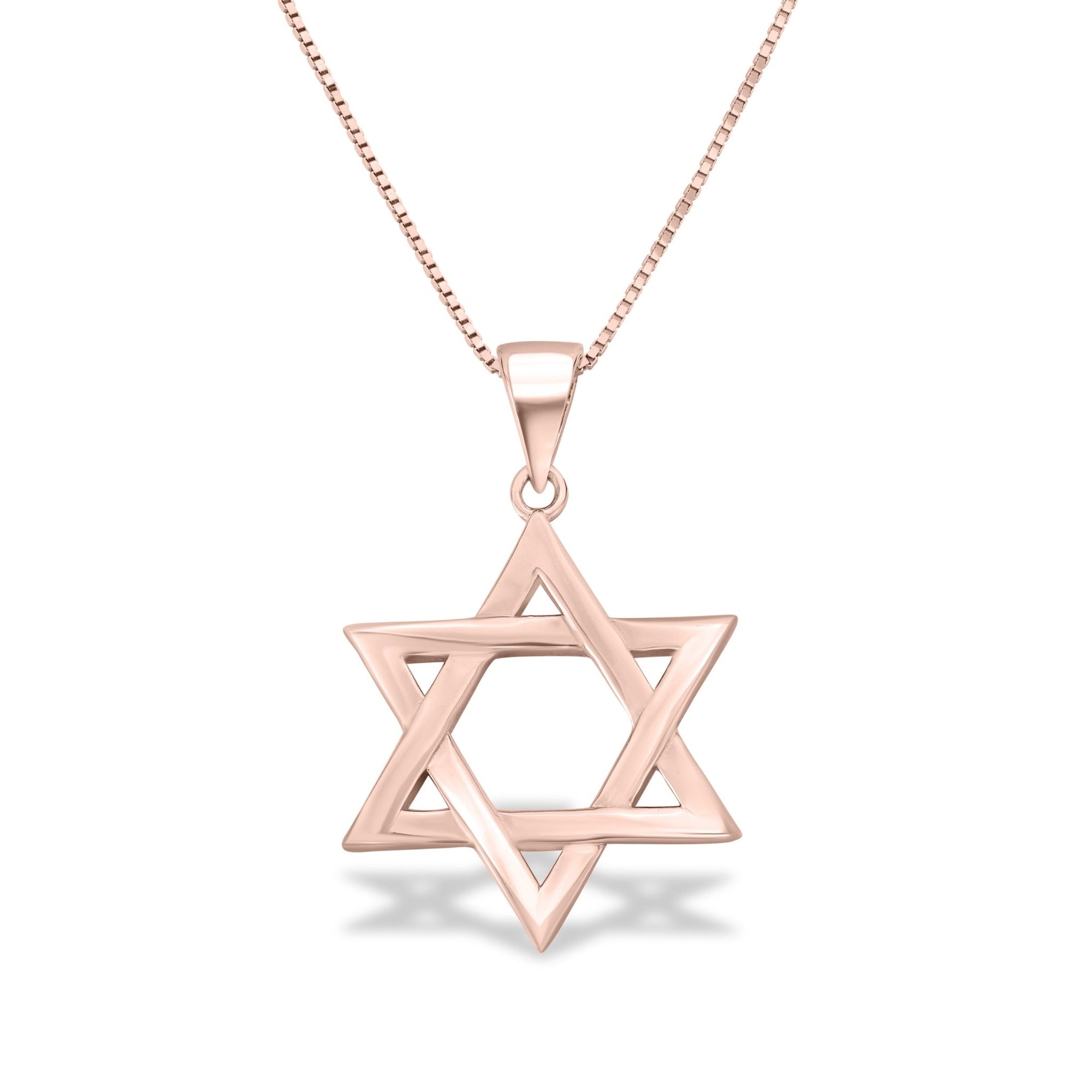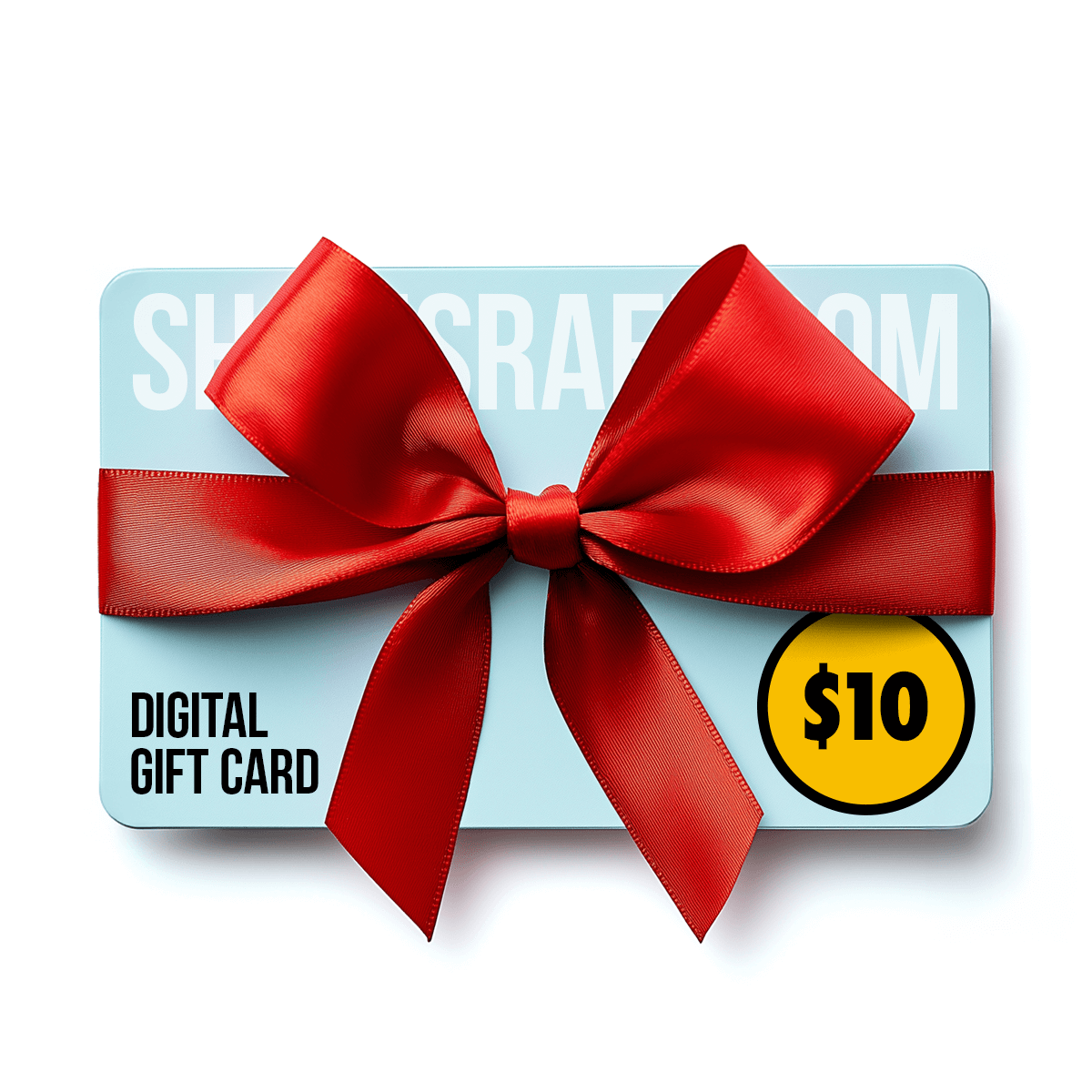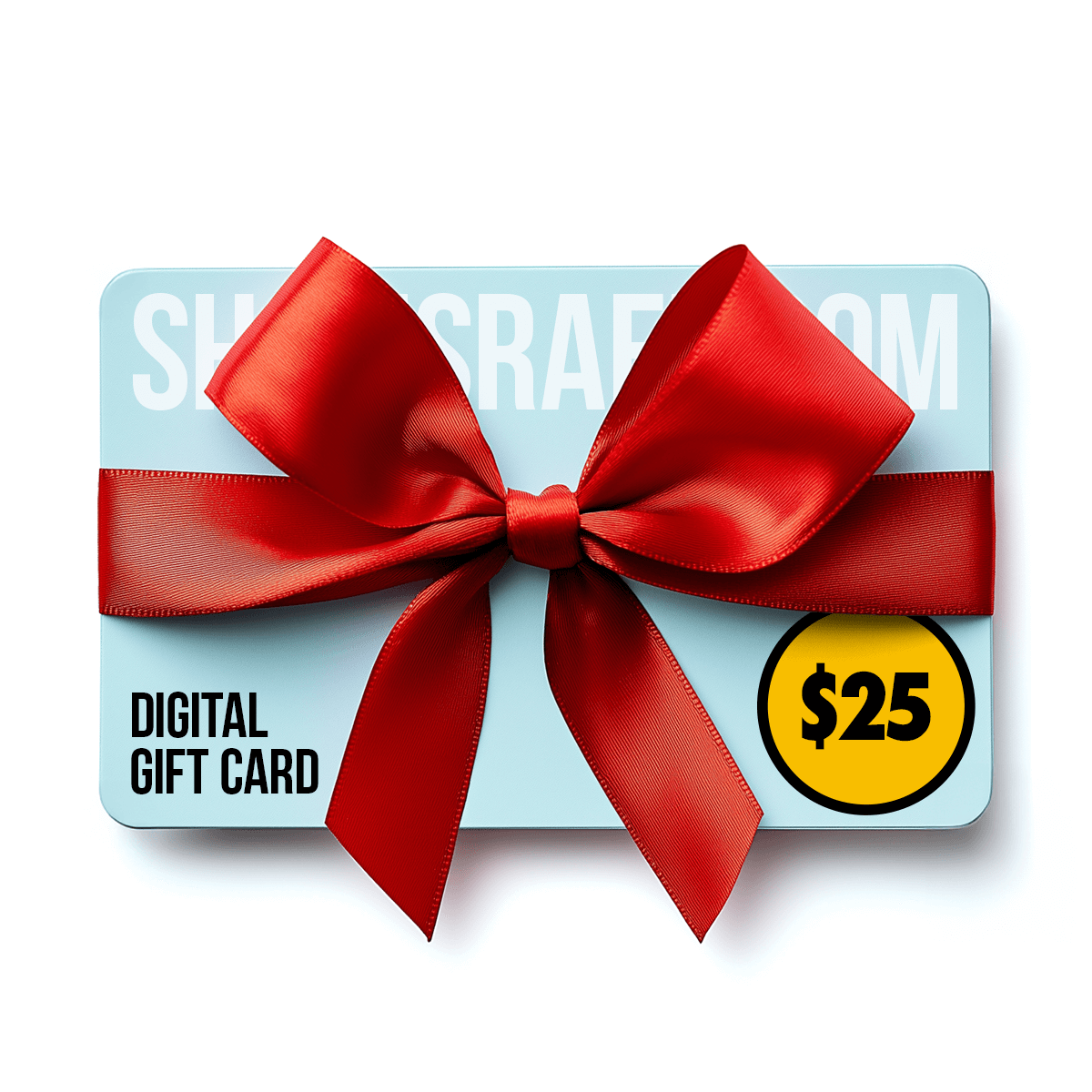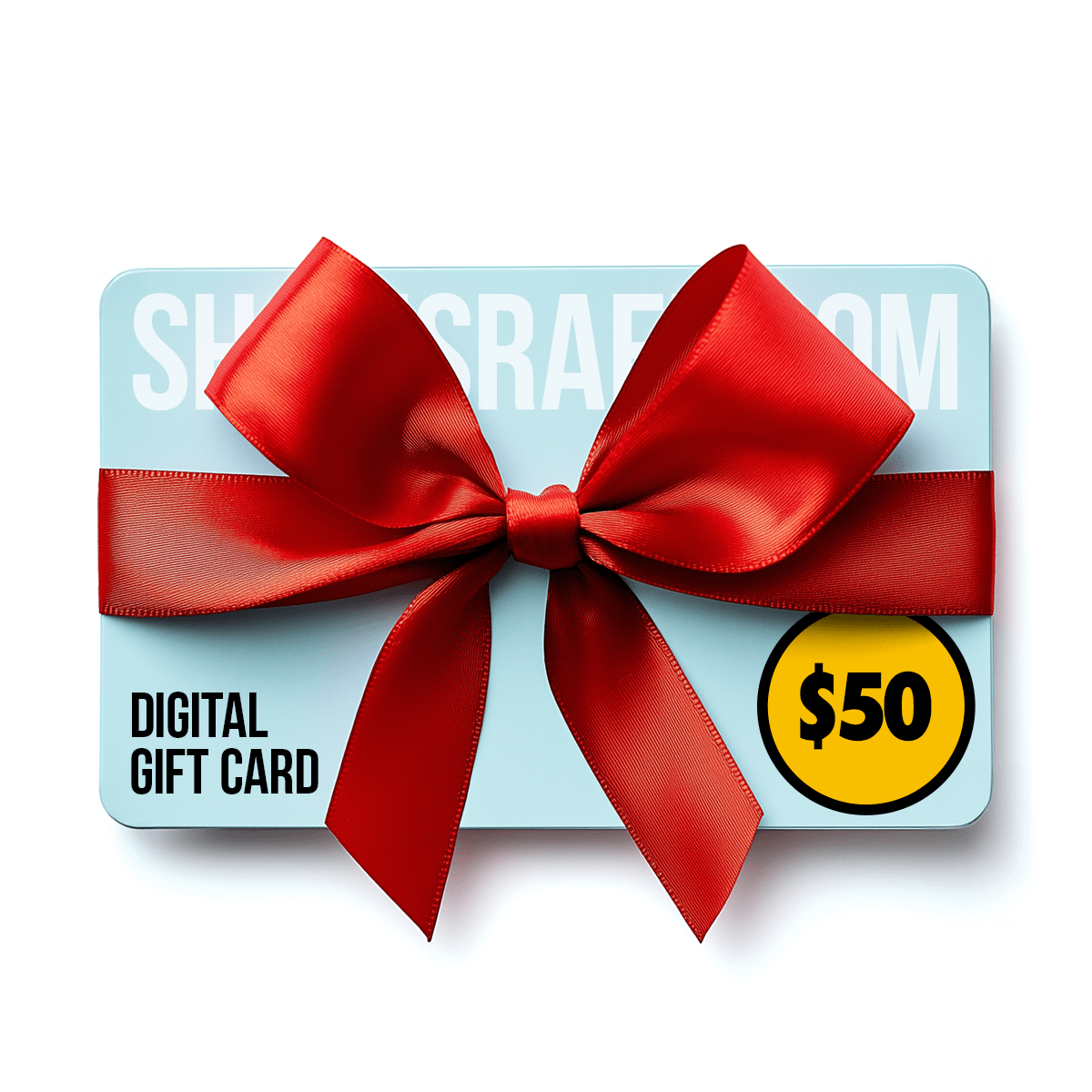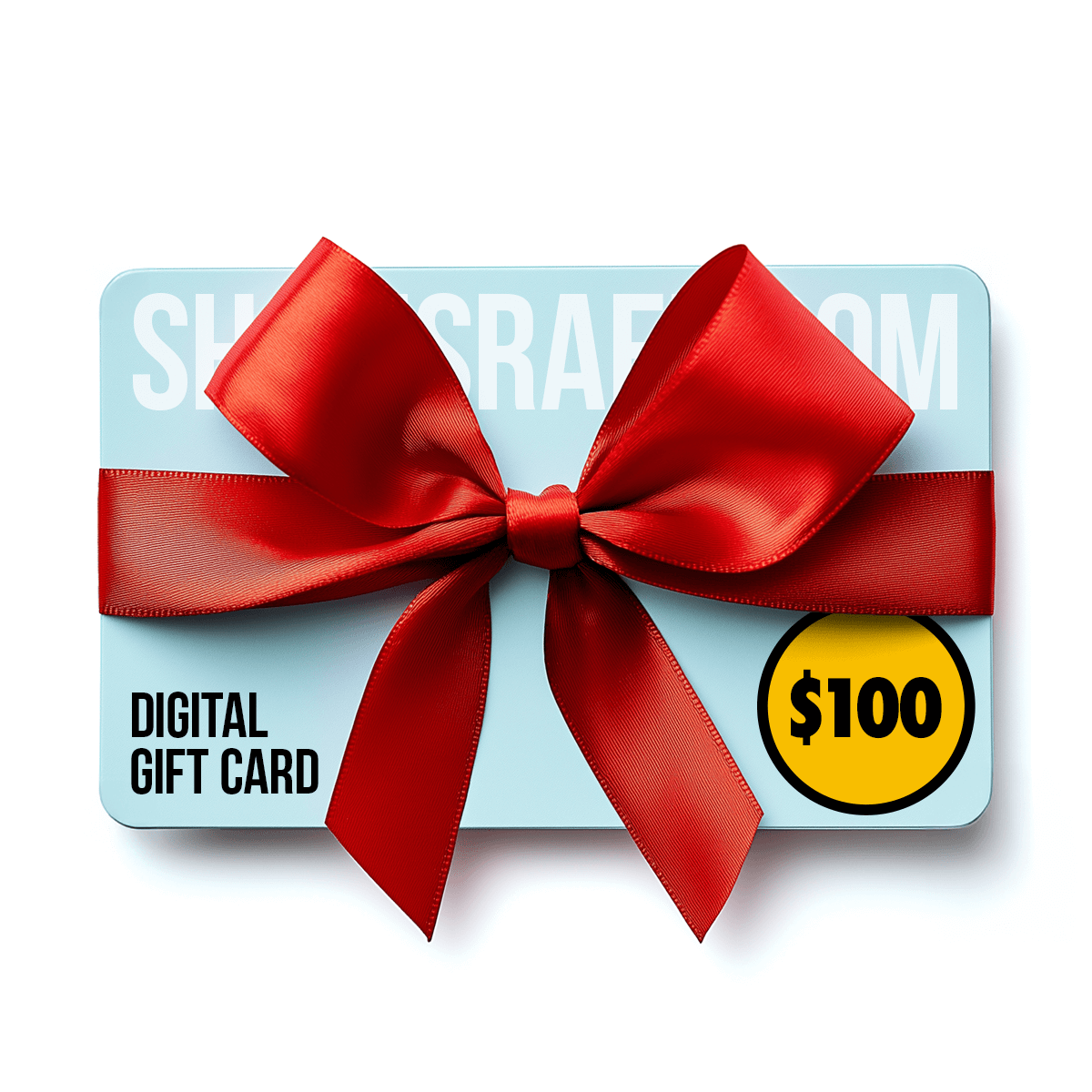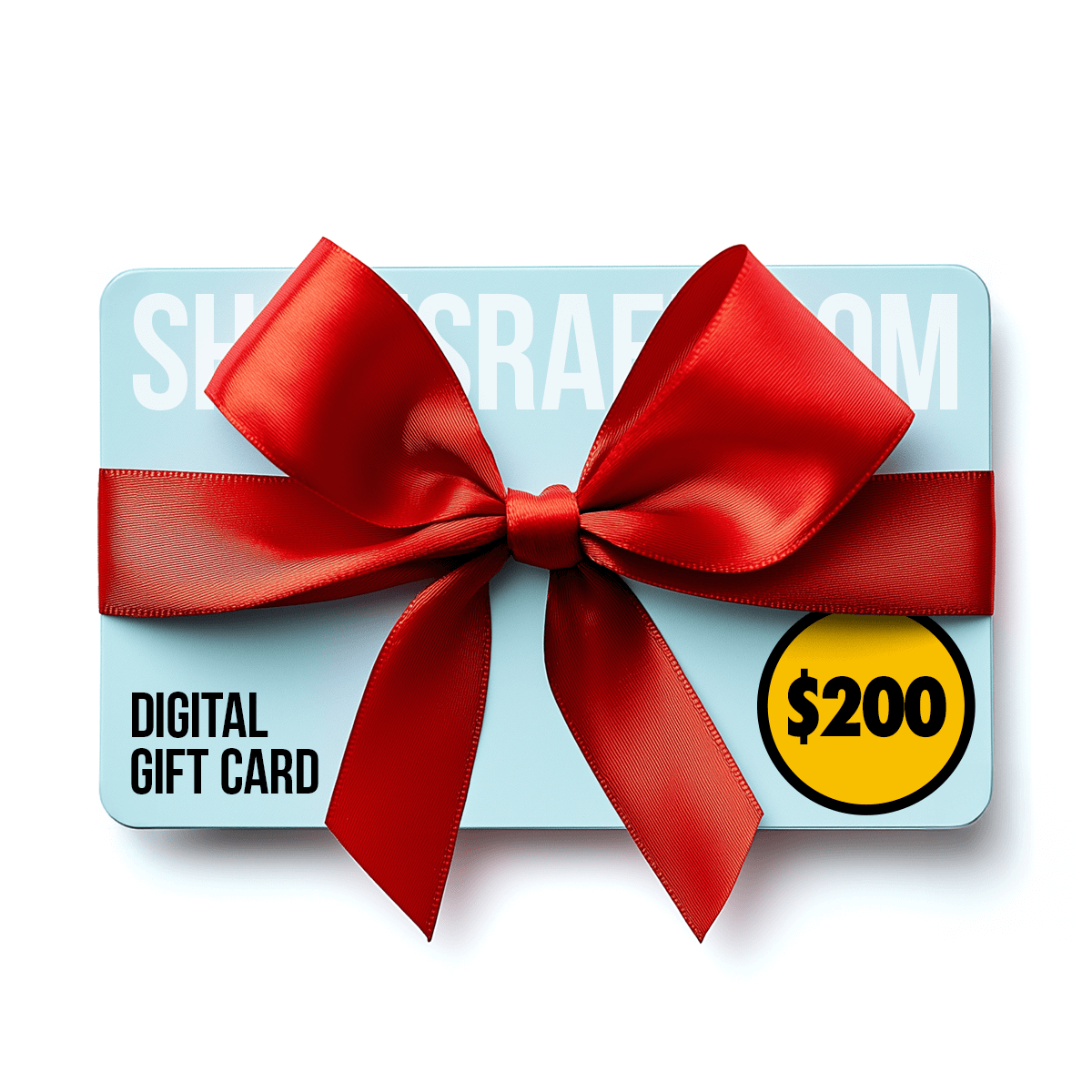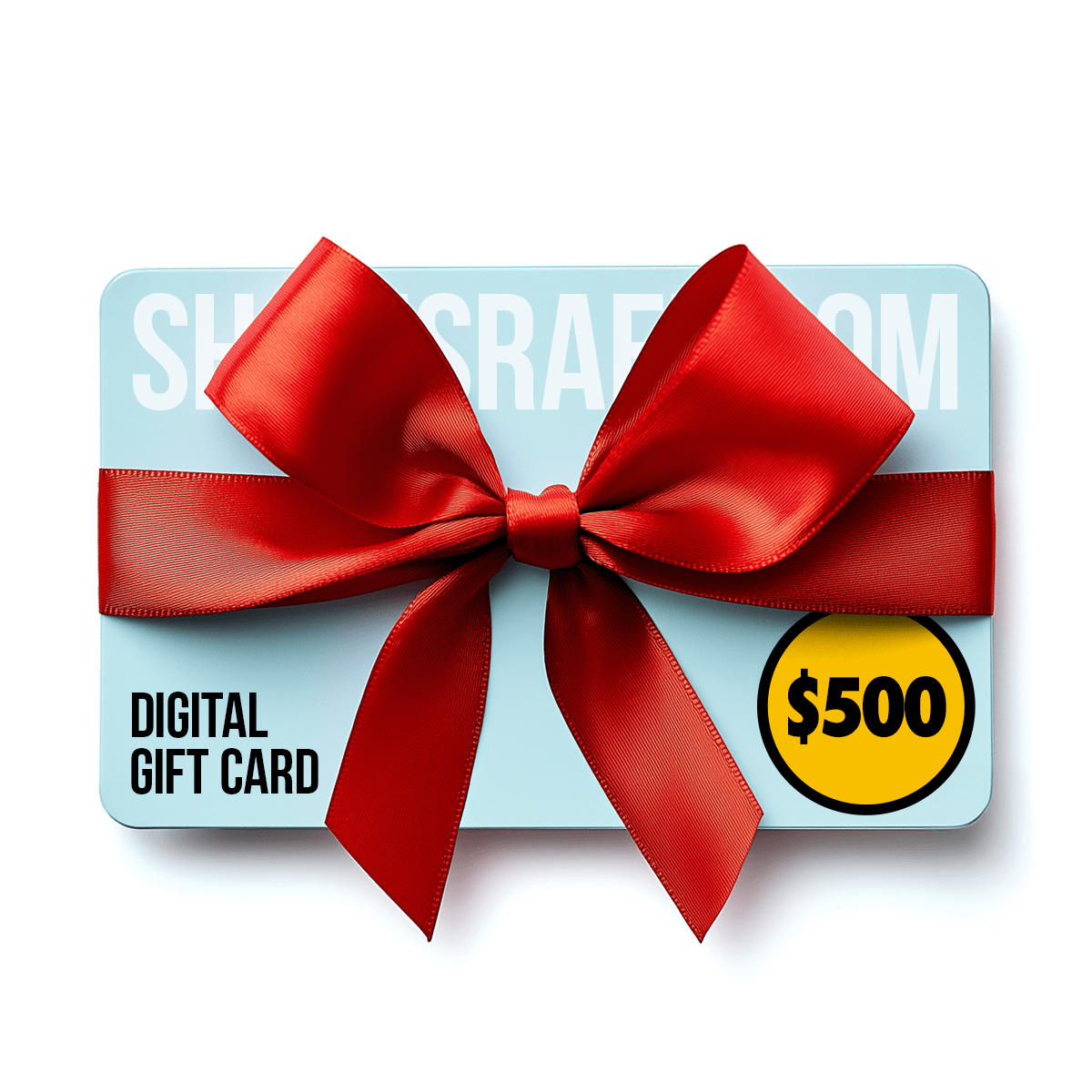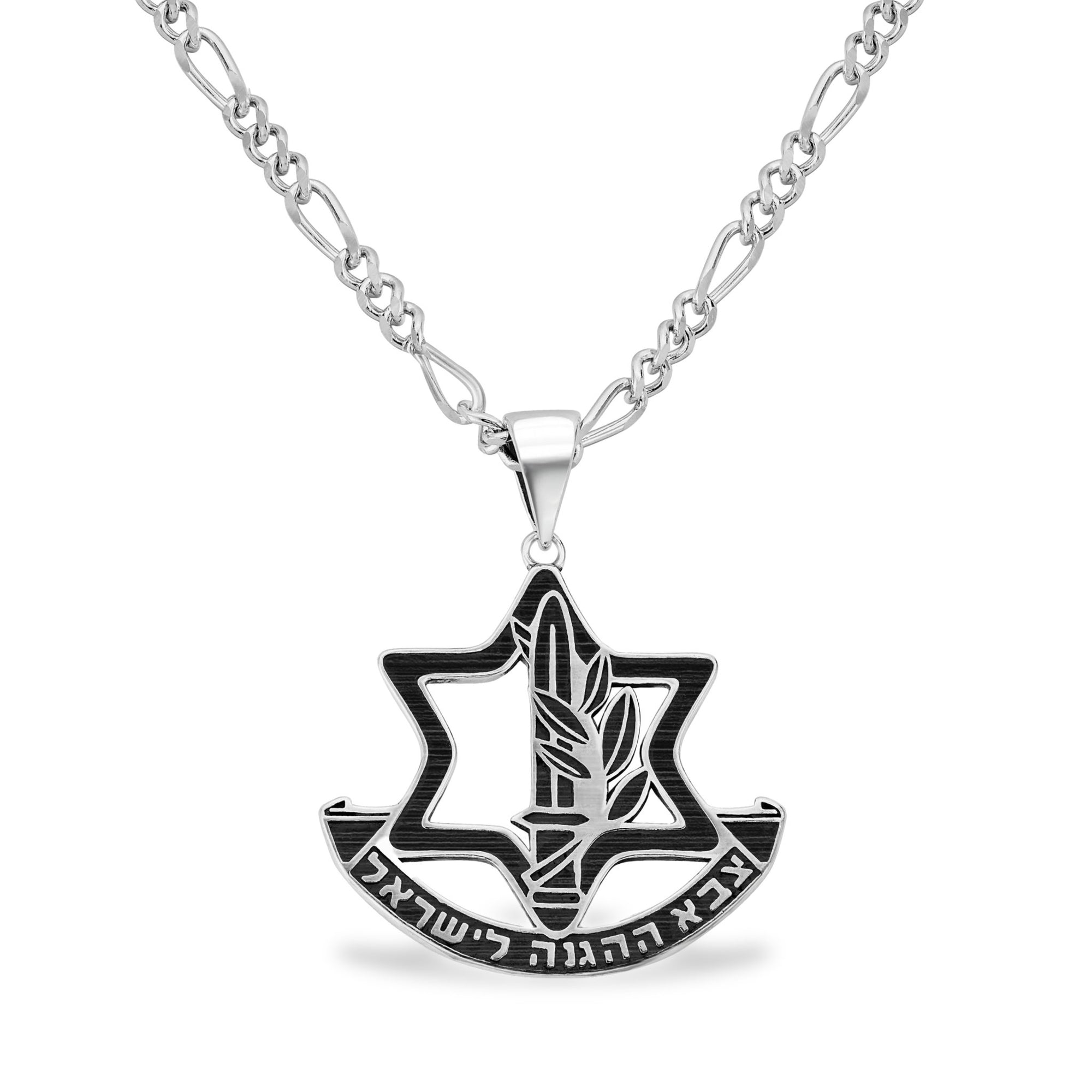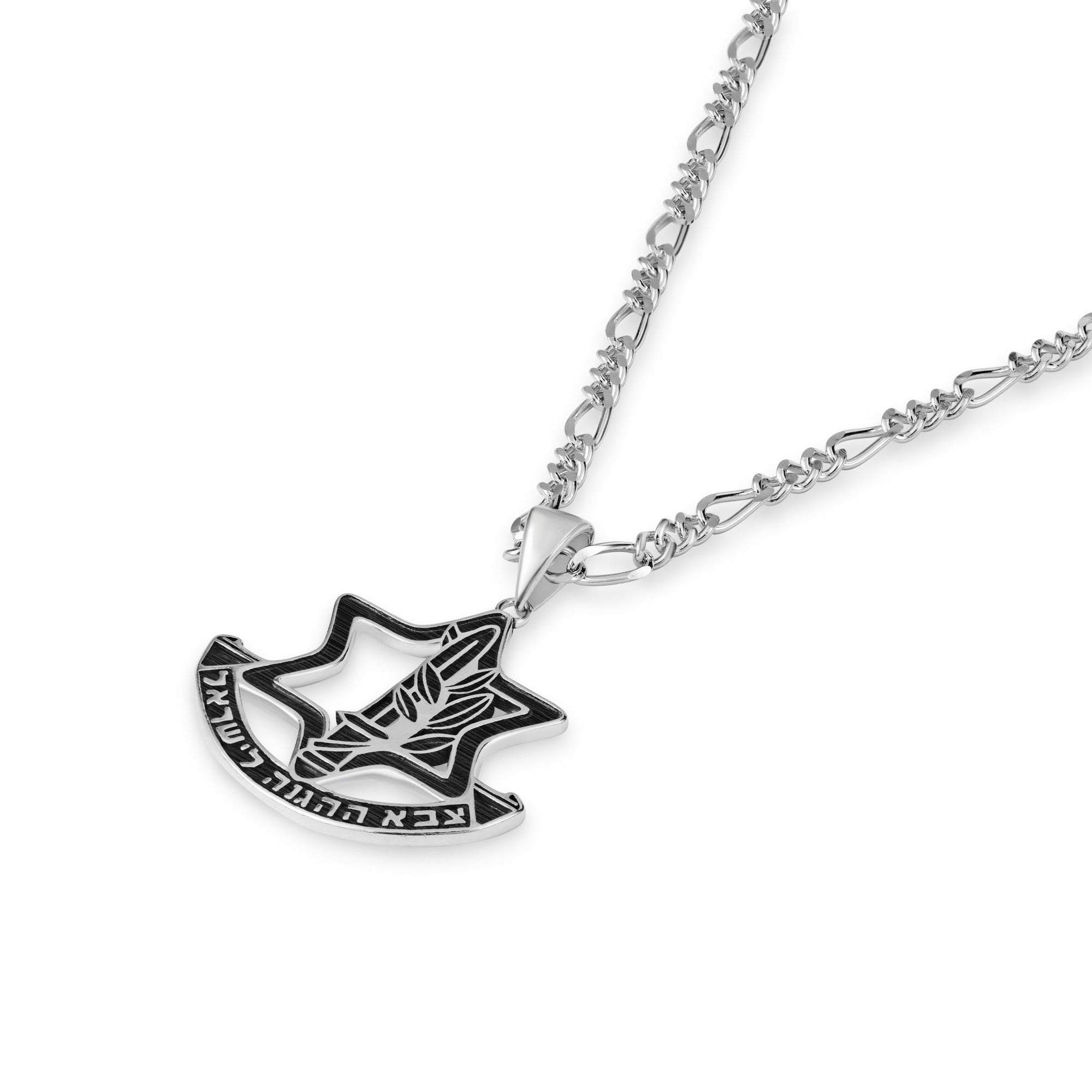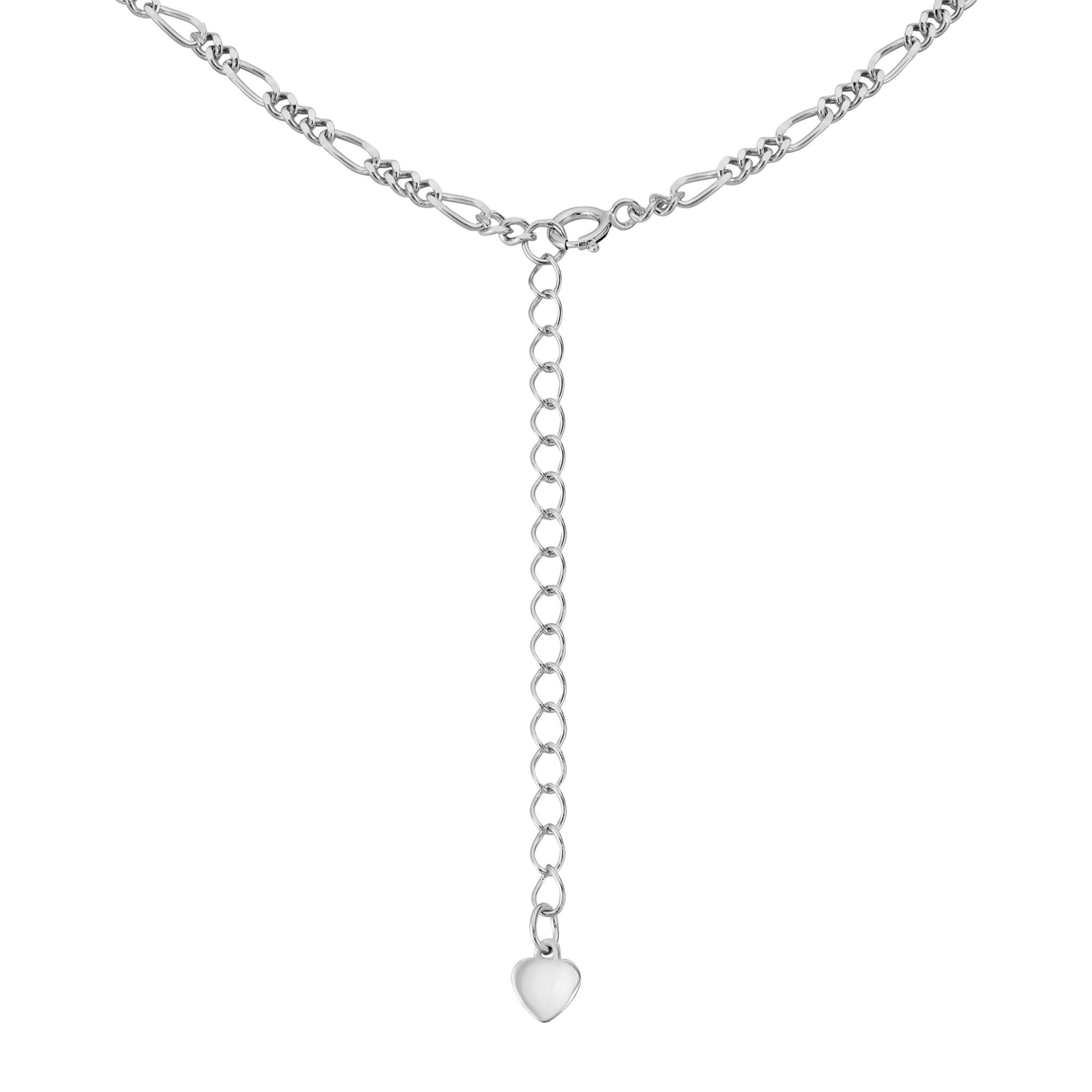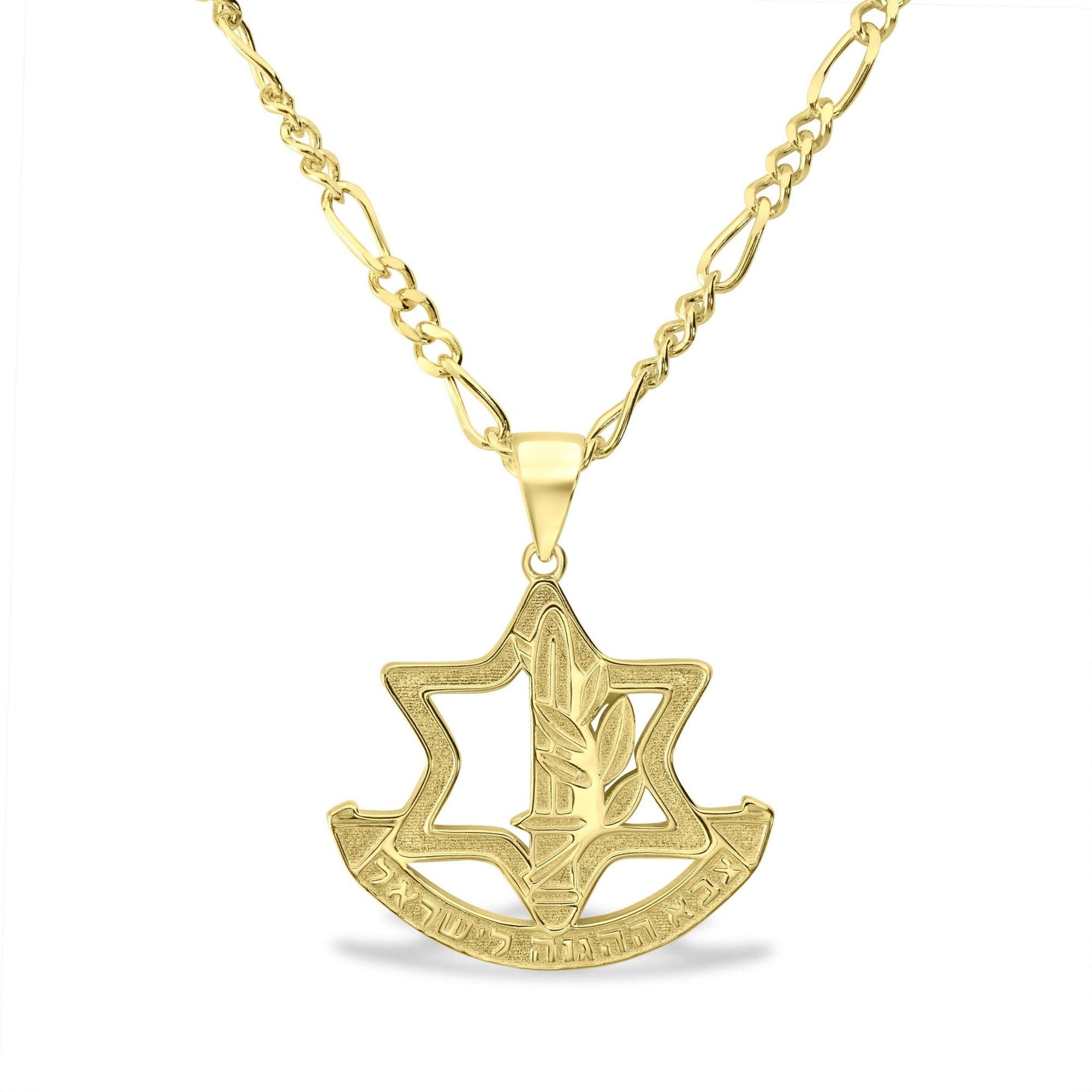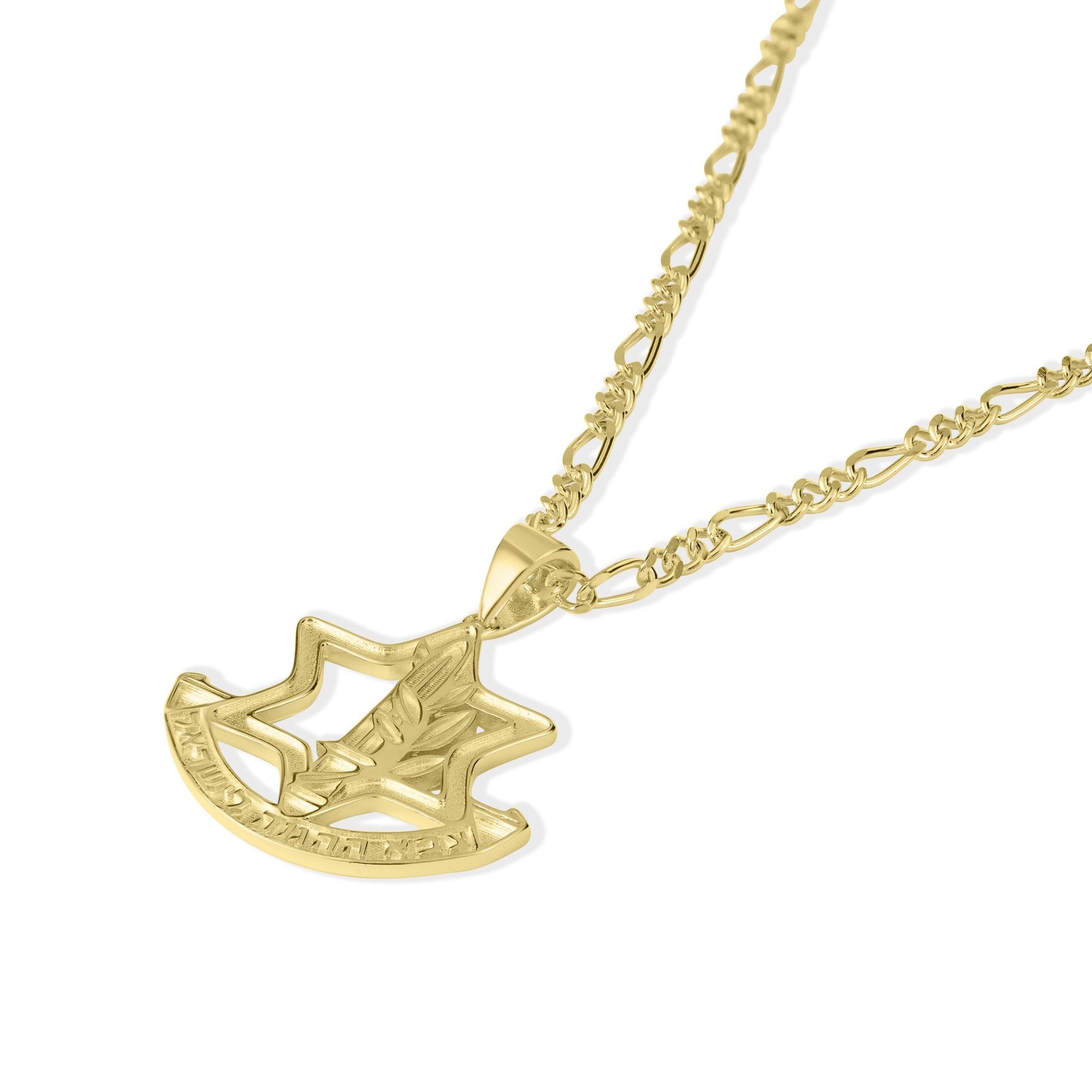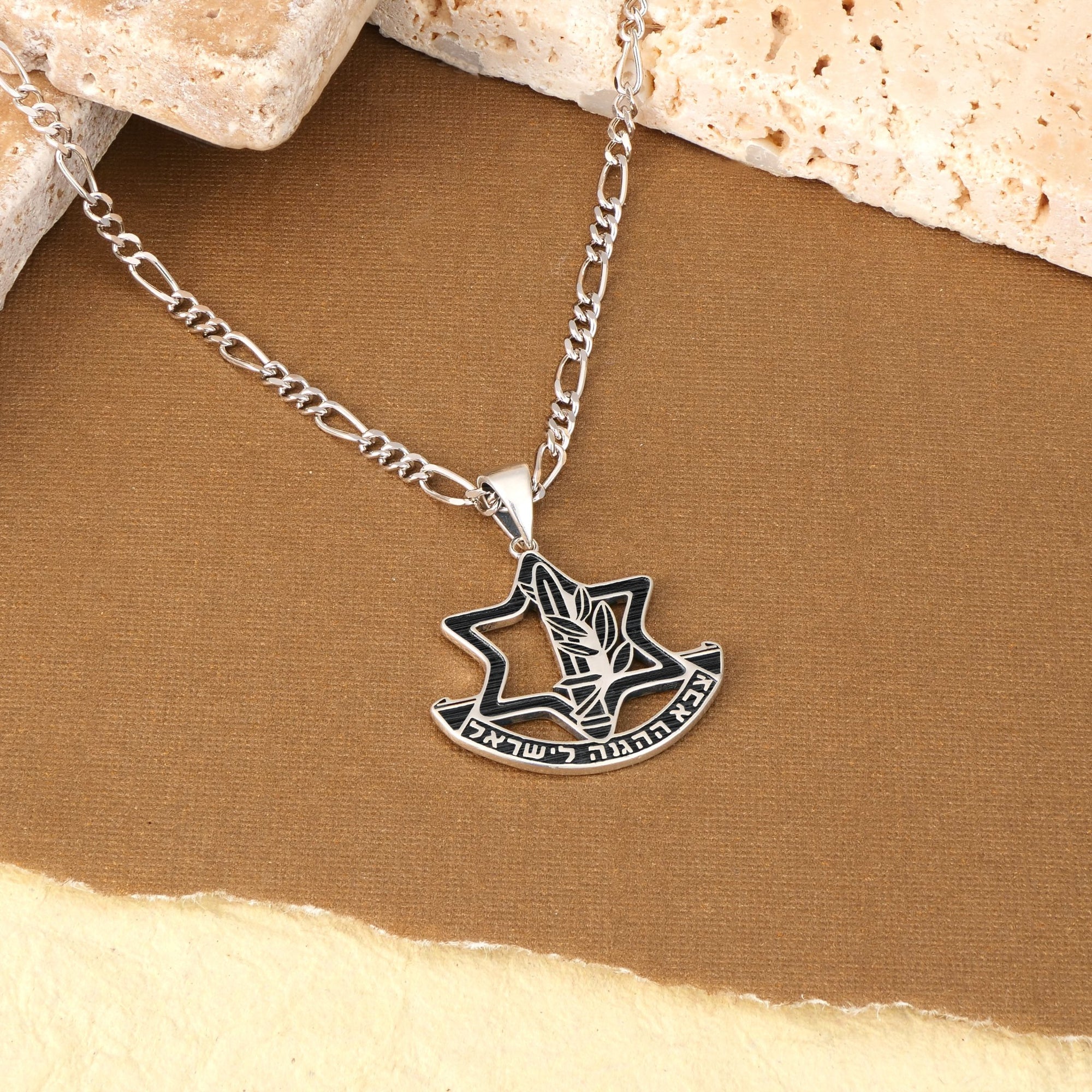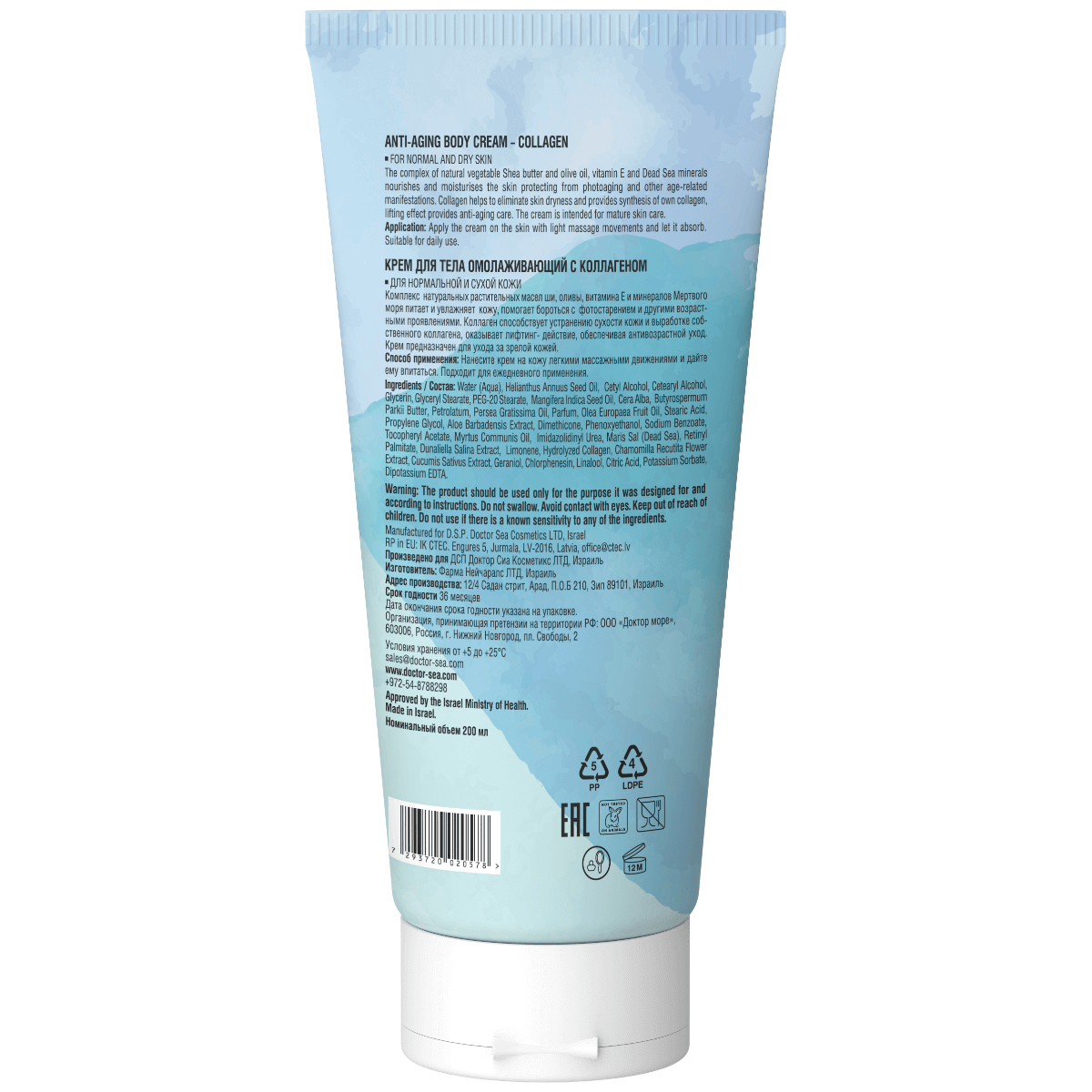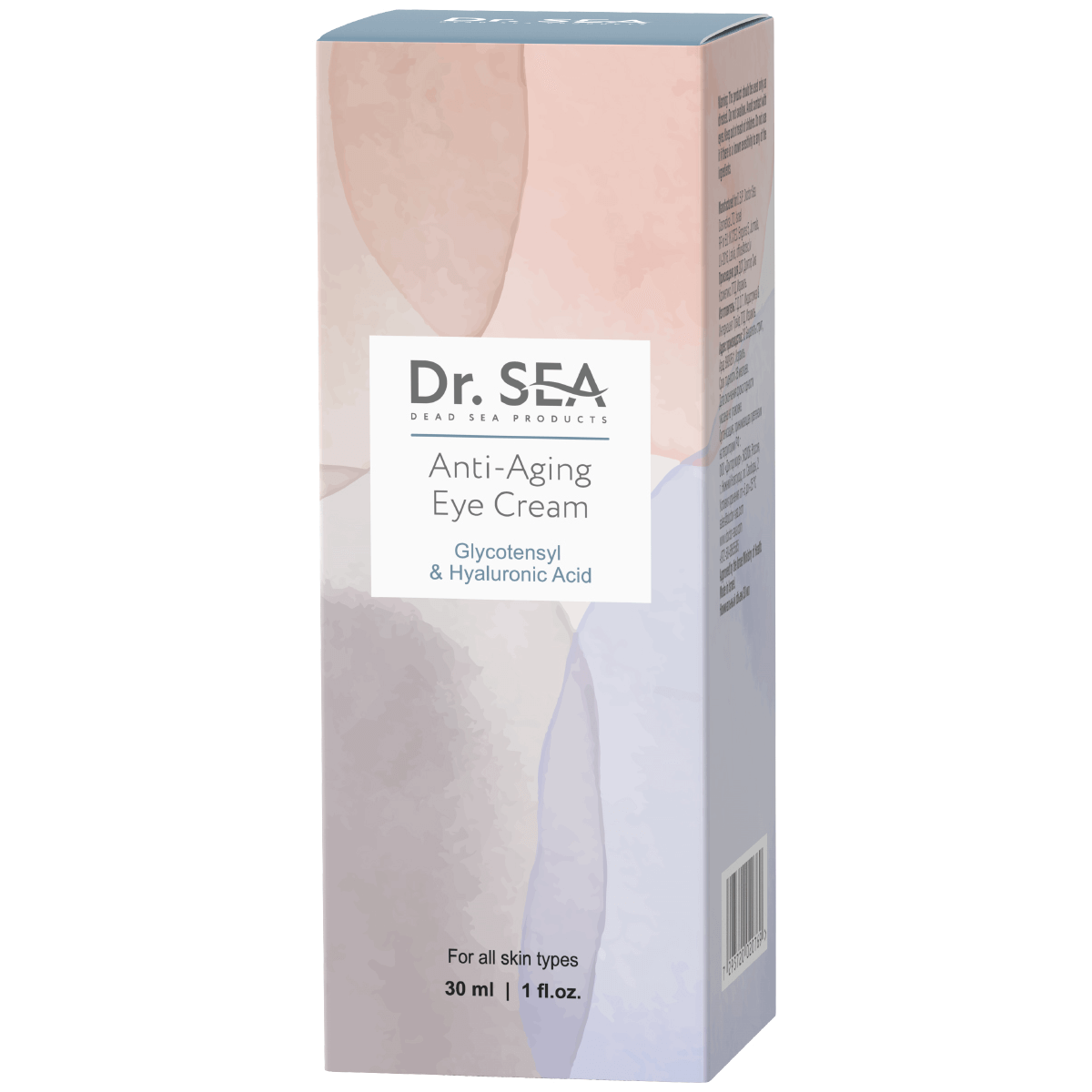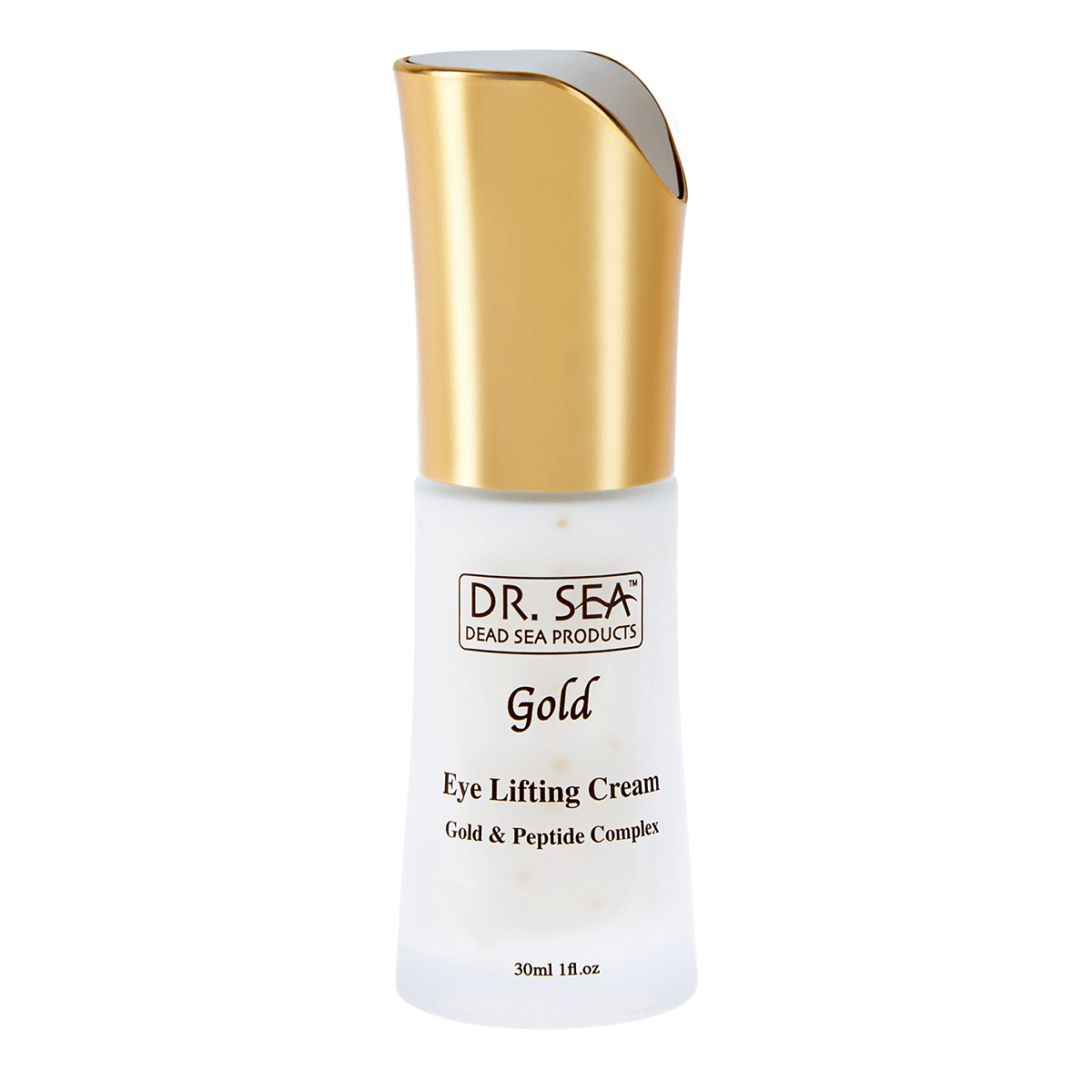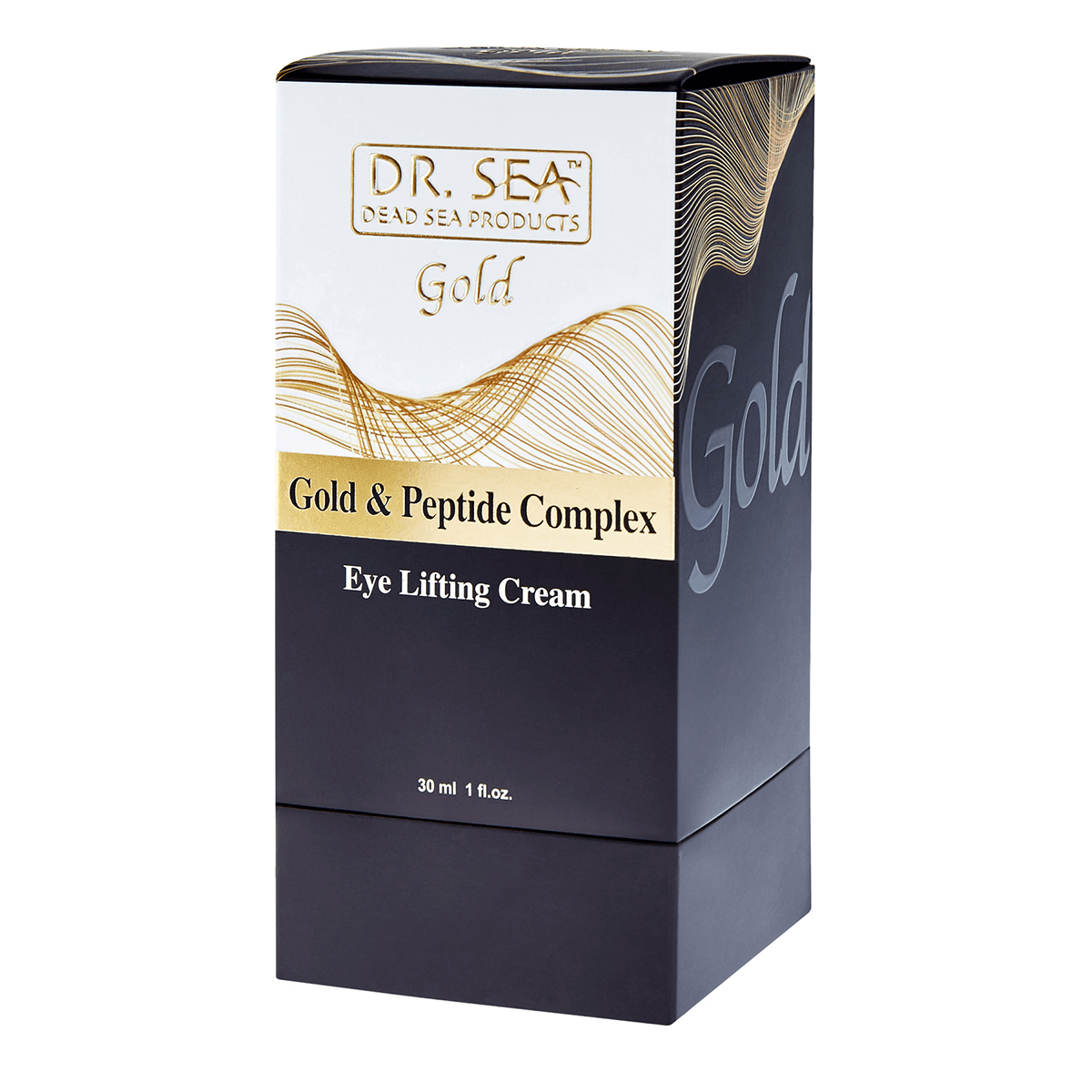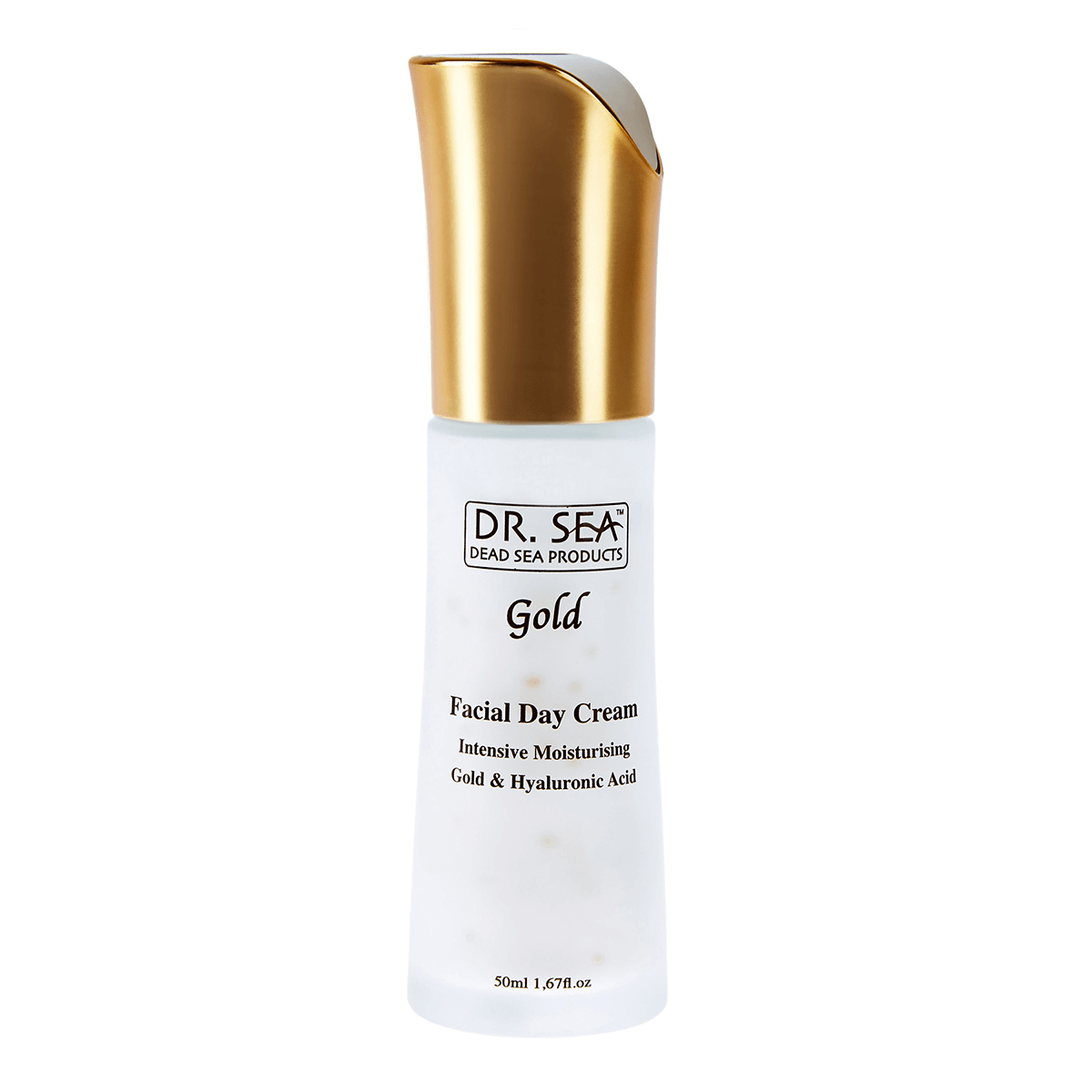A Meaningful Way to Celebrate Jewish Holidays
Jewish holidays offer a rich tapestry of traditions, customs, and symbols deeply intertwined with history and faith. Incorporating unique Israel-inspired accessories into these celebrations can add layers of cultural significance, authenticity, and beauty. This article explores a variety of Jewish holiday gifts and Judaica, the artistry behind Israeli-made creations, and innovative ways to infuse holiday observances with meaningful Israel-themed treasures that honor heritage and foster community.
Exploring the Diversity of Jewish Holiday Gifts and Accessories
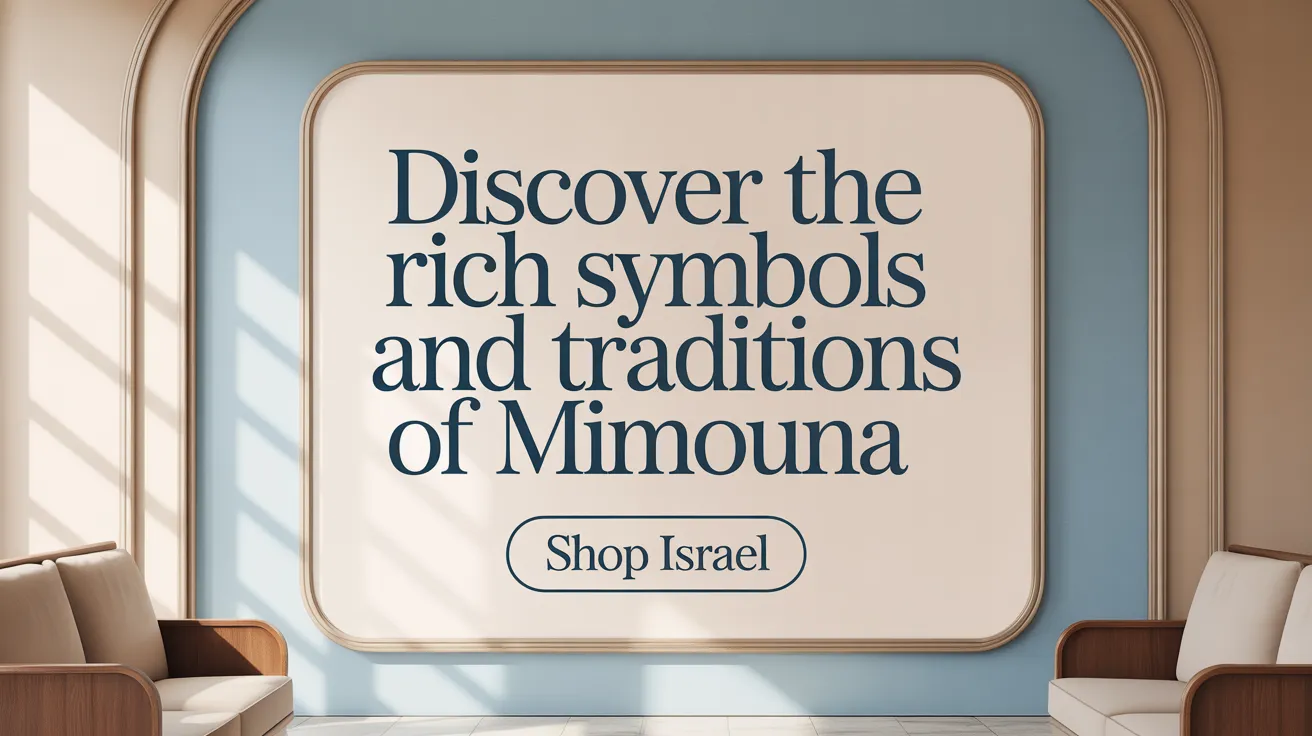
What are the origins of the Mimouna festival?
The Mimouna festival, celebrated primarily by Moroccan Jews, marks the end of Passover with community feasting and rituals. Its exact origins remain unclear, with some suggesting pagan roots, and it is neither mandated by biblical nor rabbinic law. Despite its uncertain beginnings, Mimouna has become a cherished tradition among Moroccan Jewish communities.
What are the traditional practices during Mimouna?
Historically, Mimouna festivities include visiting orchards and blessing trees, which signifies gratitude for nature's bounty. Participants recite passages from Jewish texts and partake in a communal feast featuring foods that symbolize prosperity and fertility. Rituals often commemorate the crossing of the Red Sea, emphasizing themes of liberation.
What symbols are central to Mimouna celebrations?
The Mimouna table is rich in symbolism, showcasing items like live fish, five fava beans, five dates, jewelry, and other motifs representing abundance and luck. These objects symbolize blessing, fertility, and joy, reinforcing the festive spirit. The communal gathering fosters connections among neighbors of different faiths, especially in regions with Muslim communities.
How is Mimouna celebrated today?
Today, Mimouna continues to be celebrated with various customs. In Morocco, the festival includes local visits, blessings, and feasts. In Israel, it has gained prominence through public celebrations such as outdoor parties and picnics, especially in Jerusalem, where it is officially recognized and supported by the government.
What efforts exist to preserve and promote Mimouna?
Recent initiatives focus on revitalizing traditional practices and promoting coexistence among Arab and Jewish communities. These efforts aim to strengthen cultural ties and ensure that Mimouna remains a symbol of unity and shared heritage.
| Aspect | Description | Cultural Significance |
|---|---|---|
| Origins | Possibly pagan, not biblically mandated | Flourishes among Moroccan Jews |
| Traditional Practices | Visiting orchards, blessing trees, feasting | Connection with nature and communal gratitude |
| Symbols | Fish, dates, jewelry, symbolic foods | Prosperity, luck, fertility |
| Modern Celebrations | Public festivals, government recognition | Cultural promotion and coexistence |
The Unique Appeal of Authentic Israeli Artisan-Made Judaica
What is the origin and significance of the Mimouna festival?
The Mimouna festival originated among Moroccan Jews as a celebration marking the end of Passover. Its roots are somewhat obscure, with some suggesting pagan origins, and it is not prescribed by biblical or rabbinic commandments. Historically, it was mainly celebrated within Moroccan Jewish communities.
How do people celebrate Mimouna?
Traditionally, Mimouna festivities involved visiting orchards and blessing trees, reciting passages from Jewish texts, and participating in communal feasts. The food served was symbolic, representing blessings of bounty and fertility. Rituals also included acts that commemorated the crossing of the Red Sea, tying the celebration to themes of liberation.
What symbols are integral to Mimouna festivities?
The Mimouna table is rich with symbolic foods and objects. Key items include:
- A live fish to symbolize fertility and prosperity.
- Five fava beans and five dates, representing luck and abundance.
- Jewelry and other decorative symbols that signify blessings and joy. These elements collectively emphasize community, hope, and the continuation of tradition.
How is Mimouna celebrated today?
In Israel, Mimouna has expanded into a public celebration with outdoor parties and picnics, especially prominent in Jerusalem. The holiday now enjoys official recognition and government support, promoting Moroccan Jewish culture.
How has Mimouna evolved?
Recent initiatives focus on reviving the tradition and fostering coexistence with Arab communities. Cultural events aim to highlight Moroccan Jewish heritage, emphasizing dialogue and harmony among diverse groups.
| Aspect | Traditional Practices | Modern Celebrations | Cultural Significance |
|---|---|---|---|
| Origins | Possible pagan roots, mainly Moroccan Jewry | Public festivals in Israel | Emphasizes community bonds and cultural identity |
| Rituals | Orchard visits, blessing trees, Red Sea rituals | Public parties, cultural events | Promotes unity and cultural pride |
| Symbols | Fish, dates, jewelry | Community feasts, cultural showcases | Fosters hope, fertility, and joyful celebration |
Understanding Mimouna offers insight into how Jewish and Arab traditions can intertwine, fostering mutual respect and shared heritage.
Israel-Themed Accessories: Bridging Heritage and Holiday Spirit
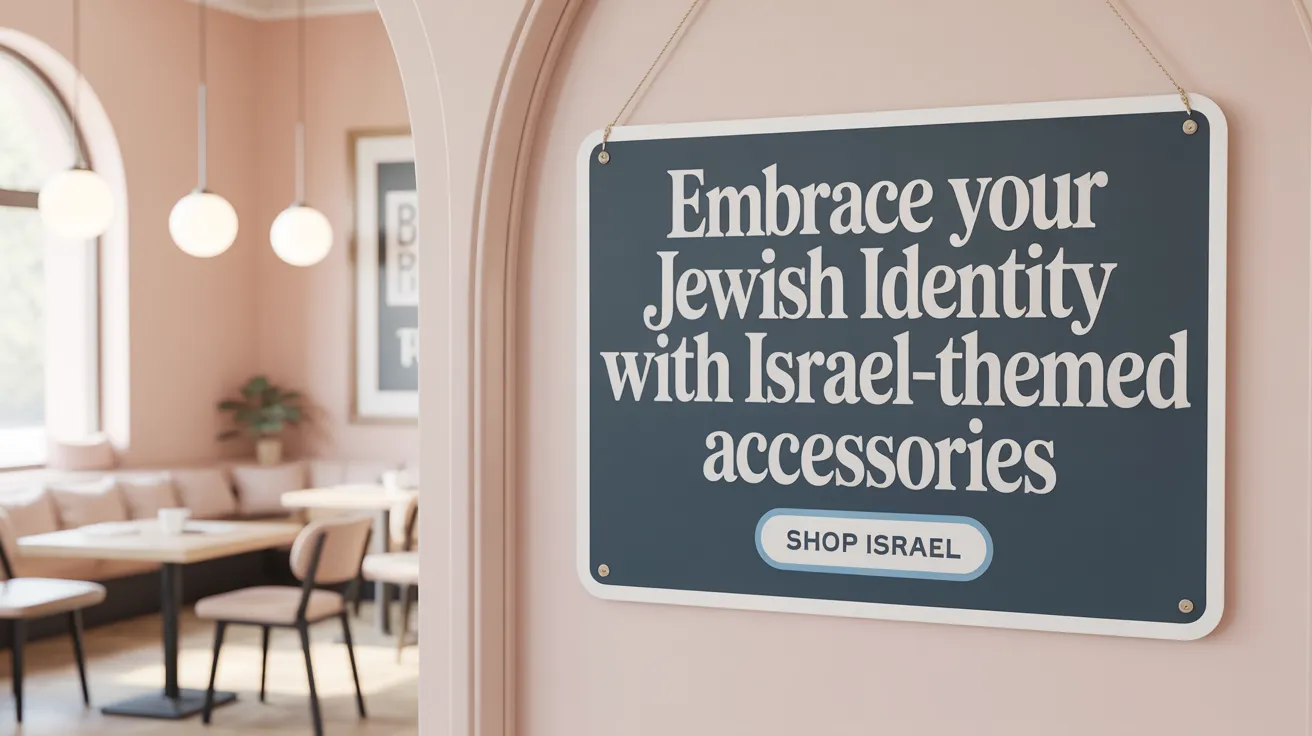
What makes Israel-themed products suitable as gifts for Jewish holidays?
Israel-themed products are highly valued as holiday gifts because they embody cultural, historical, and religious meanings that resonate deeply during celebrations. Many of these items, such as Judaica pieces, jewelry, and decorative home items, are crafted by Israeli artisans, showcasing authentic craftsmanship that fosters pride in Israel.
These gifts often feature symbols like the Israeli flag, iconic religious motifs, or national landmarks, making them not only beautiful but also meaningful. They are versatile enough to be personalized, suitable for various occasions like holidays, memorials, and significant milestones within Jewish life. By giving these items, individuals affirm their connection to Israel and Jewish heritage, offering a tangible expression of identity and pride.
In essence, Israel-themed products enrich holiday observances by blending tradition with contemporary expressions of faith and nationhood, making them perfect for celebrating Jewish identity across different contexts.
What is the historical and cultural significance of Israel-themed accessories in Jewish holiday celebrations?
Accessories bearing Israel-themed symbols possess profound historical and cultural importance in Jewish festivities. They serve as visual representations of the Jewish people's spiritual journey and enduring bond with their homeland.
Symbols like the Star of David became emblematic during the 17th century in Europe, symbolizing Jewish identity and unity. The Menorah, originating from biblical instructions, and the Shofar, used in Rosh Hashanah and Yom Kippur, highlight the deep religious roots of these accessories.
Additional motifs like pomegranates symbolize commandments and fertility, linking ancient traditions with modern observance. Incorporating these symbols into accessories during holidays reinforces cultural continuity, especially among Jews dispersed worldwide. They act as carry-overs from history, helping preserve collective memory and heritage.
Furthermore, contemporary adaptations of these symbols express both religious devotion and national pride, strengthening the connection between Jewish communities and the land of Israel. These accessories thus serve as meaningful markers of faith, history, and identity, uniting generations in shared cultural celebration.
Personalized and Luxury Judaica: Elevating the Holiday Experience
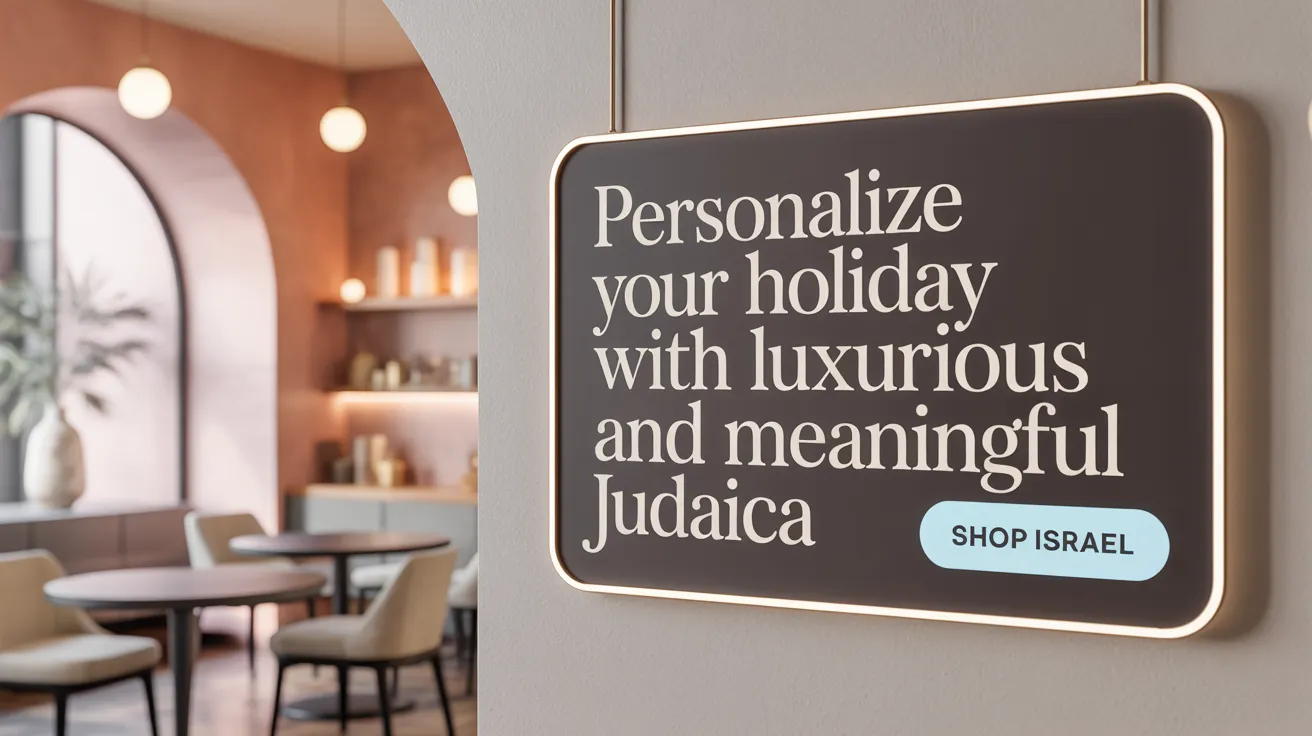
Personalized and luxury Judaica items significantly enhance the way Jewish holidays are celebrated by adding a personal touch that resonates deeply with tradition and individual identity.
These finely crafted objects, such as engraved Kiddush cups, custom Seder plates, and jewelry, are not only functional but also serve as treasured heirlooms. Their high-quality craftsmanship ensures durability and a lasting legacy, turning each gift into a memorable keepsake enjoyed for generations.
Artistic motifs inspired by Israeli culture and natural symbols are often incorporated into these items. Designs featuring symbols like the menorah, pomegranates, or olive branches reflect Jewish heritage and the vibrant spirit of Israel, enriching the spiritual and aesthetic experience.
Gifts that are personalized with Hebrew engravings or custom artwork show thoughtfulness and a deep respect for tradition. They serve as meaningful tokens that honor the recipient's faith and personality, making holiday celebrations more special.
Overall, such gifts deepen the connection to Jewish heritage, reinforce identity, and elevate the holiday atmosphere. They transform simple observances into profound expressions of tradition, beauty, and personal significance.
| Aspect | Description | Additional Details |
|---|---|---|
| Personalization | Engravings, custom designs on Judaica | Adds sentimental value and uniqueness |
| Craftsmanship | Heirloom quality, handcrafted items | Ensures durability and beauty |
| Artistic Elements | Israeli cultural motifs, natural symbols | Enhances aesthetic appeal |
| Benefits | Deepen tradition, reinforce identity, elevate celebration | Creates lasting memories |
When choosing personalized luxury Judaica, it is important to consider both craftsmanship and design. This ensures that each piece is not only beautiful but also meaningful, reflecting the rich cultural and spiritual heritage of Judaism.
Creative Ideas to Celebrate Jewish Holidays with Israel Accessories
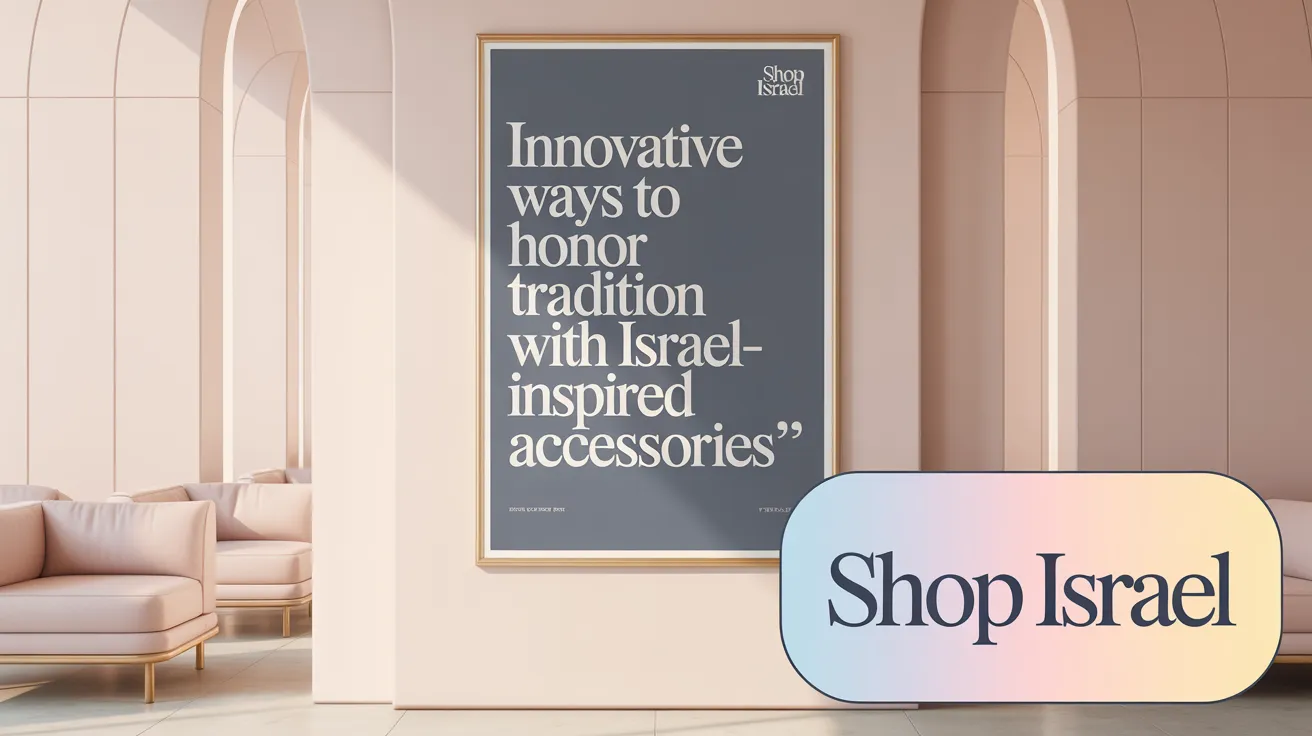
What is the origin of the Mimouna celebration?
The exact origins of Mimouna remain unclear. It is believed to have pagan roots and is not mandated by biblical or rabbinical texts. This holiday is primarily celebrated by Moroccan Jews and stems from local traditions associated with the end of Passover.
How was Mimouna traditionally celebrated?
Historically, Mimouna involved visiting orchards and blessing trees, reciting passages from Jewish texts, and participating in community feasts featuring symbolic foods. Rituals during this festival often recognized the crossing of the Red Sea, linking the celebration to biblical history.
What symbols are associated with Mimouna?
The Mimouna table is rich with symbolism. It features items like a live fish, five fava beans, five dates, jewelry, and other objects symbolizing bounty, fertility, luck, blessings, and joy. These elements reflect hopes for prosperity and protection.
How is Mimouna celebrated today?
In modern Israel, Mimouna is marked by public celebrations, including outdoor parties and picnics in cities like Jerusalem, where it receives official recognition and support. The holiday has also become a platform for promoting Moroccan Jewish culture and fostering coexistence with Arab communities.
How does Mimouna promote cultural identity and harmony?
The festival’s evolving nature emphasizes the preservation of Moroccan Jewish traditions and encourages intercultural dialogue. It exemplifies how communal festivals can serve as bridges for cultural understanding and shared joy.
Celebrate Tradition with Heart and Heritage
Incorporating unique Israel accessories into Jewish holiday celebrations offers more than just ornamental value—it embodies the connection to Jewish history, culture, and spirituality. From diverse authentic Judaica crafted by Israeli artisans to personalized luxury gifts and symbolic decor, these items enrich traditions and create meaningful memories. Supporting Israeli artists sustains a living legacy of craftsmanship, while Israel-themed accessories reinforce a shared heritage and pride. Together, they offer inspiring ways to honor the Jewish calendar, deepen faith, and celebrate community, making every holiday moment truly special.
References
- Mimouna, a Unique Moroccan Jewish Tradition
- Jewish Holiday Gifts - Unique Judaica to Celebrate Traditions
- 7 holiday gift ideas to help support Israel
- Judaica and Jewish Symbols - Stories of Israel
- Jewish Gifts: What Every Family Should Know About These ...
- Jewish Holiday Gifts - Unique Judaica to Celebrate Traditions
- 10 Must-Have Gifts to Celebrate Israel
- Art, Impact and Community: The Jewish Artists' Lab, Eleven ...
- Why | CANVAS
